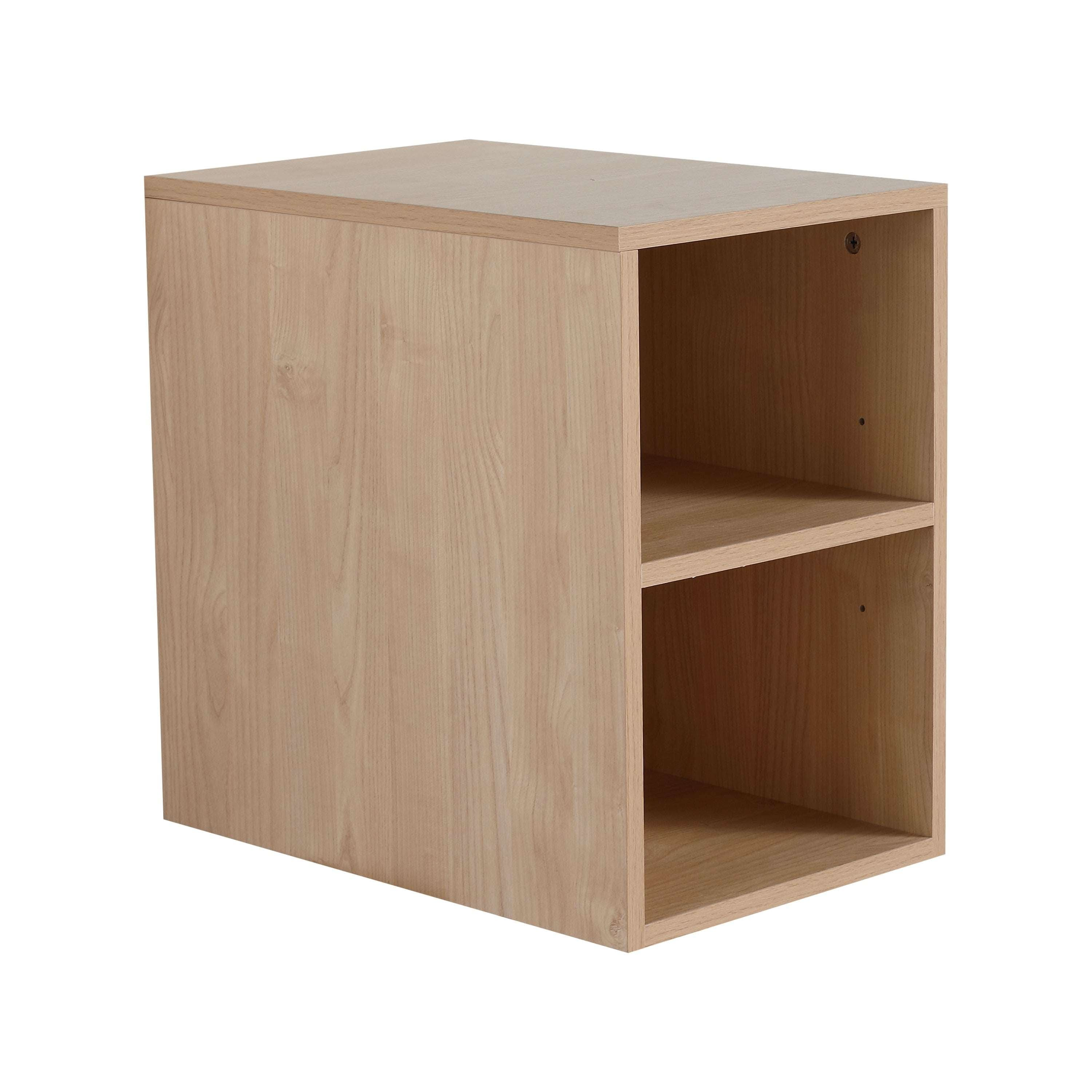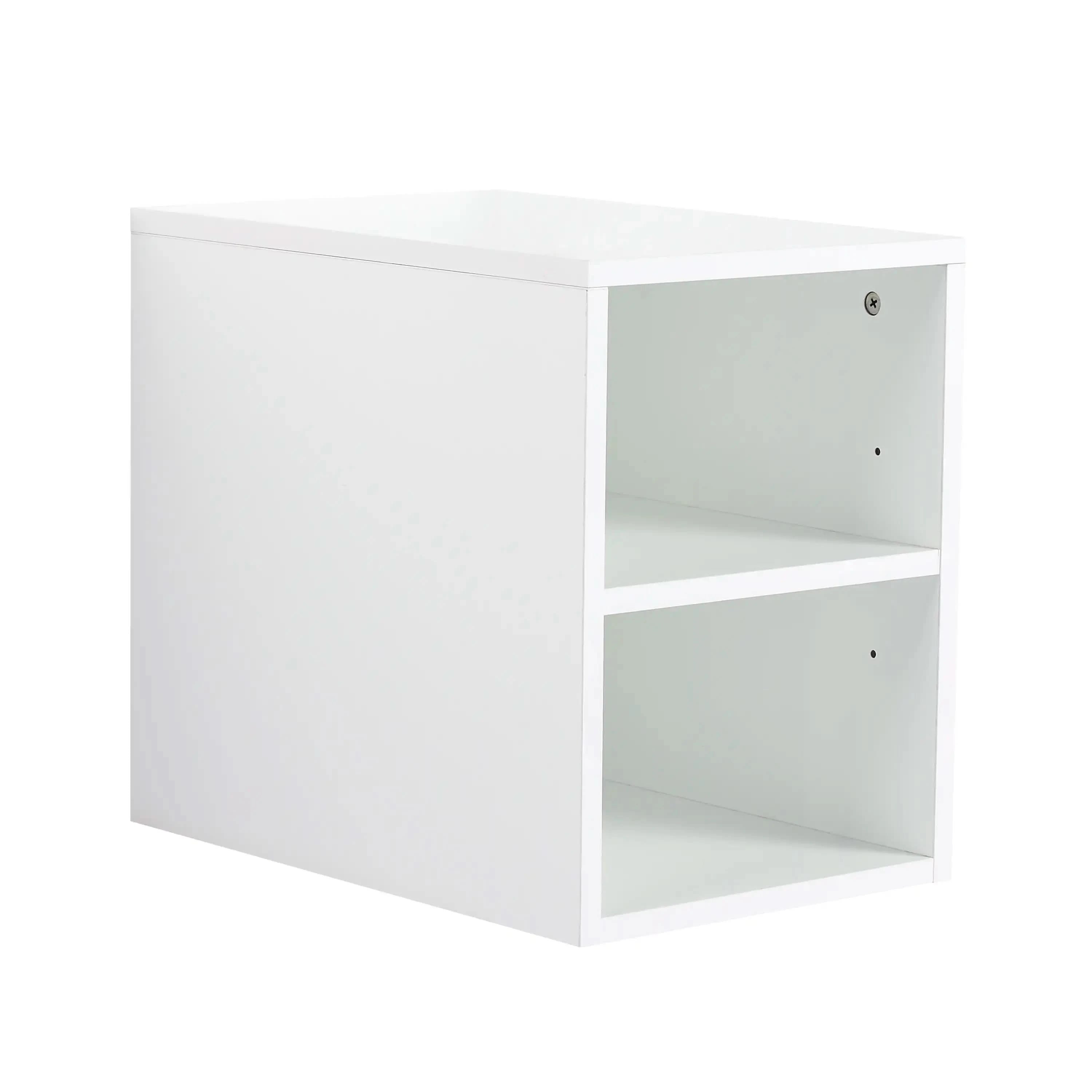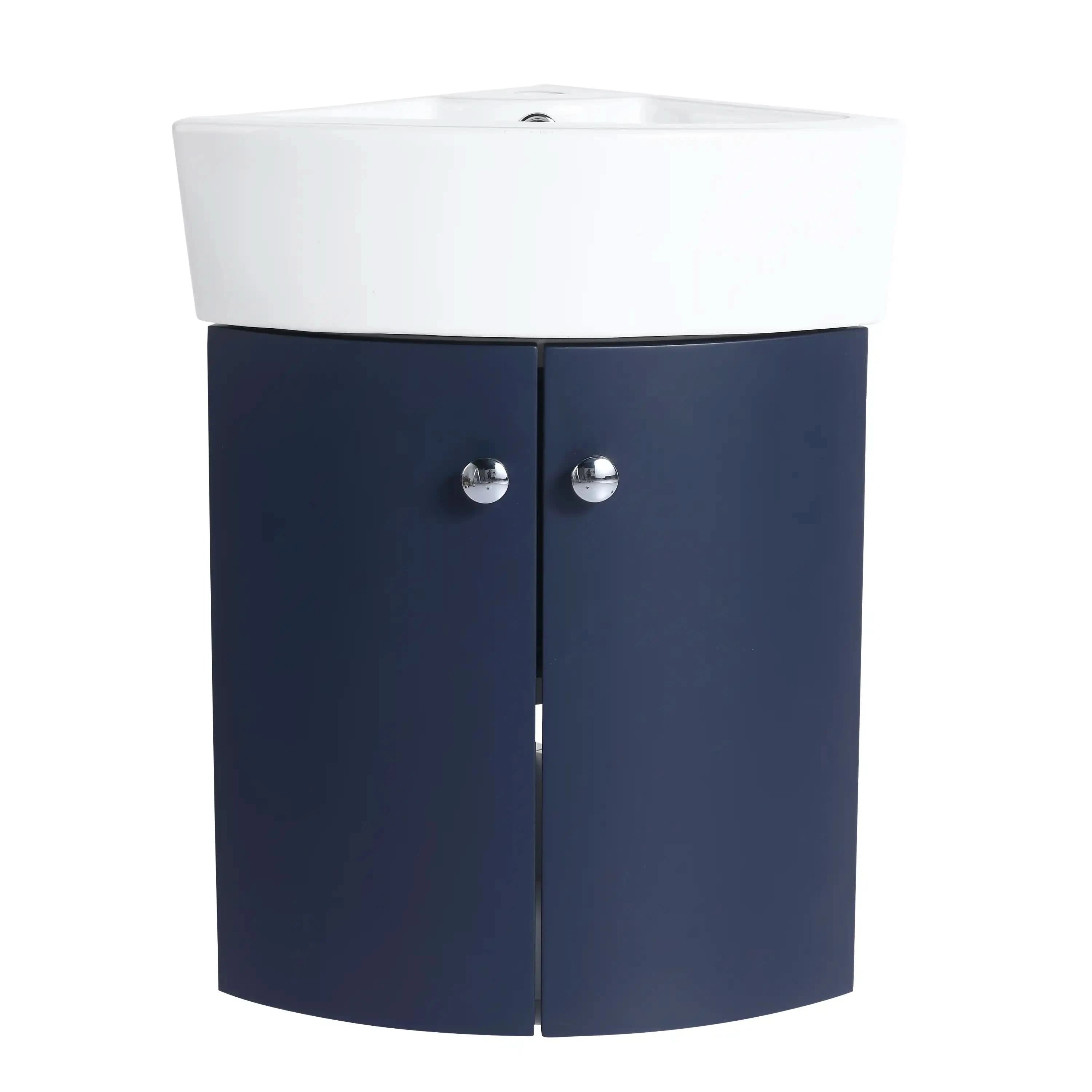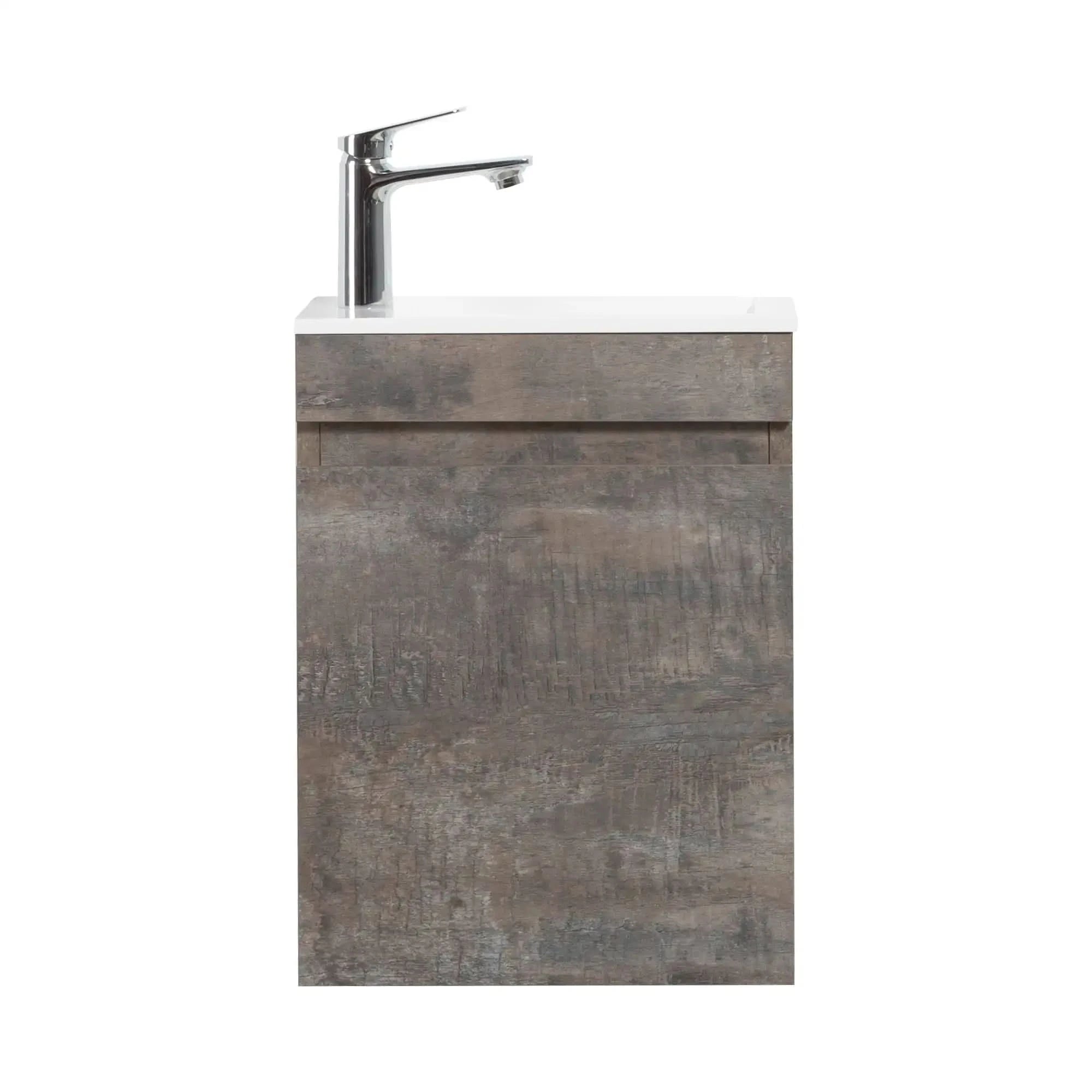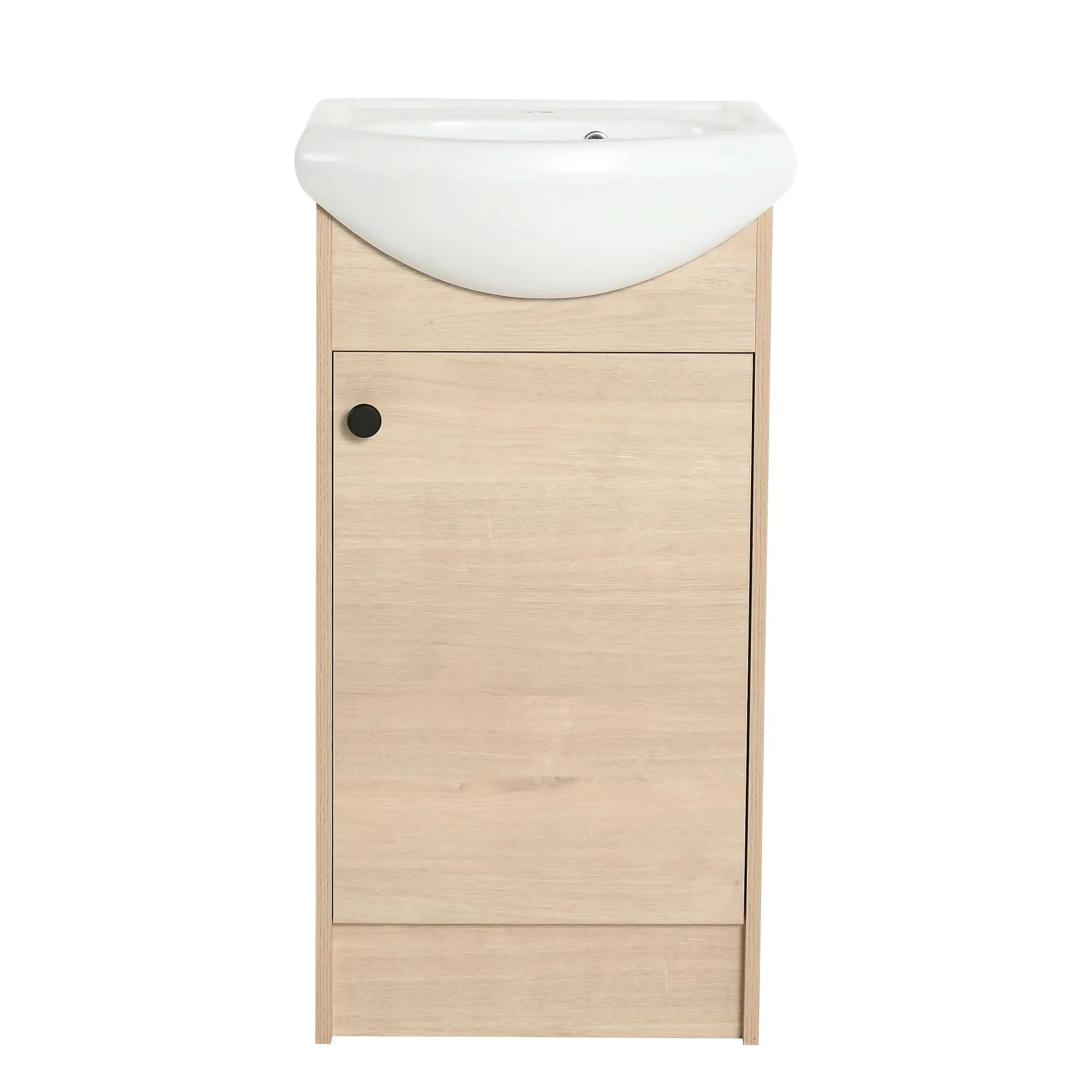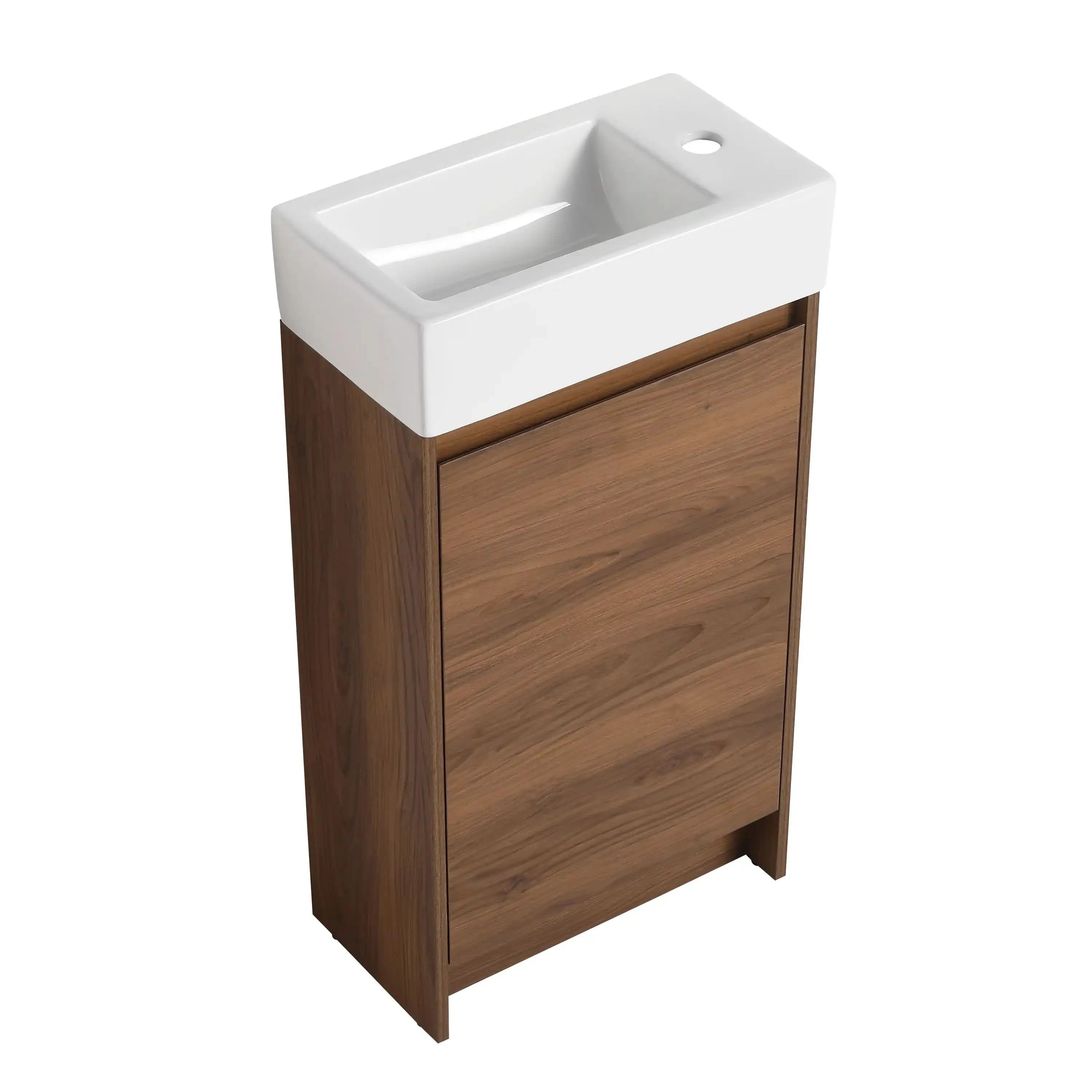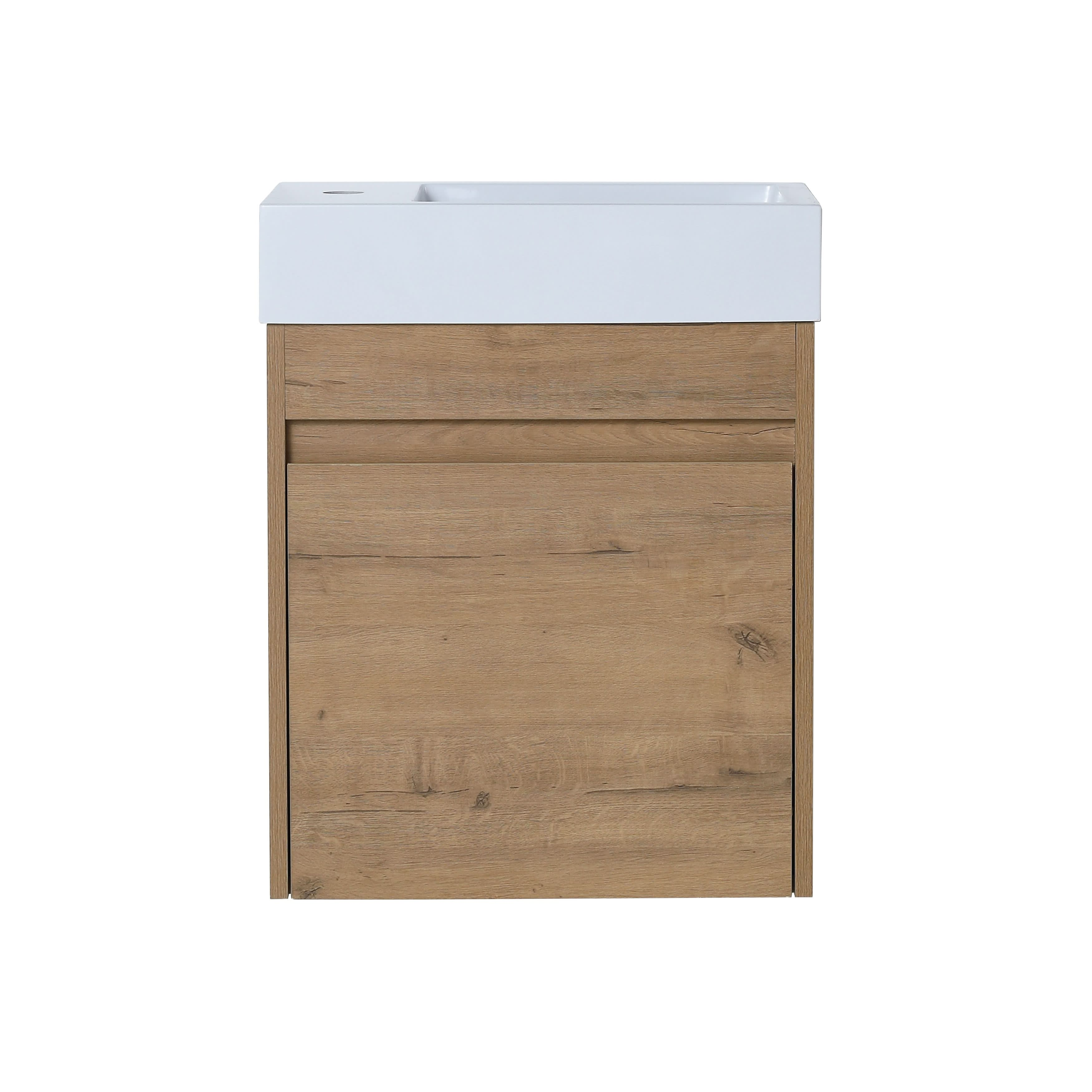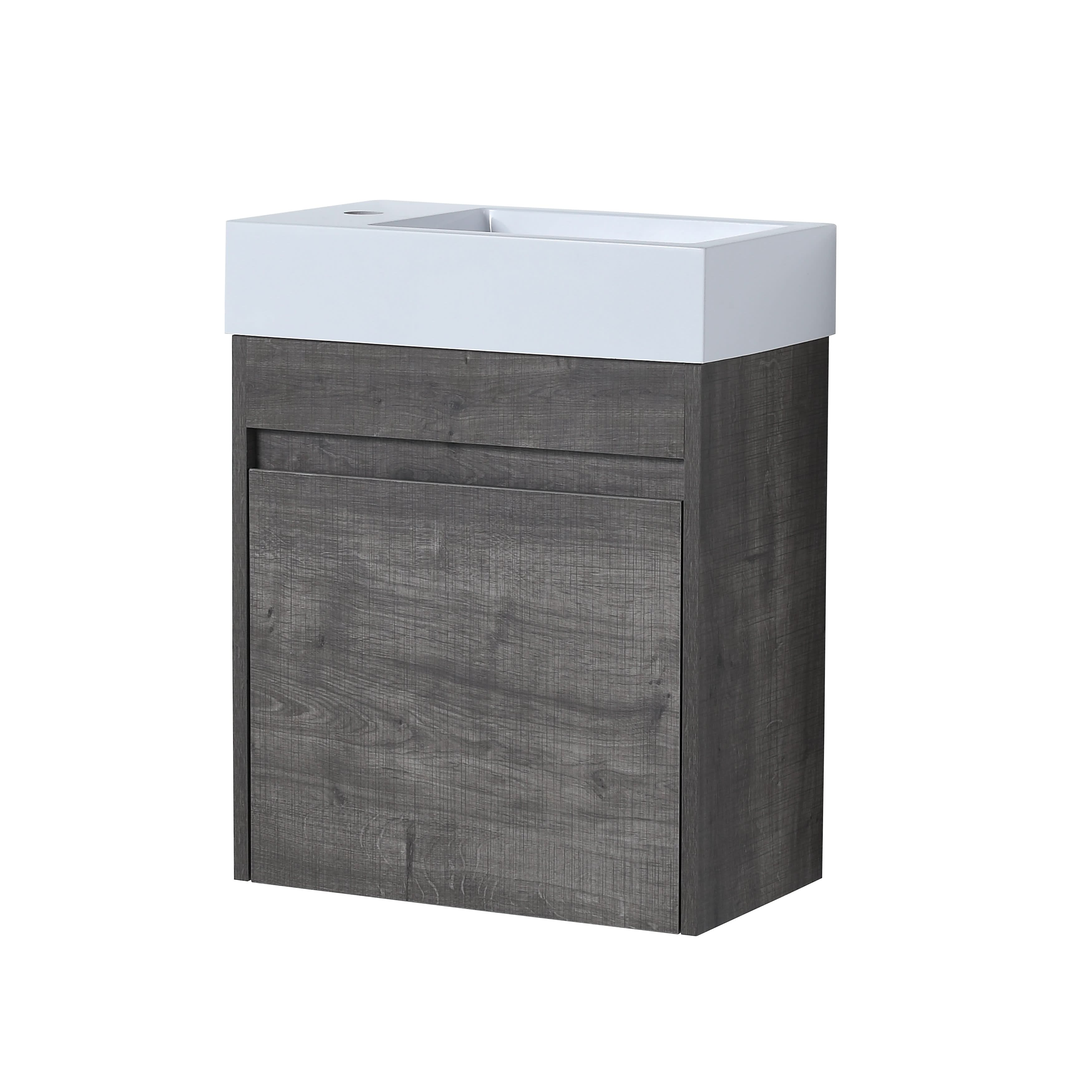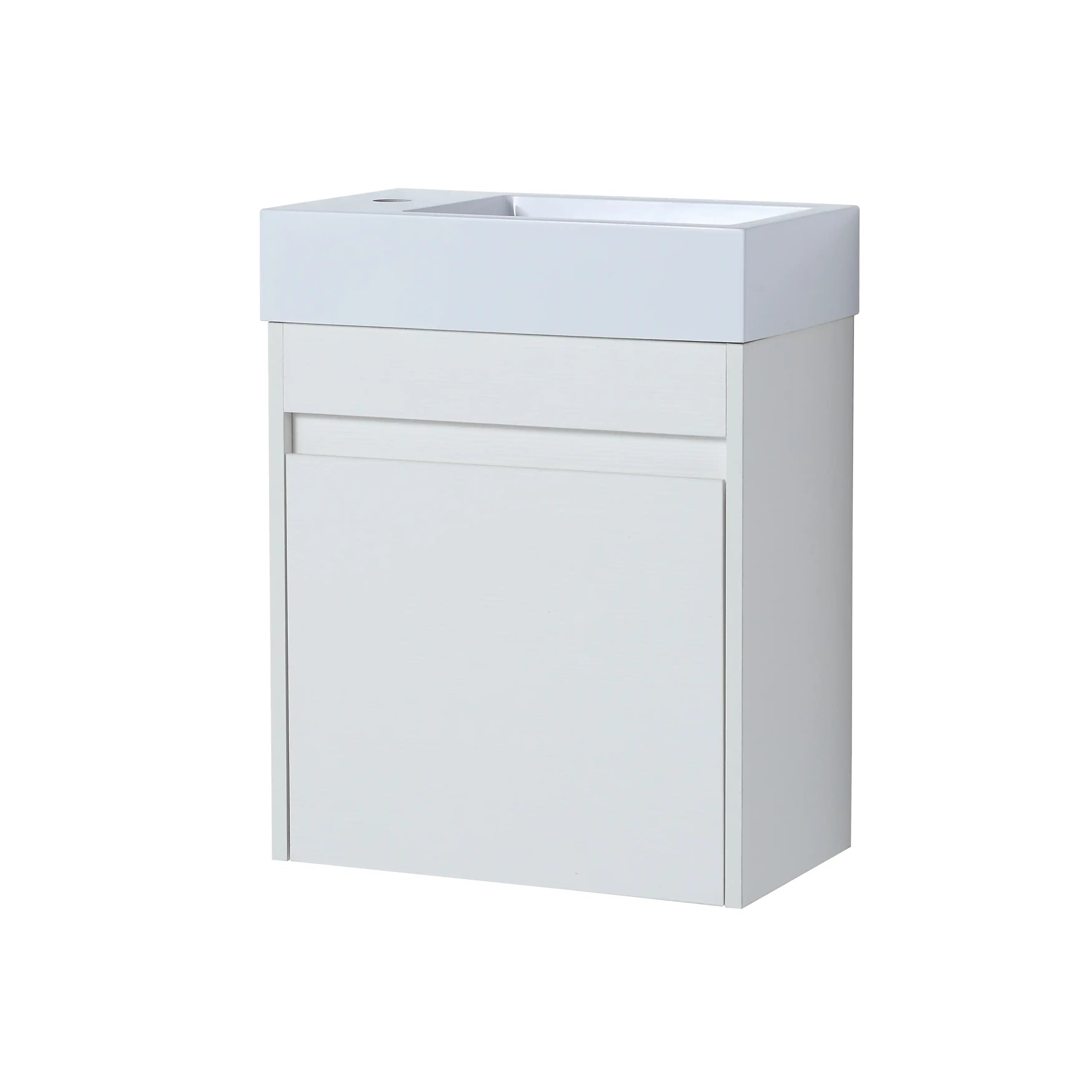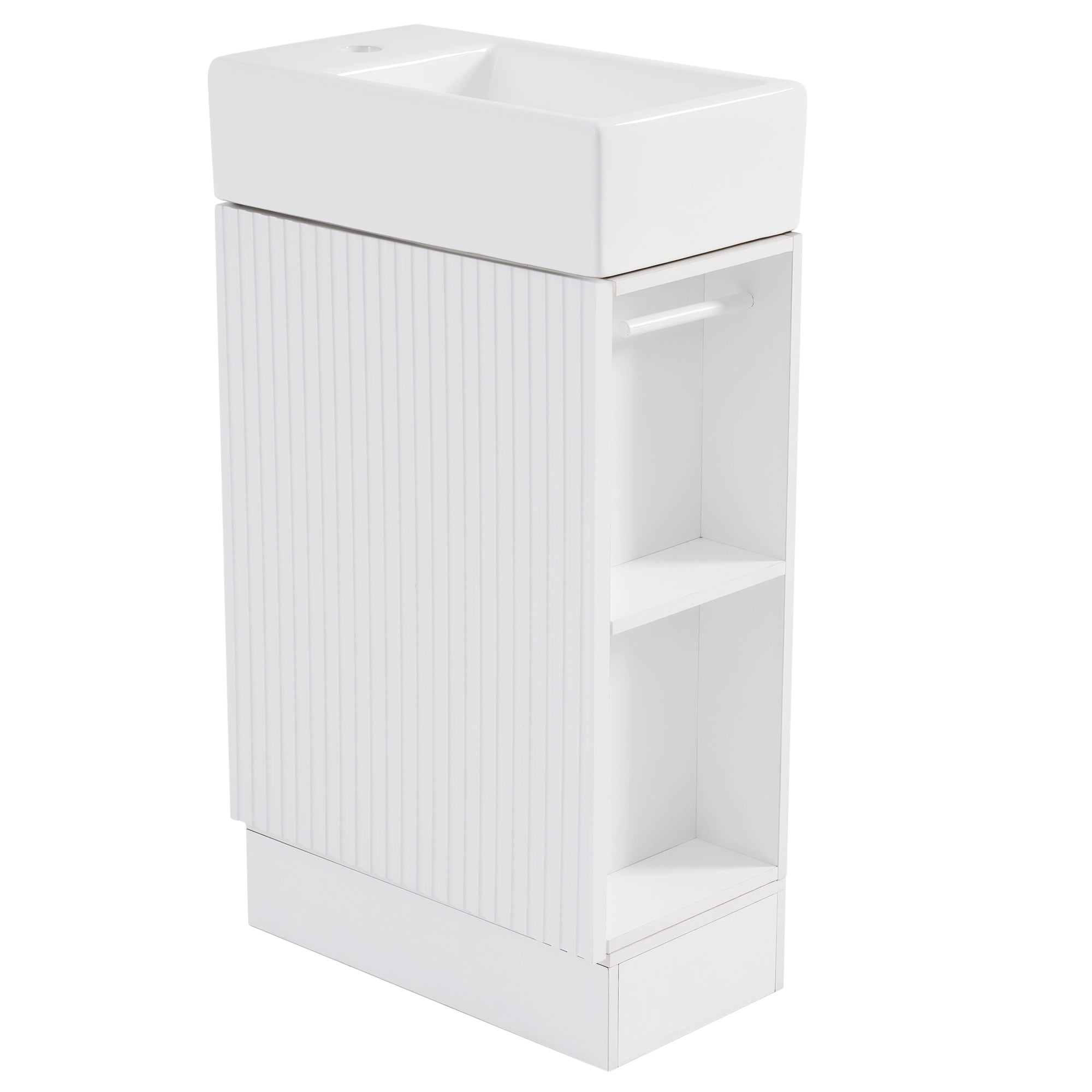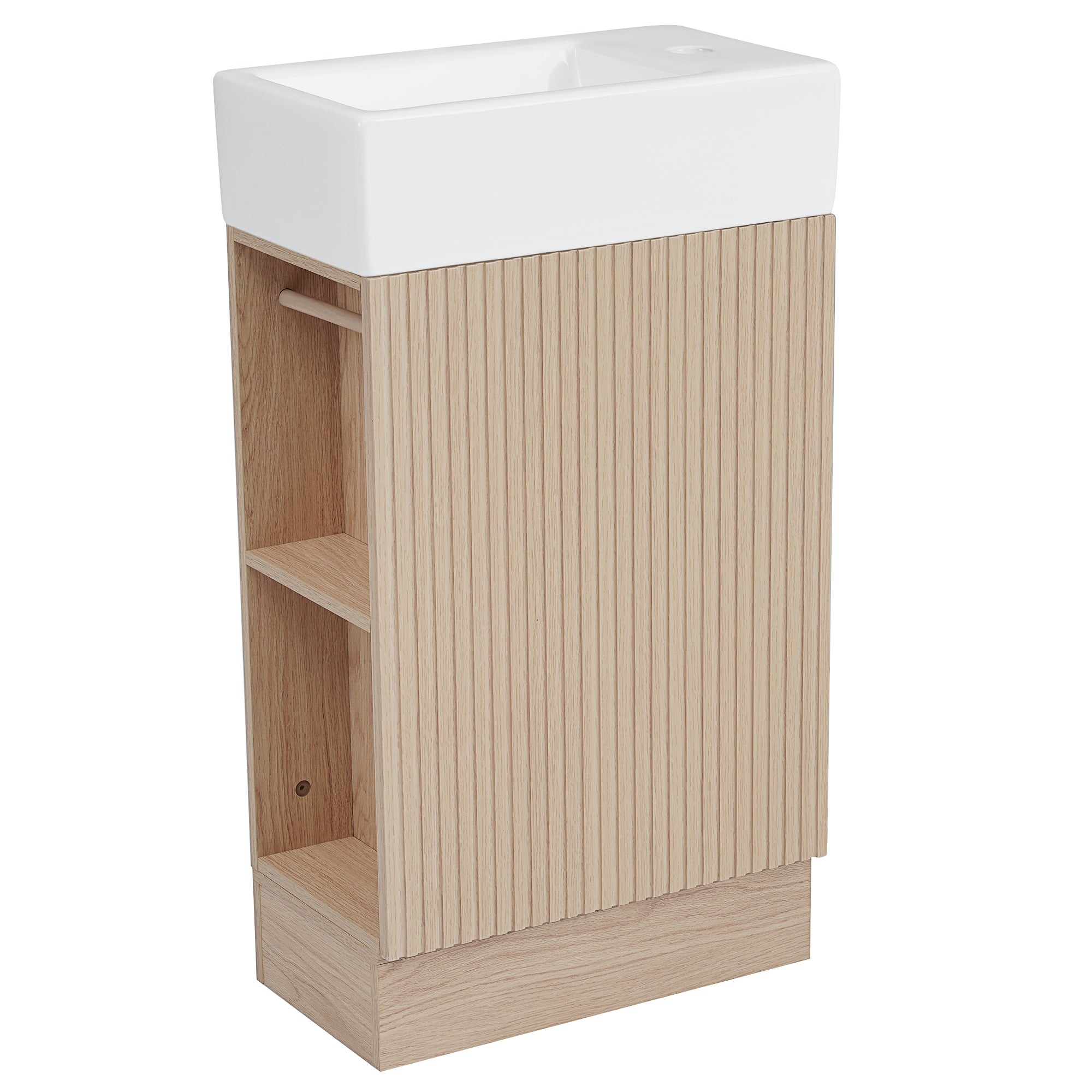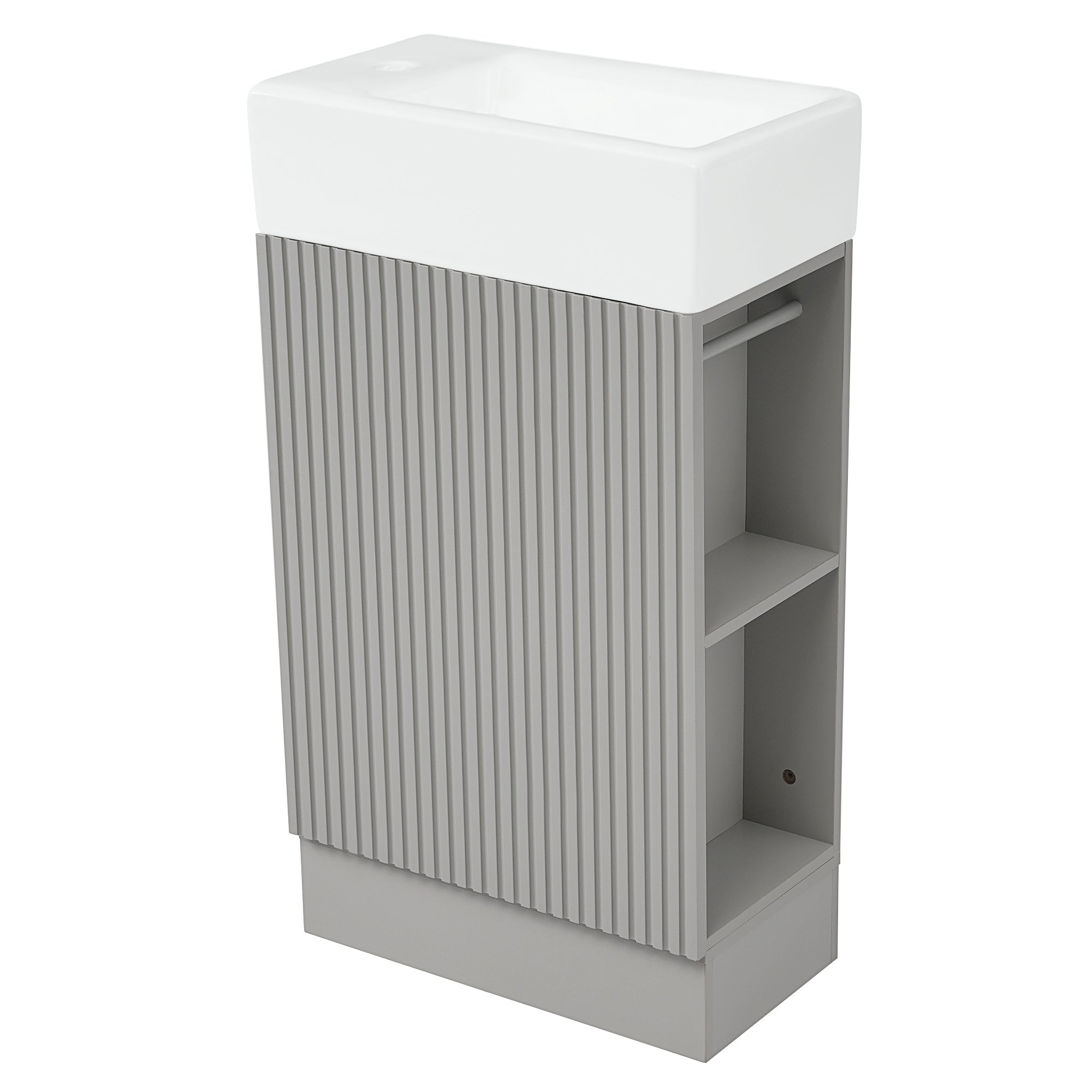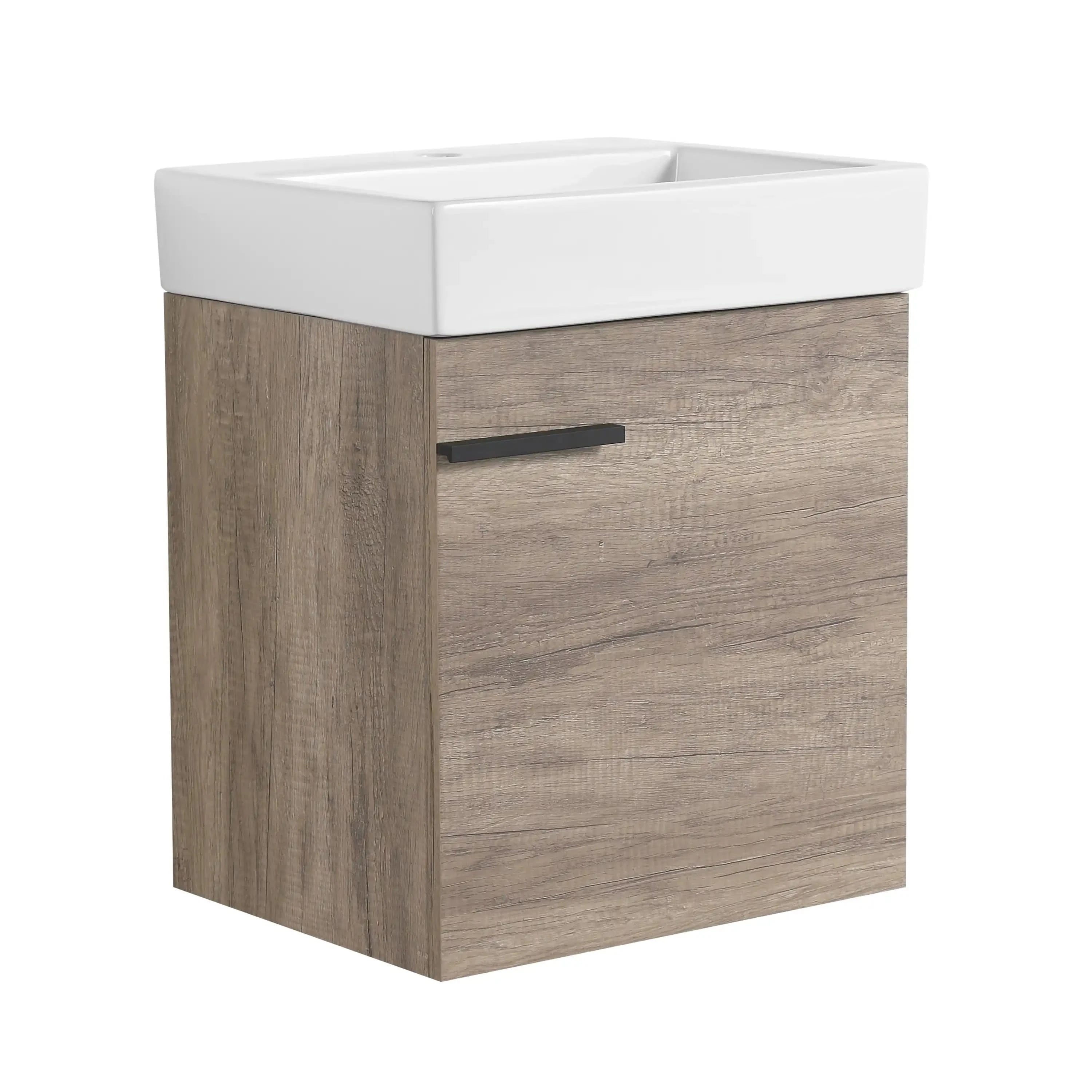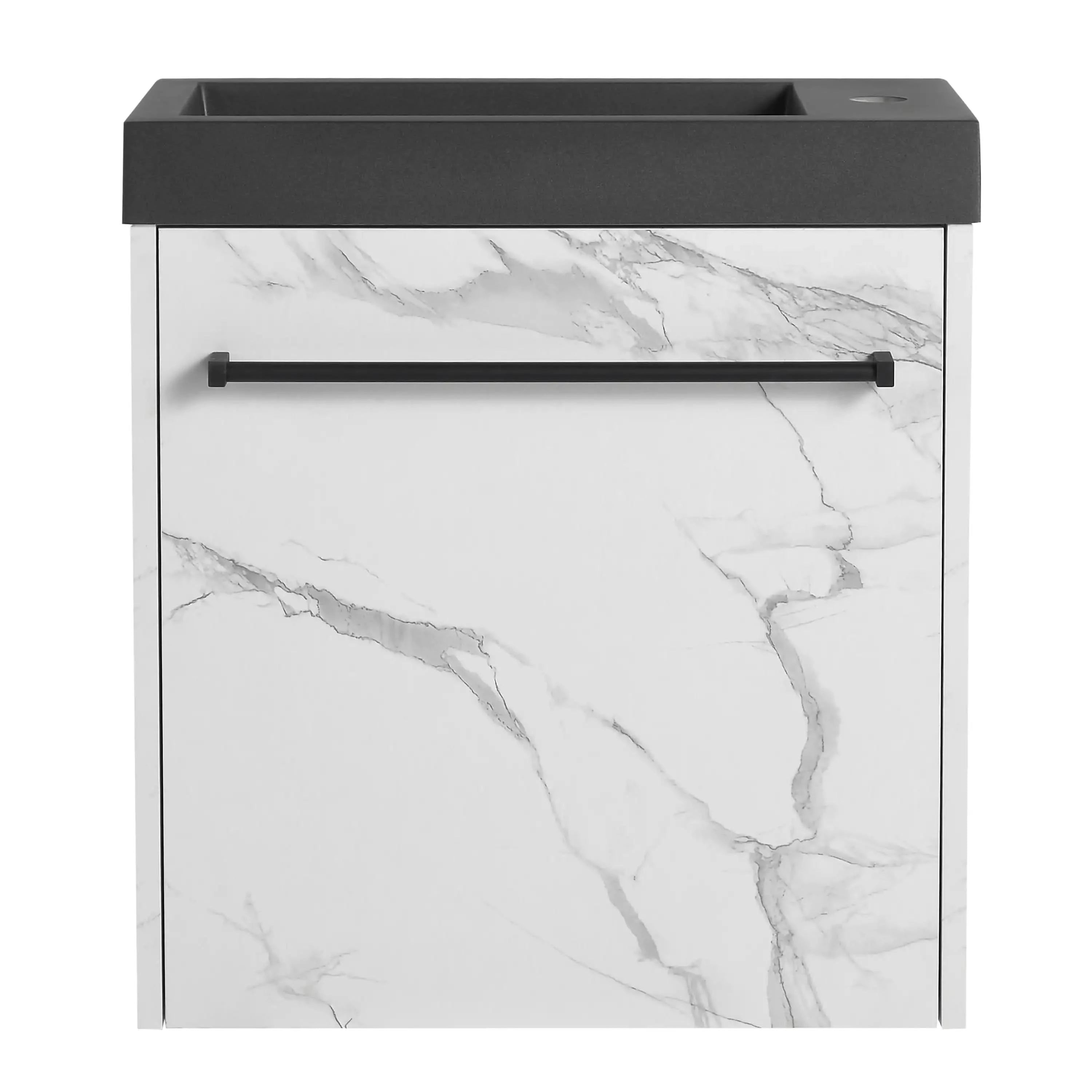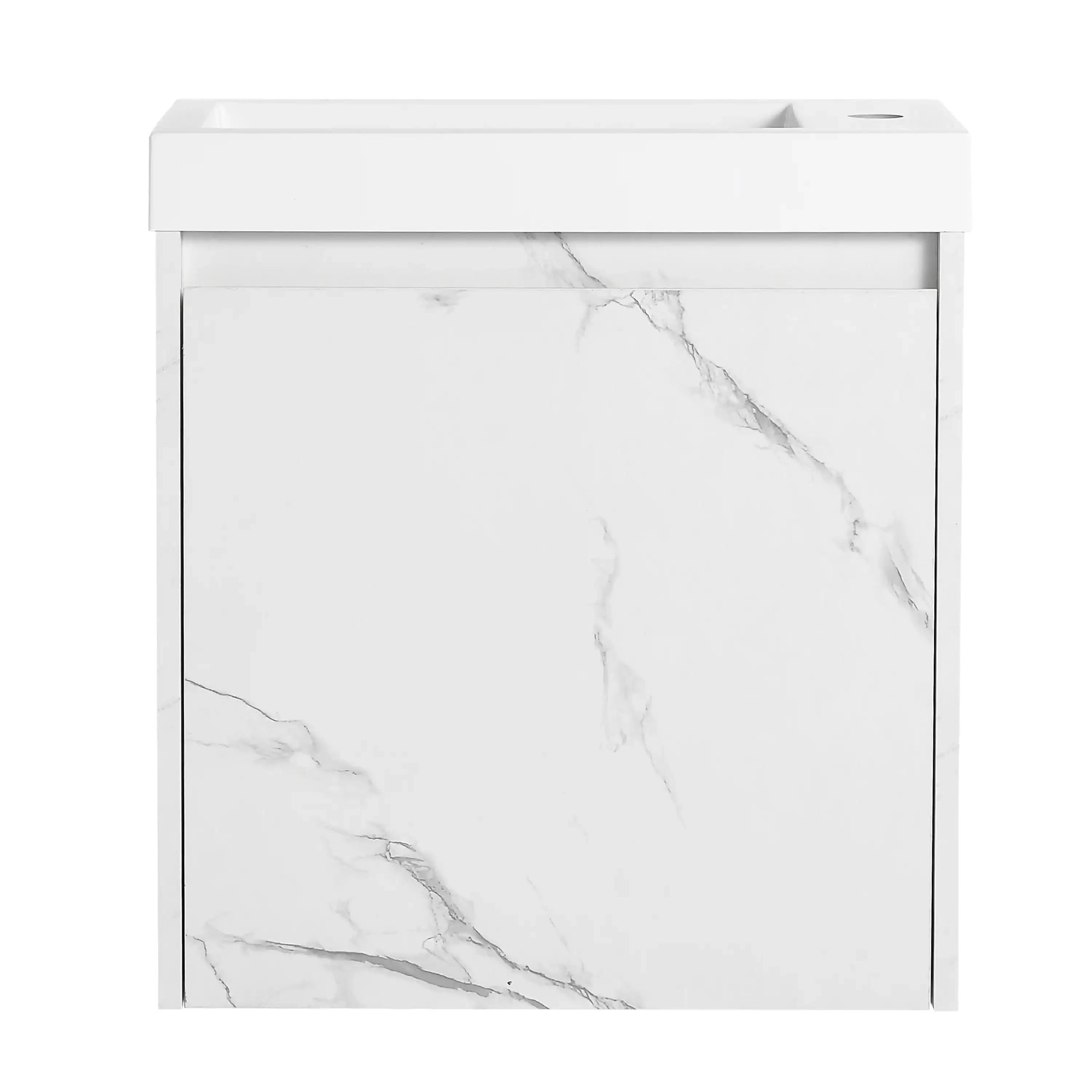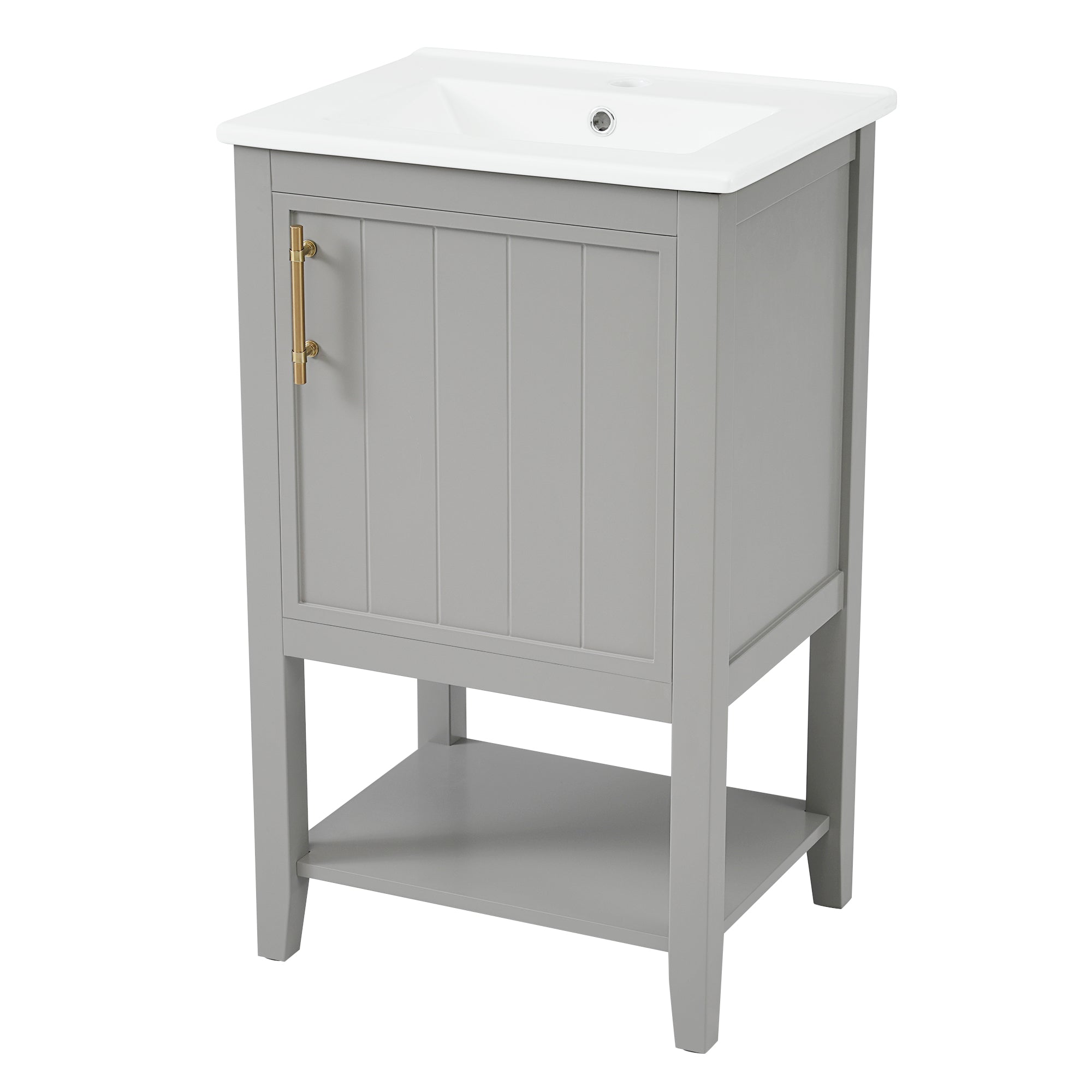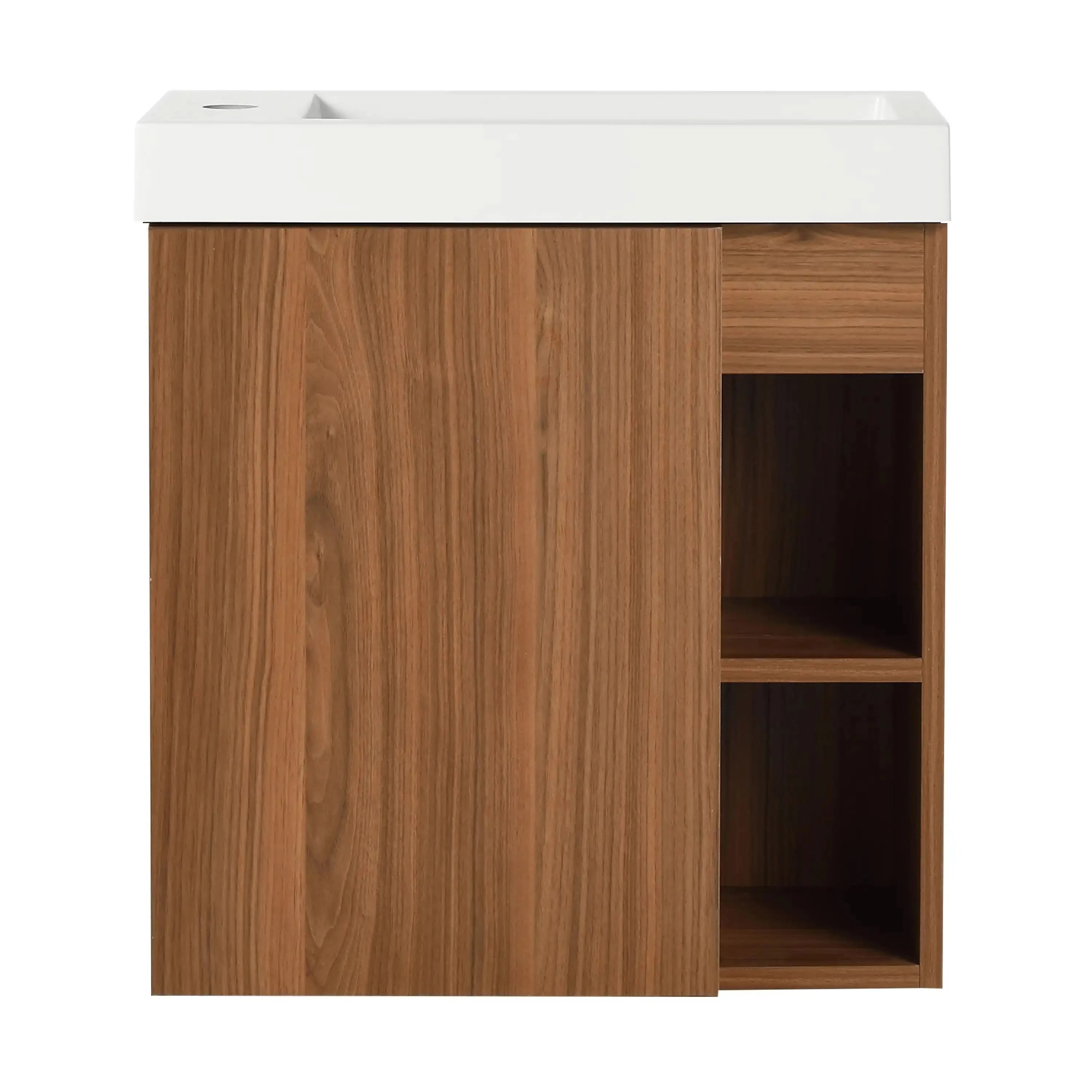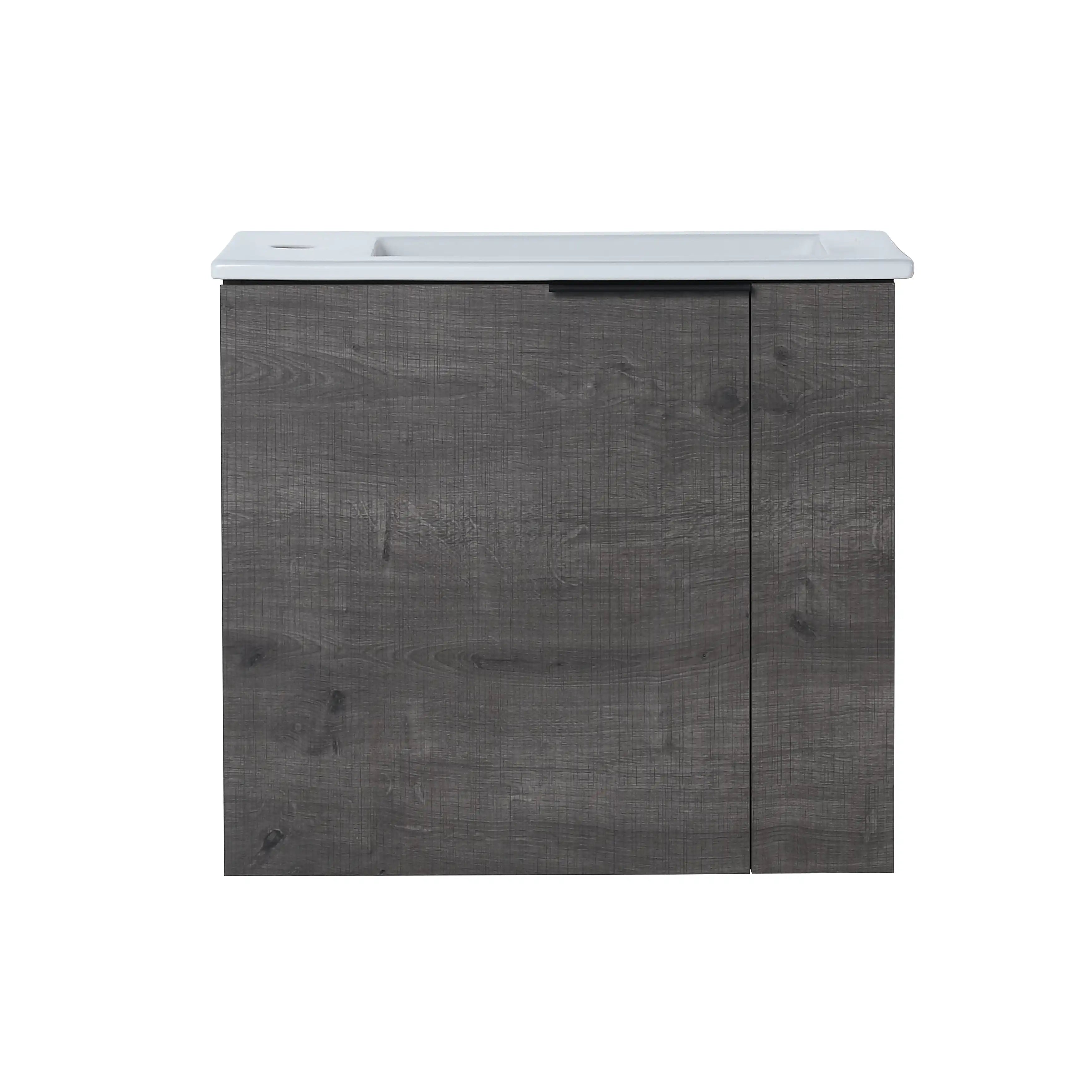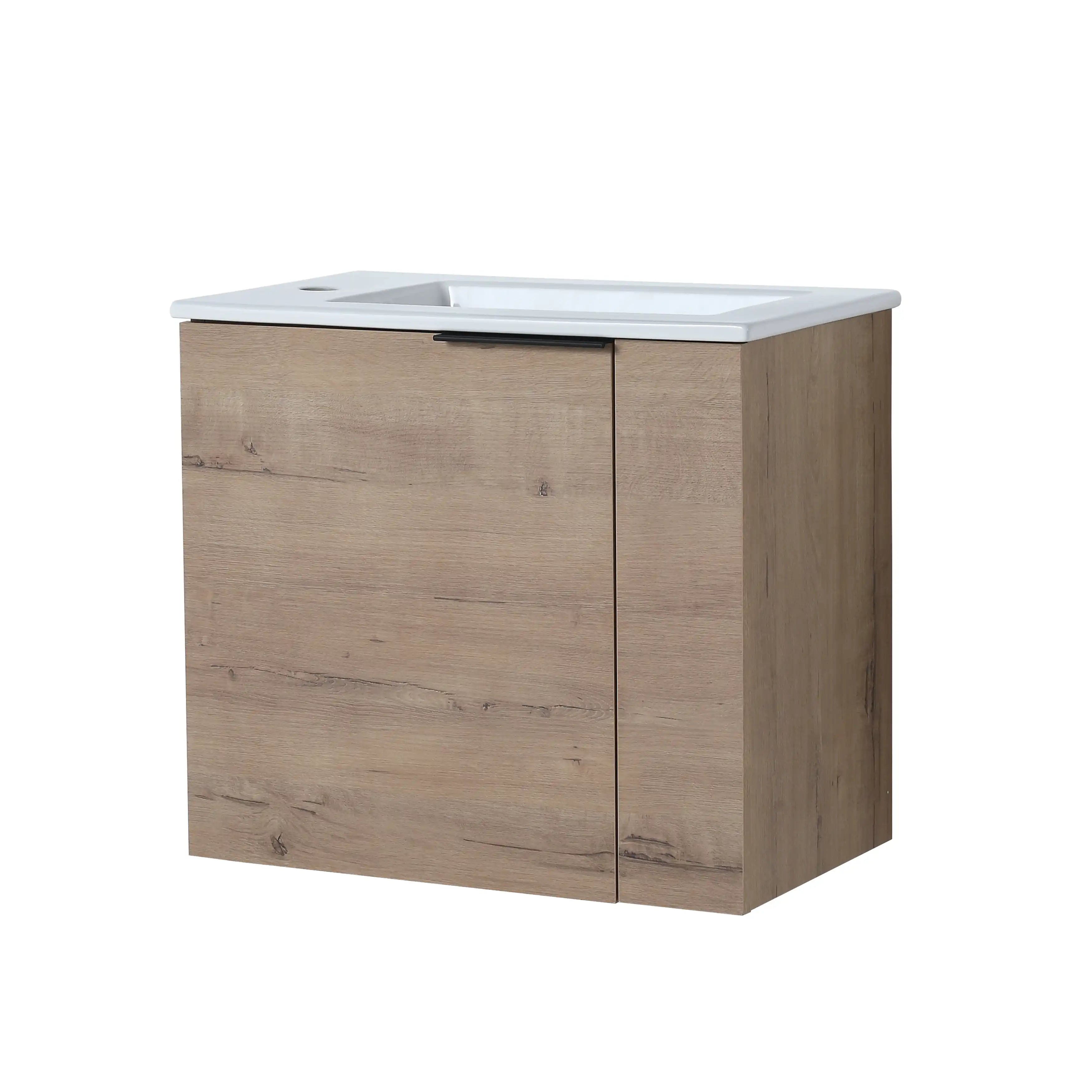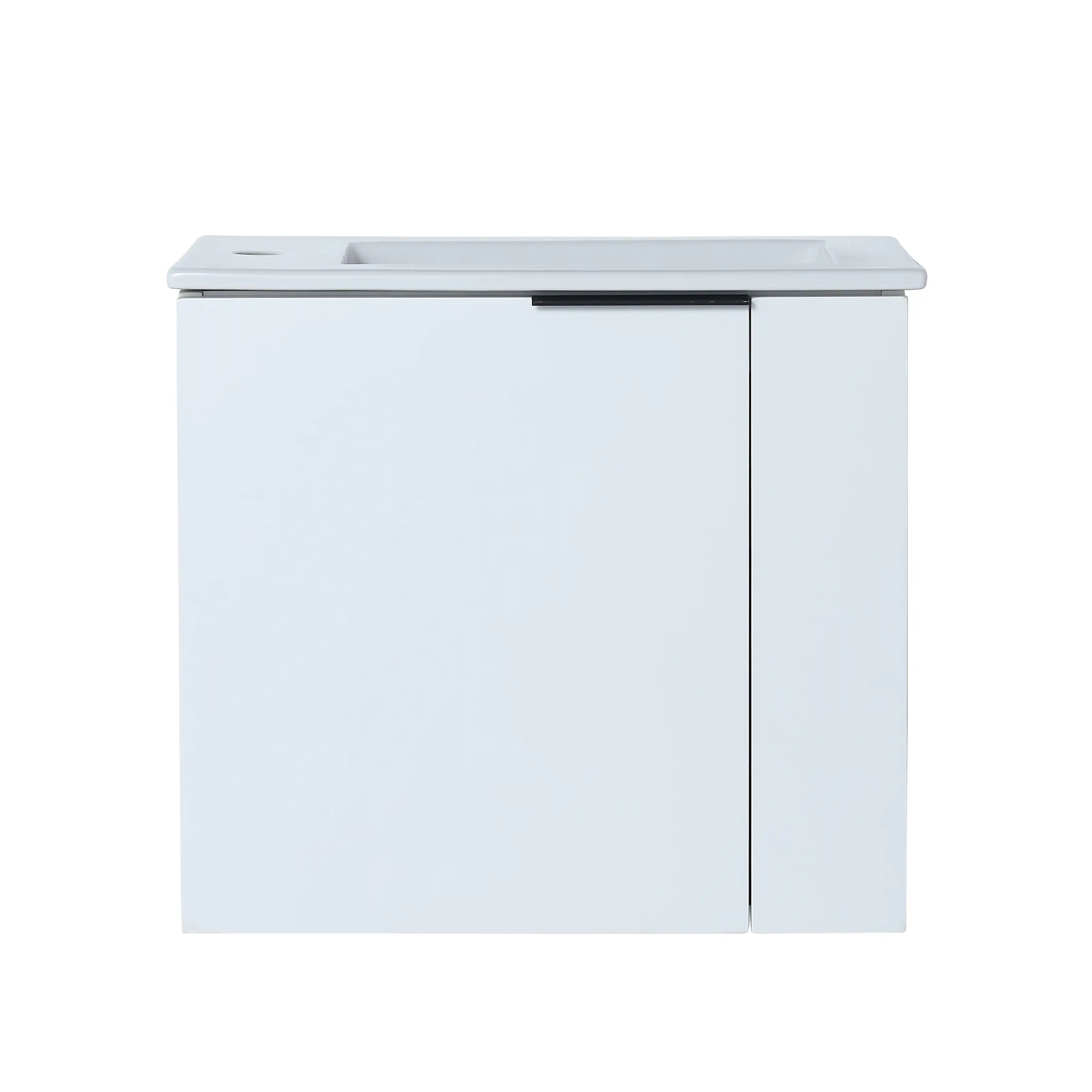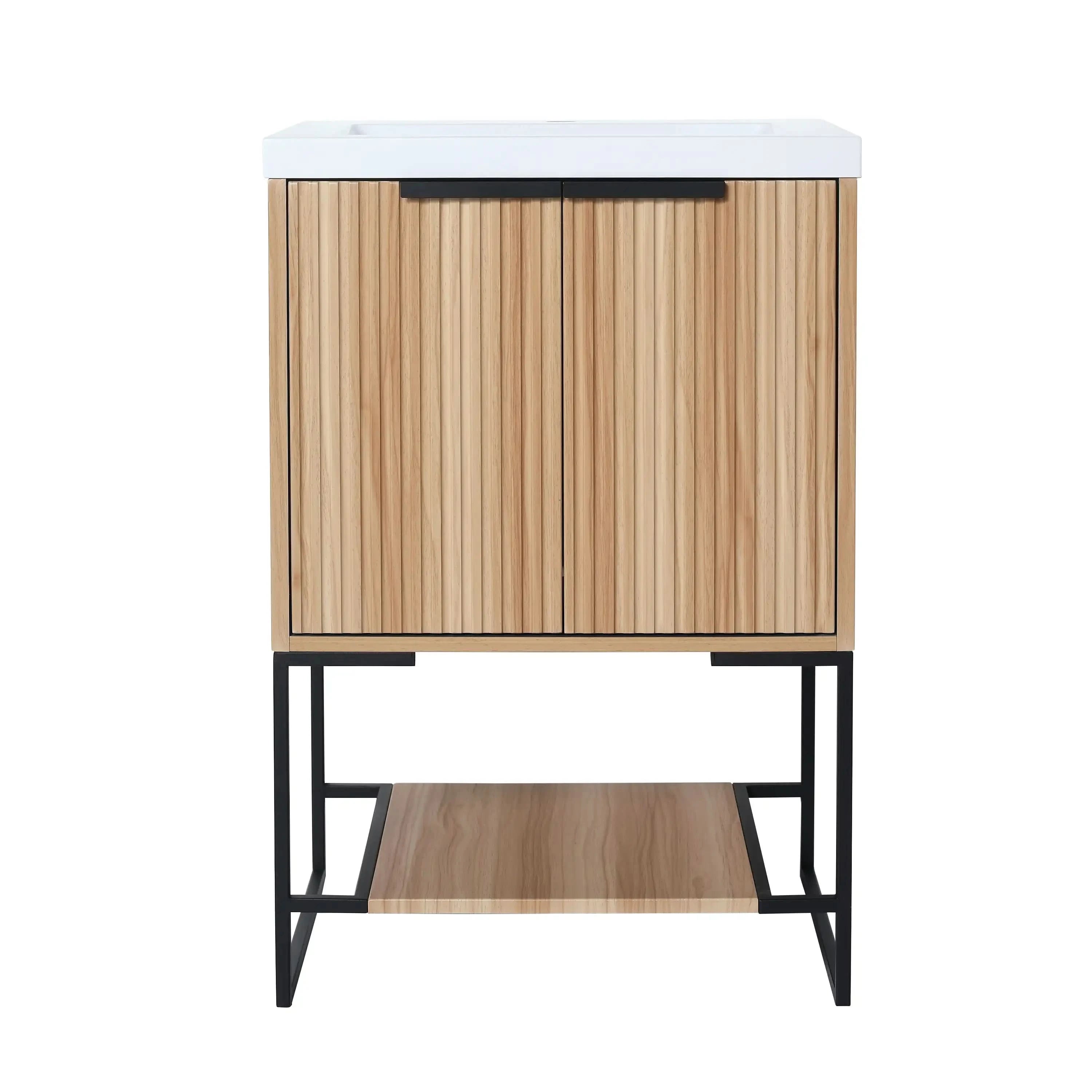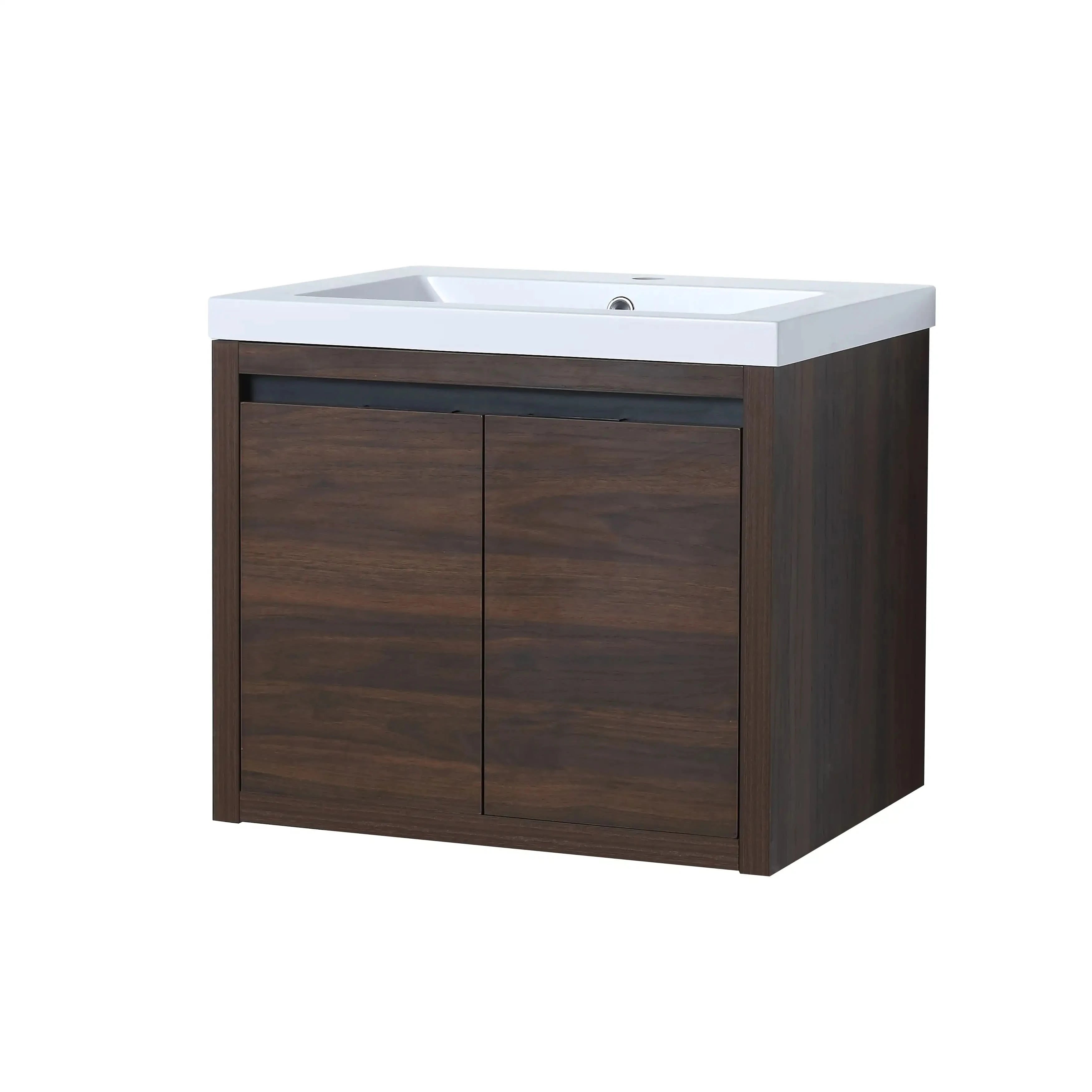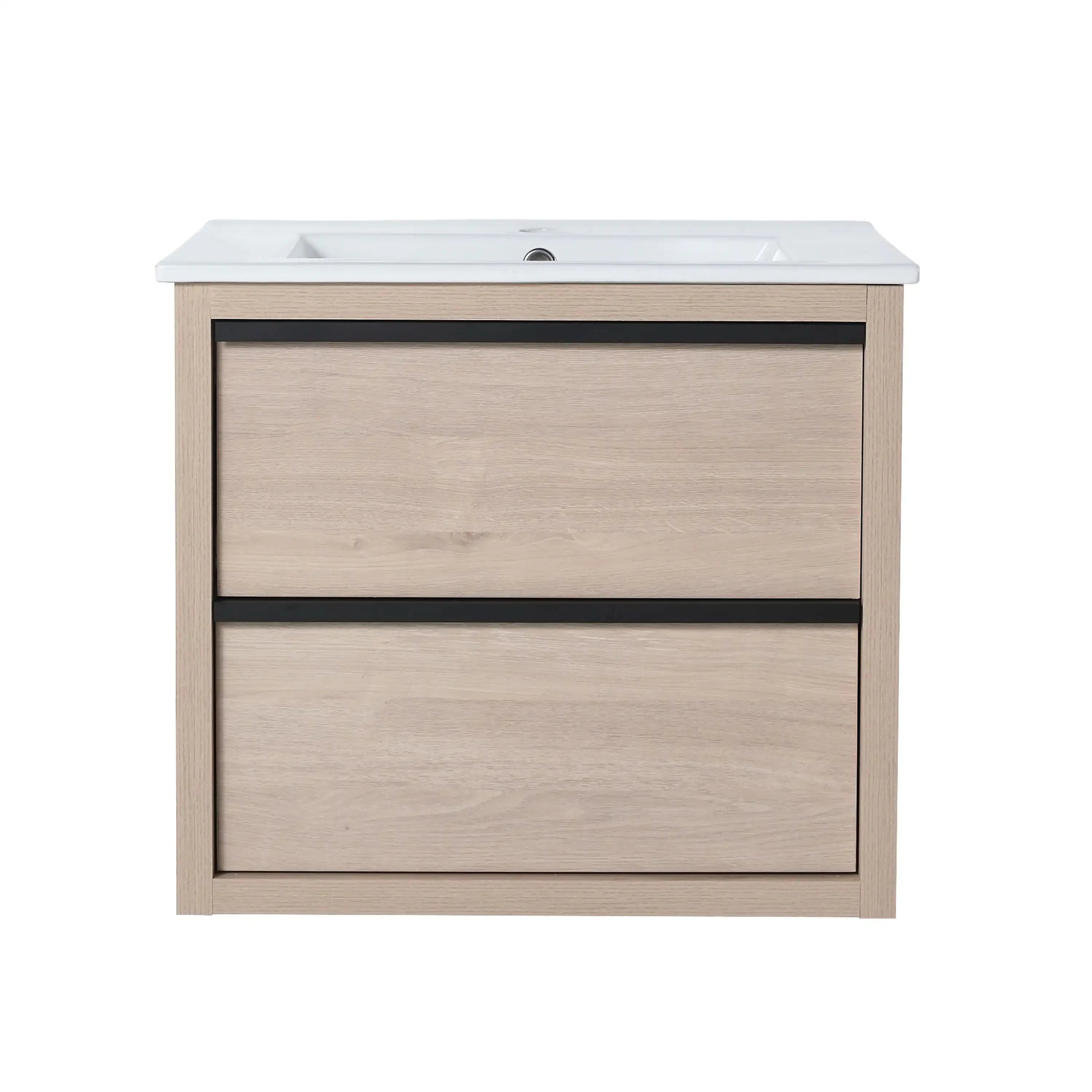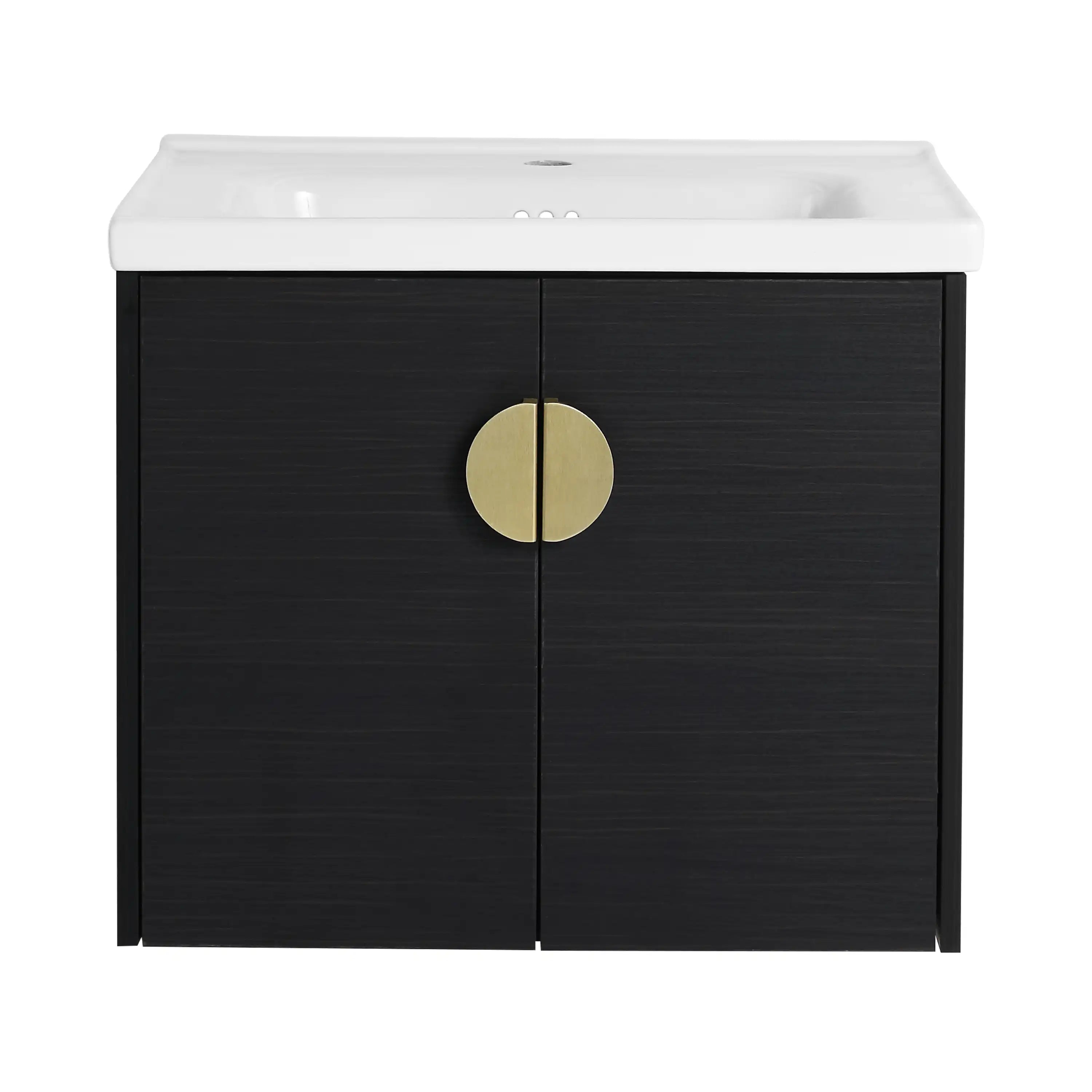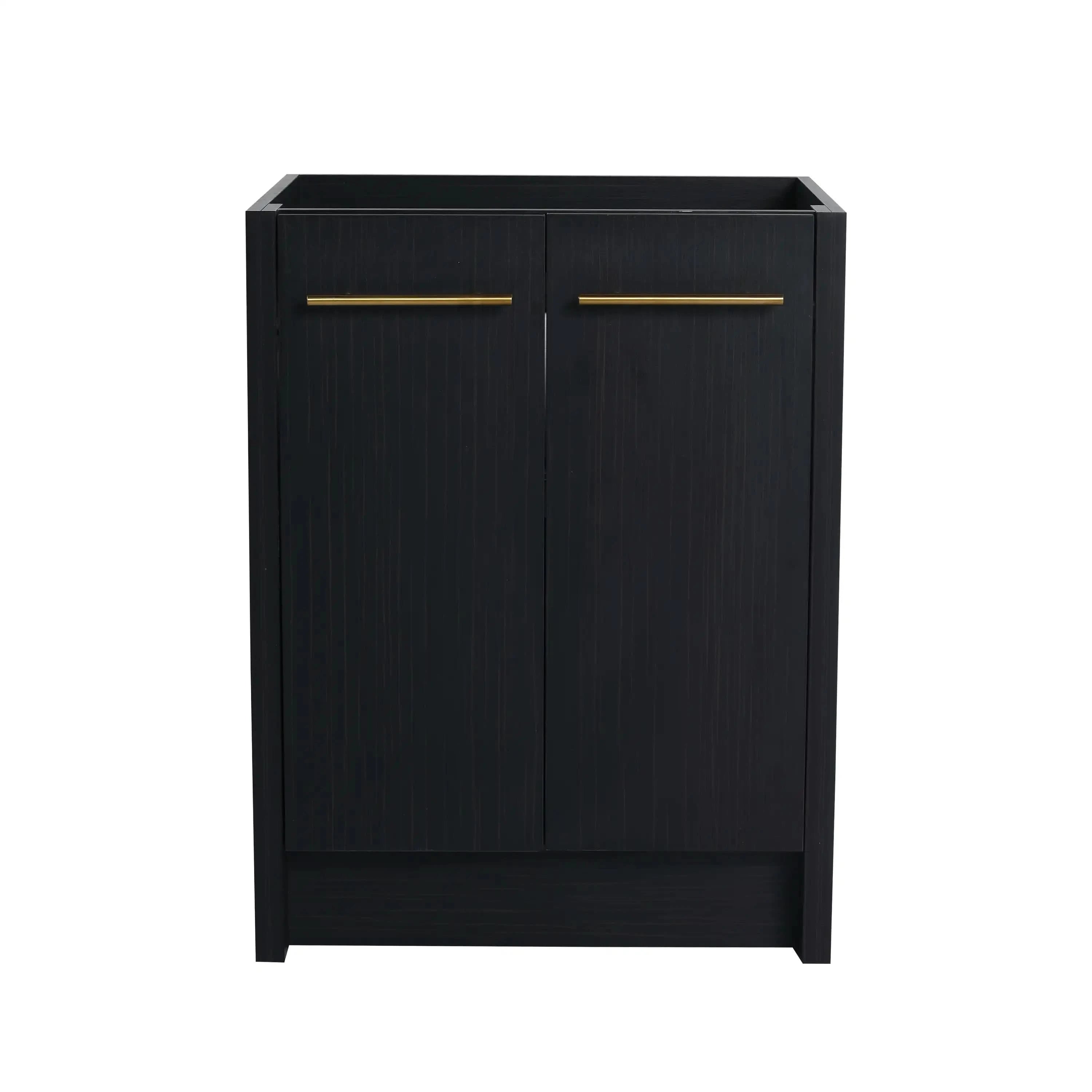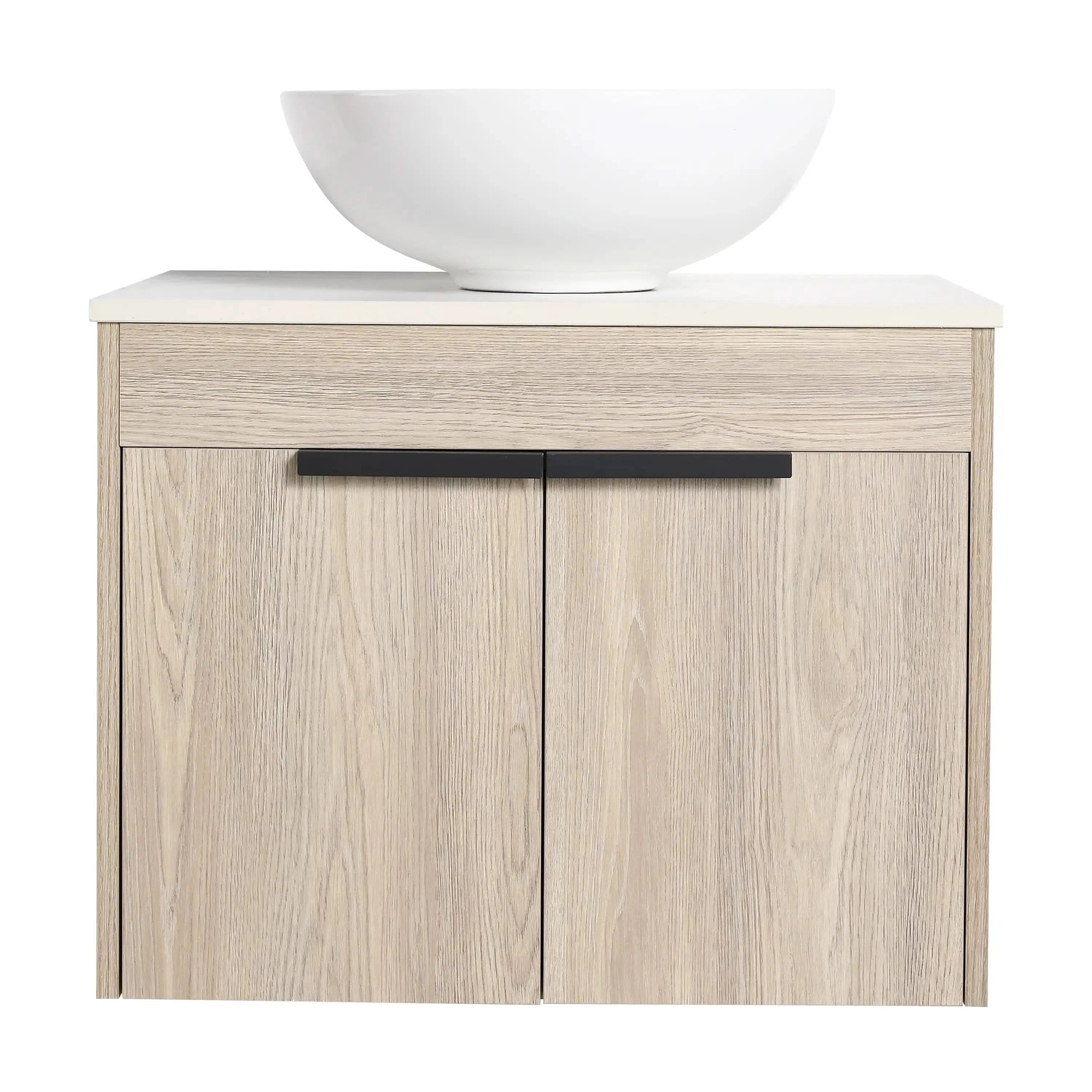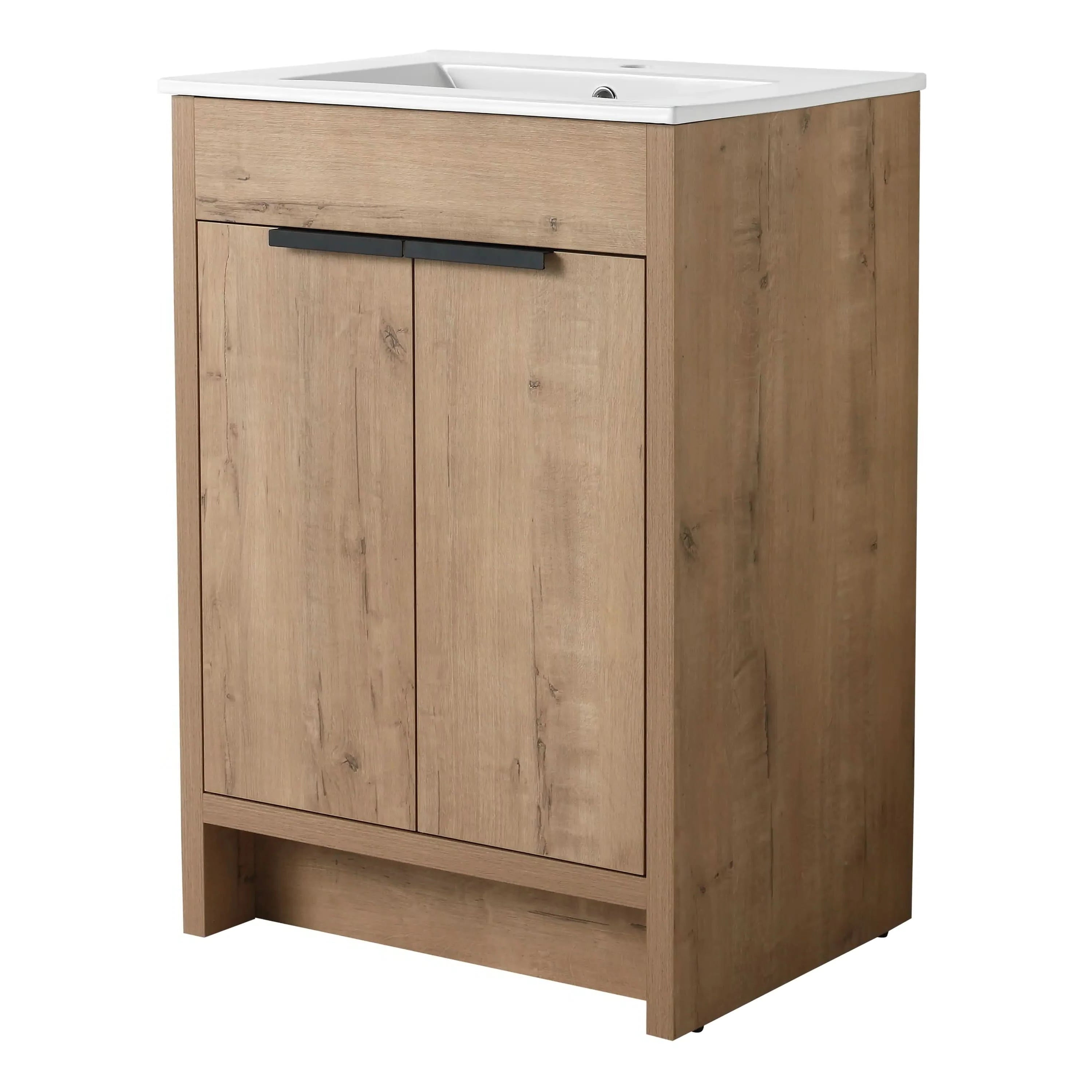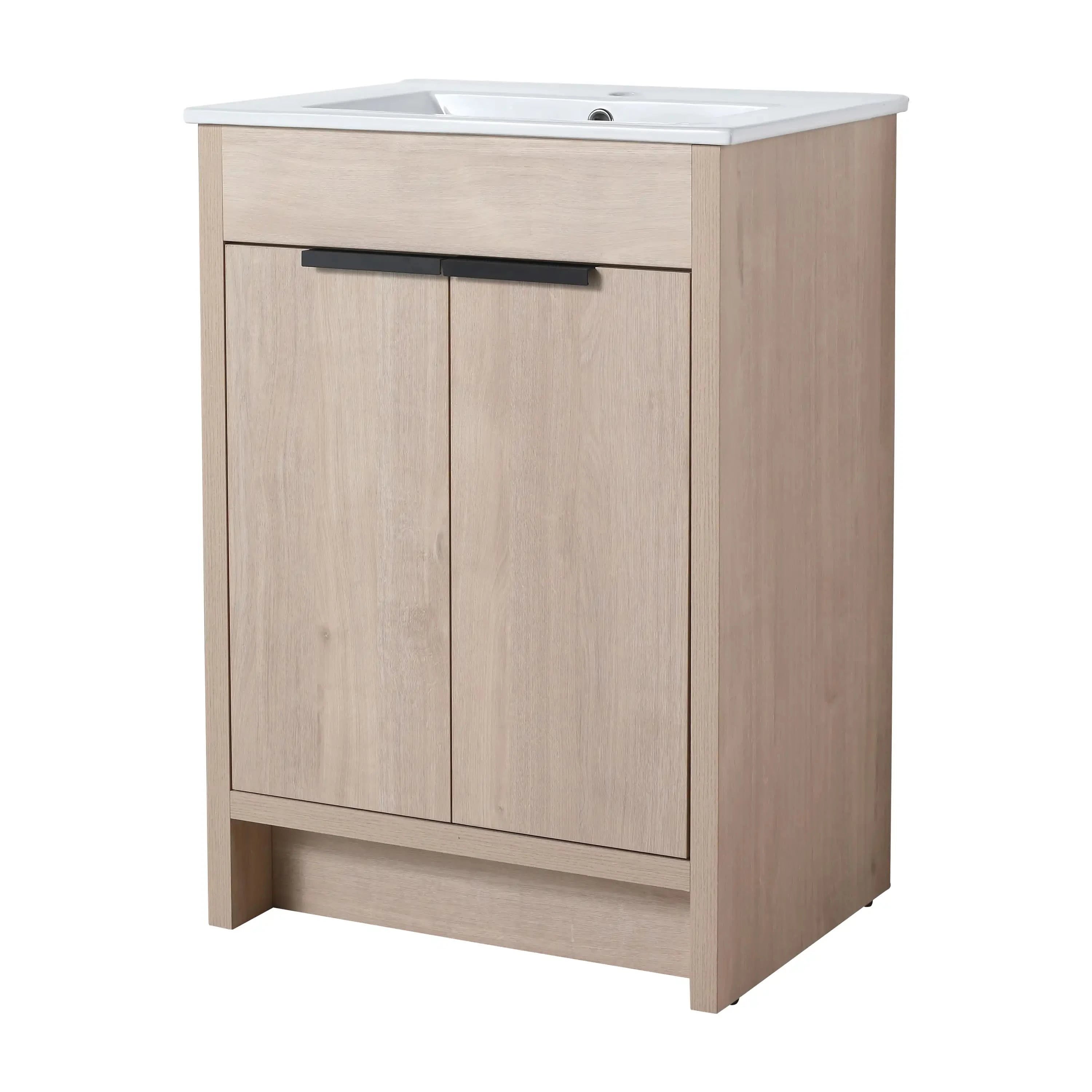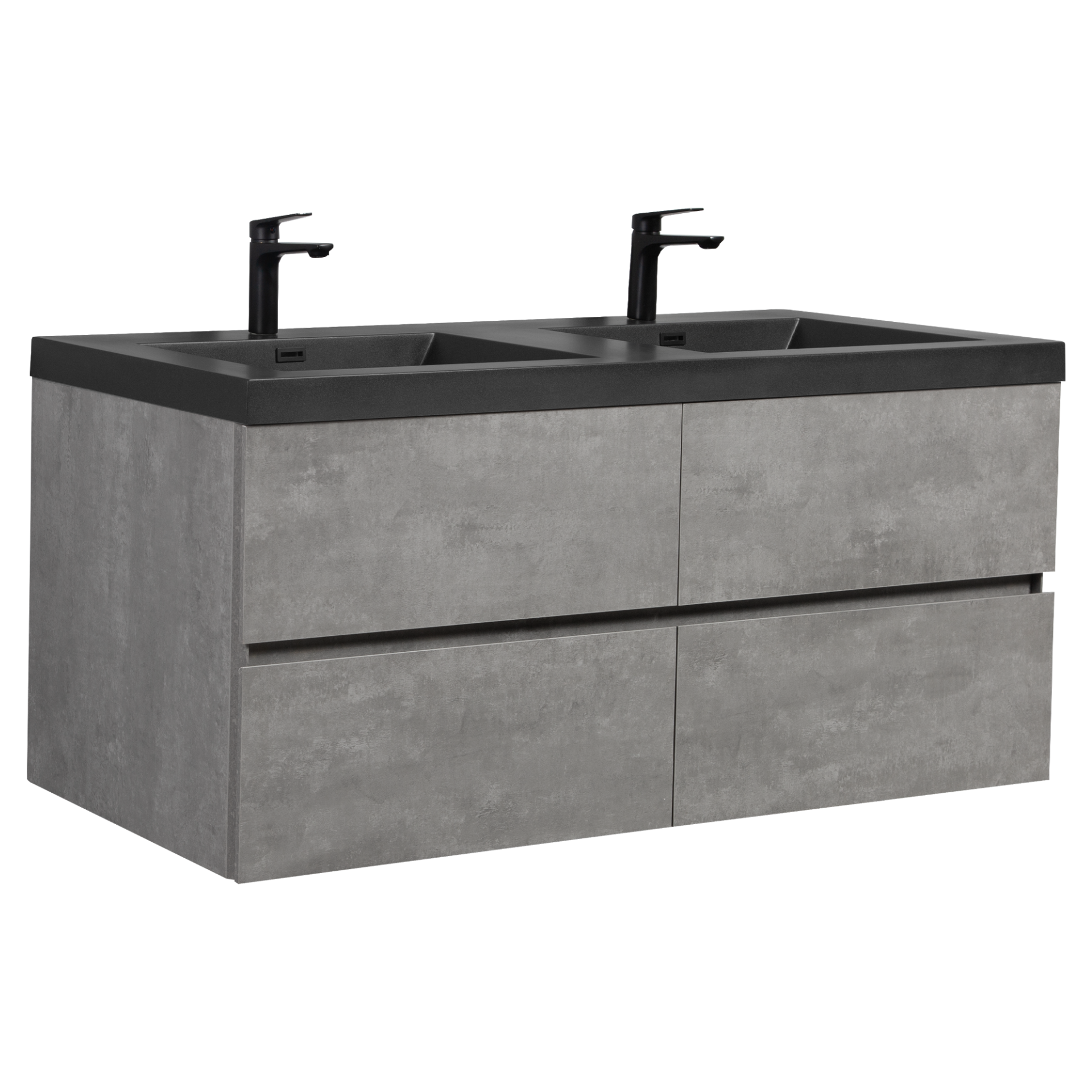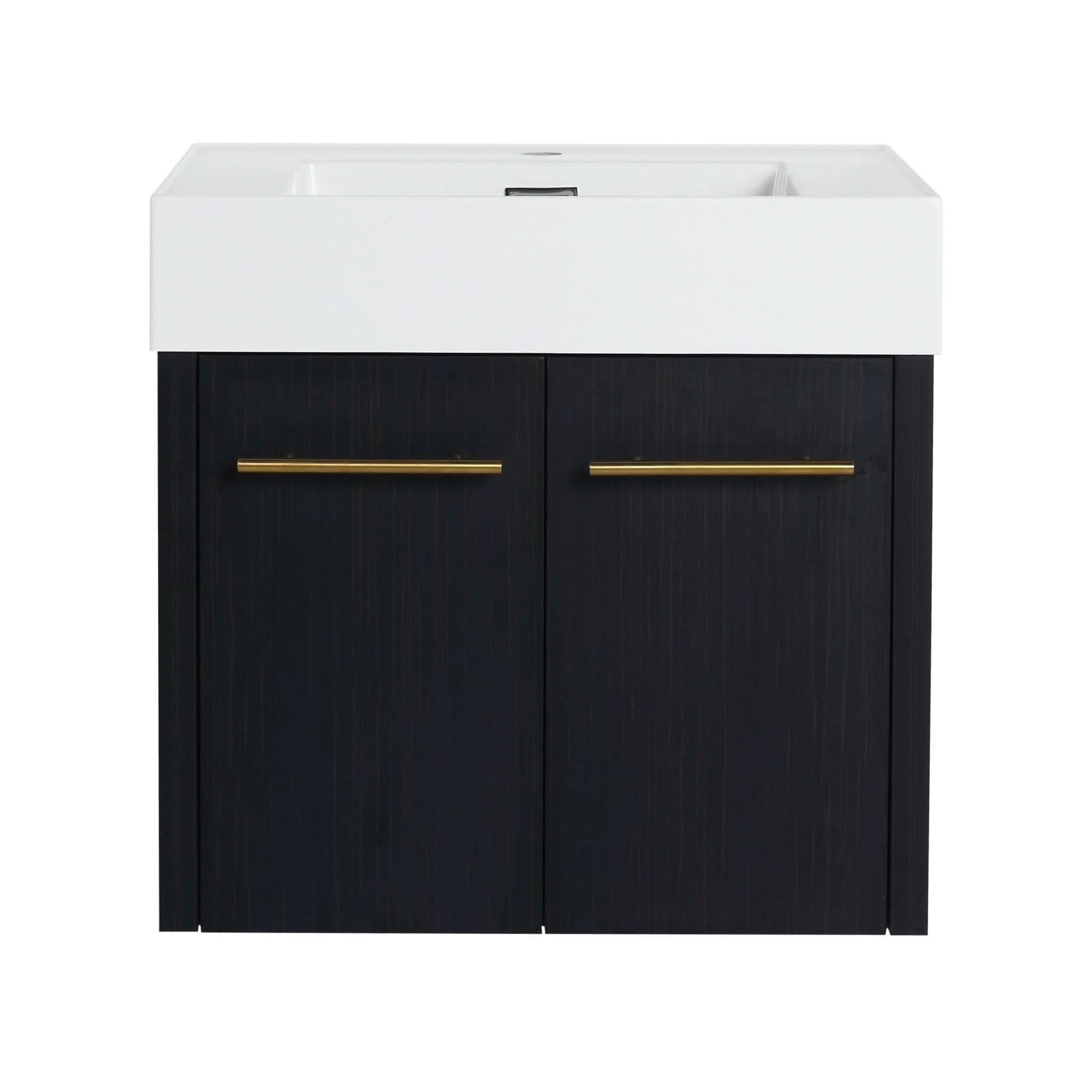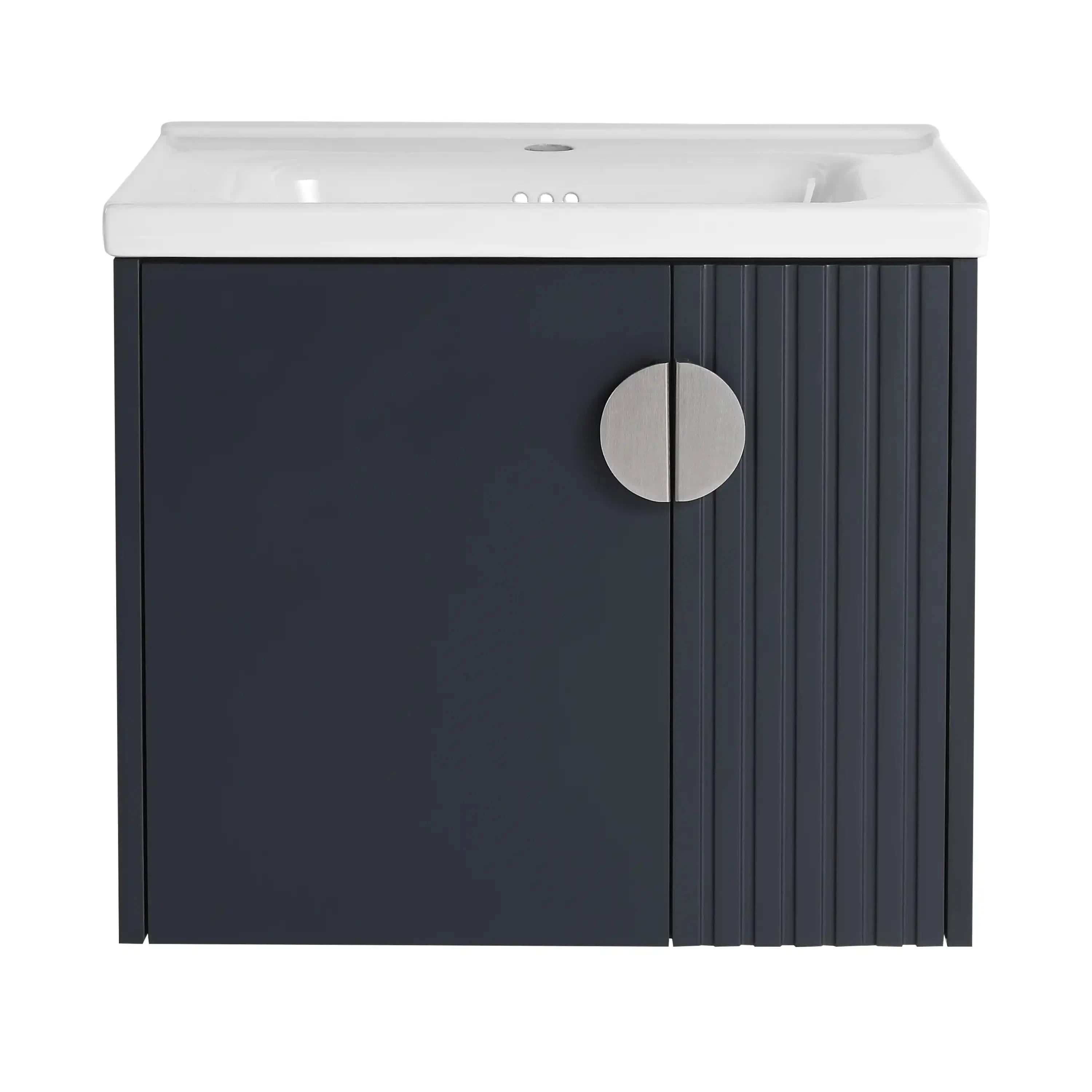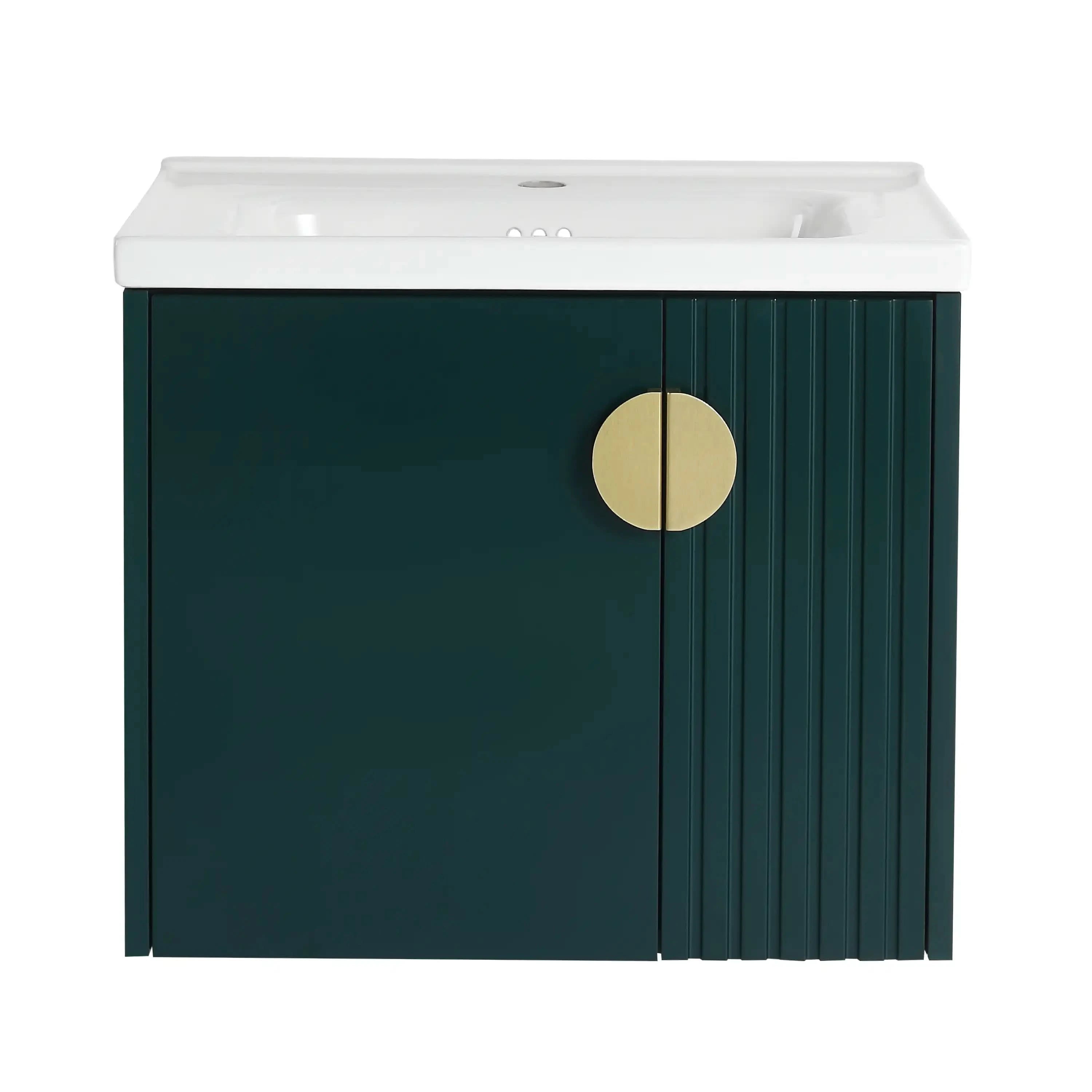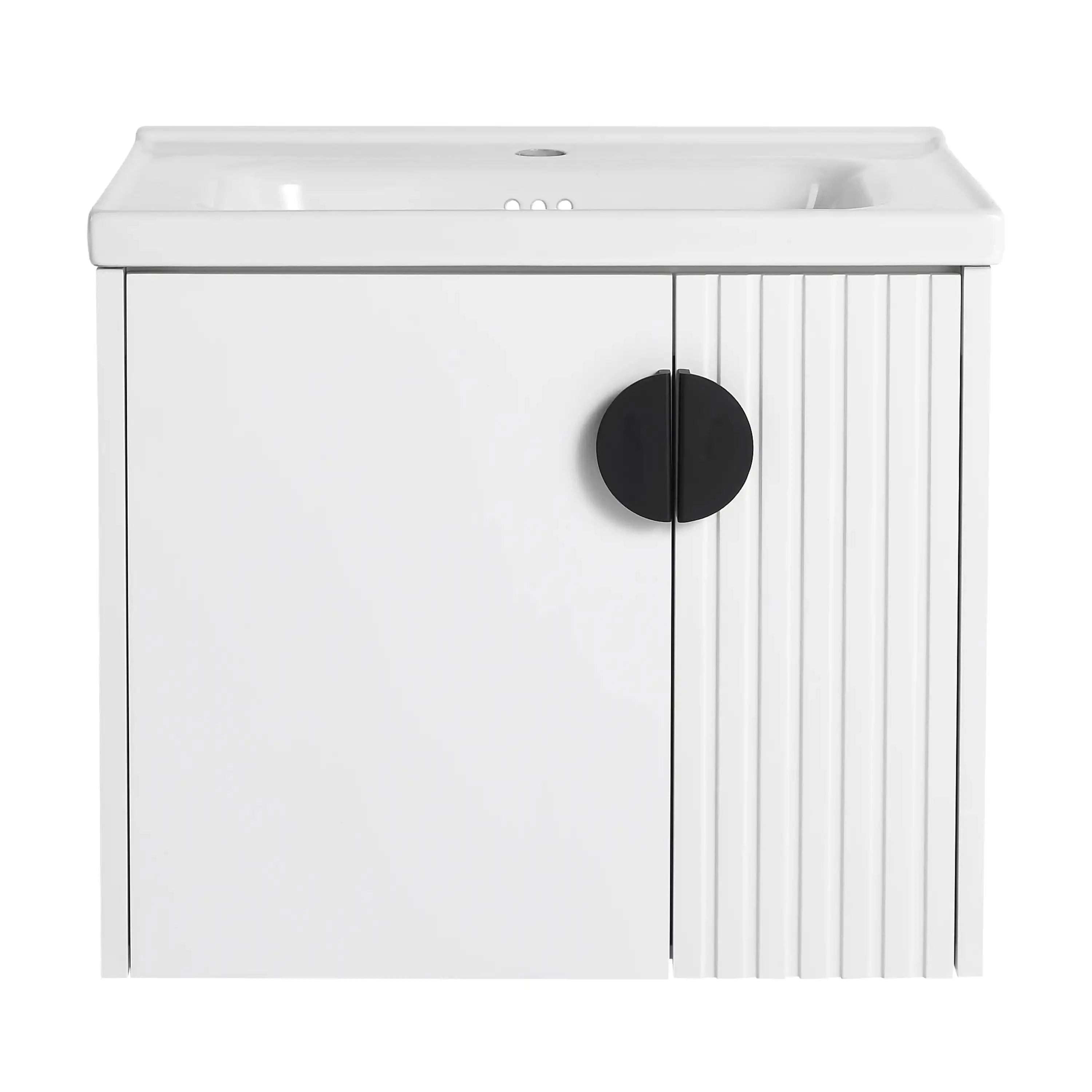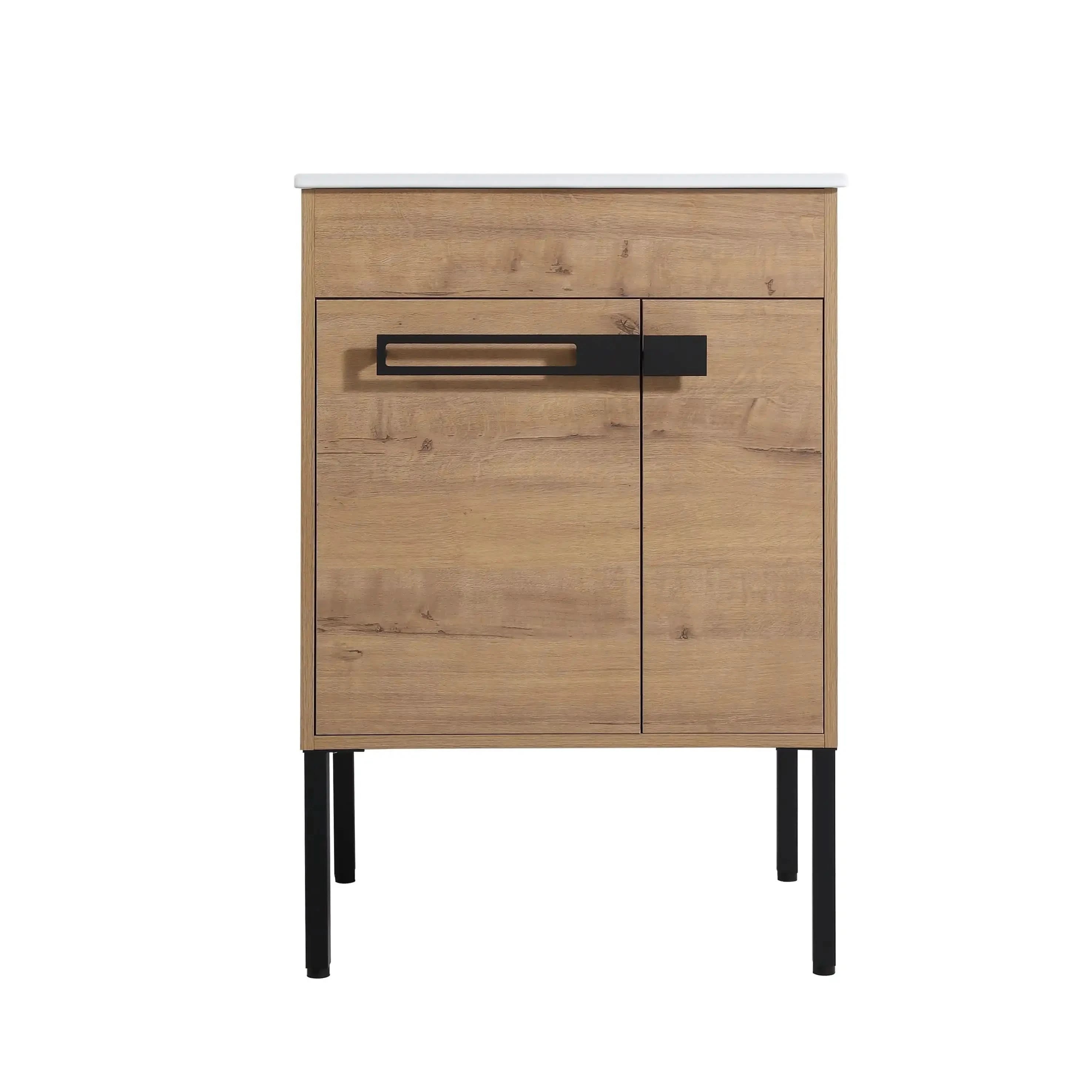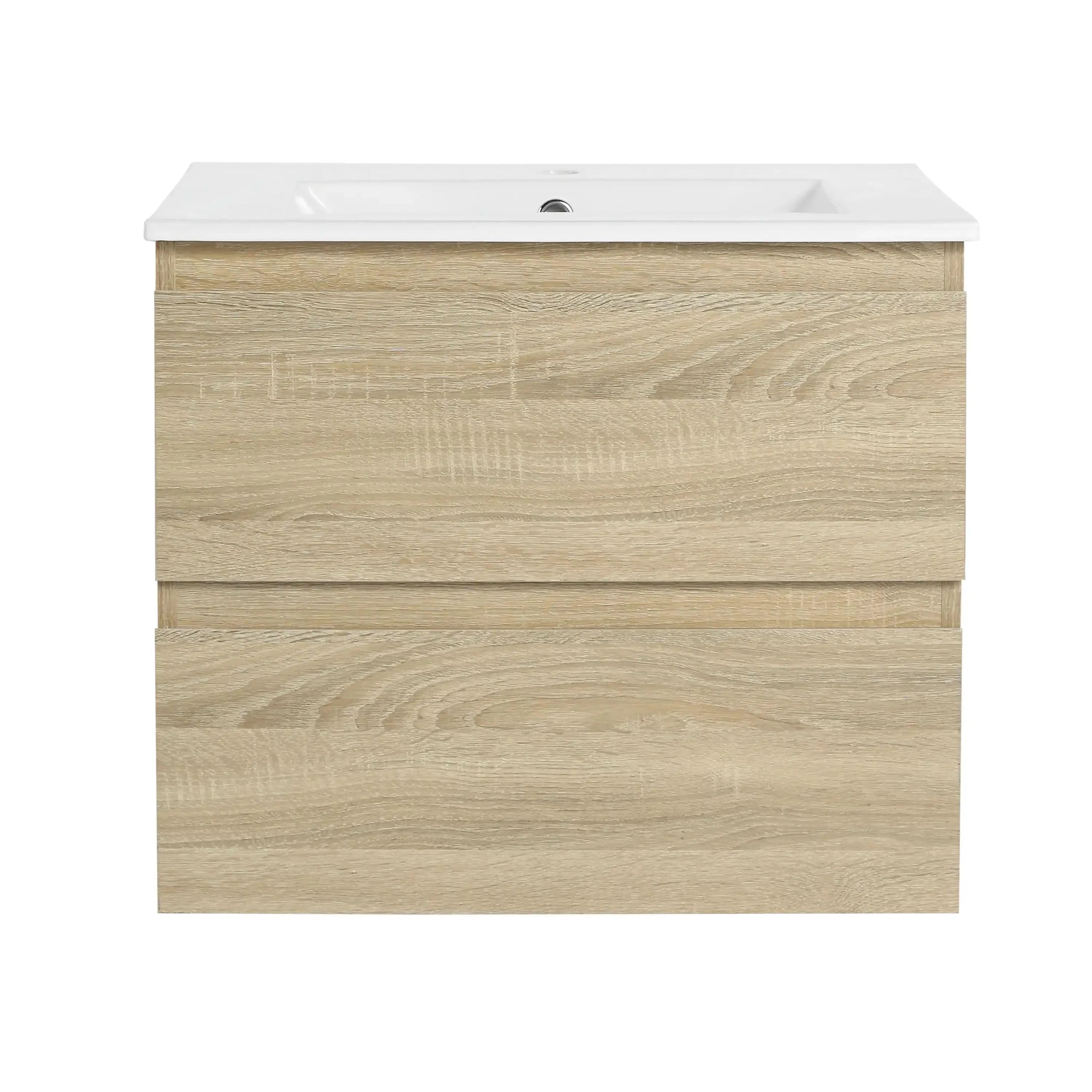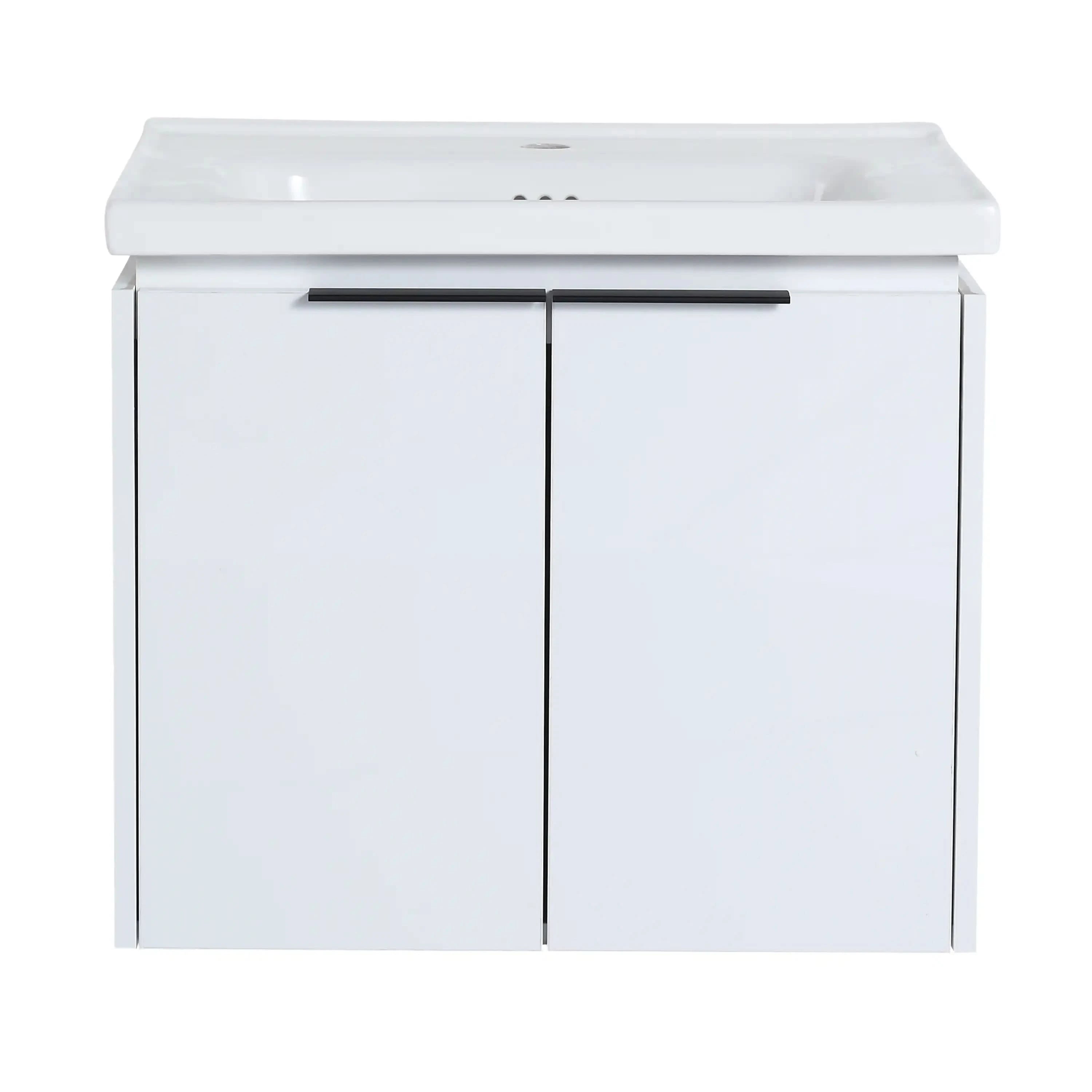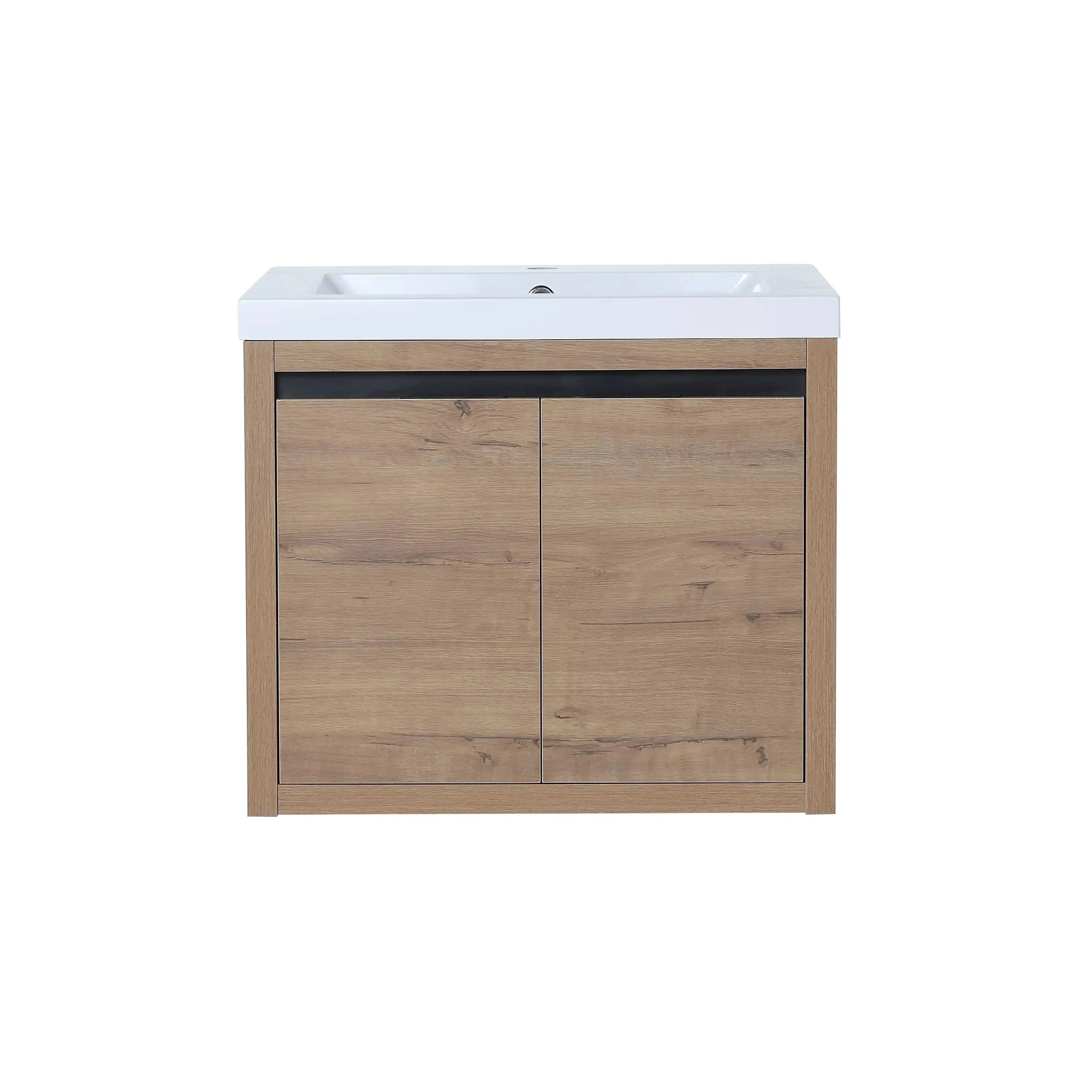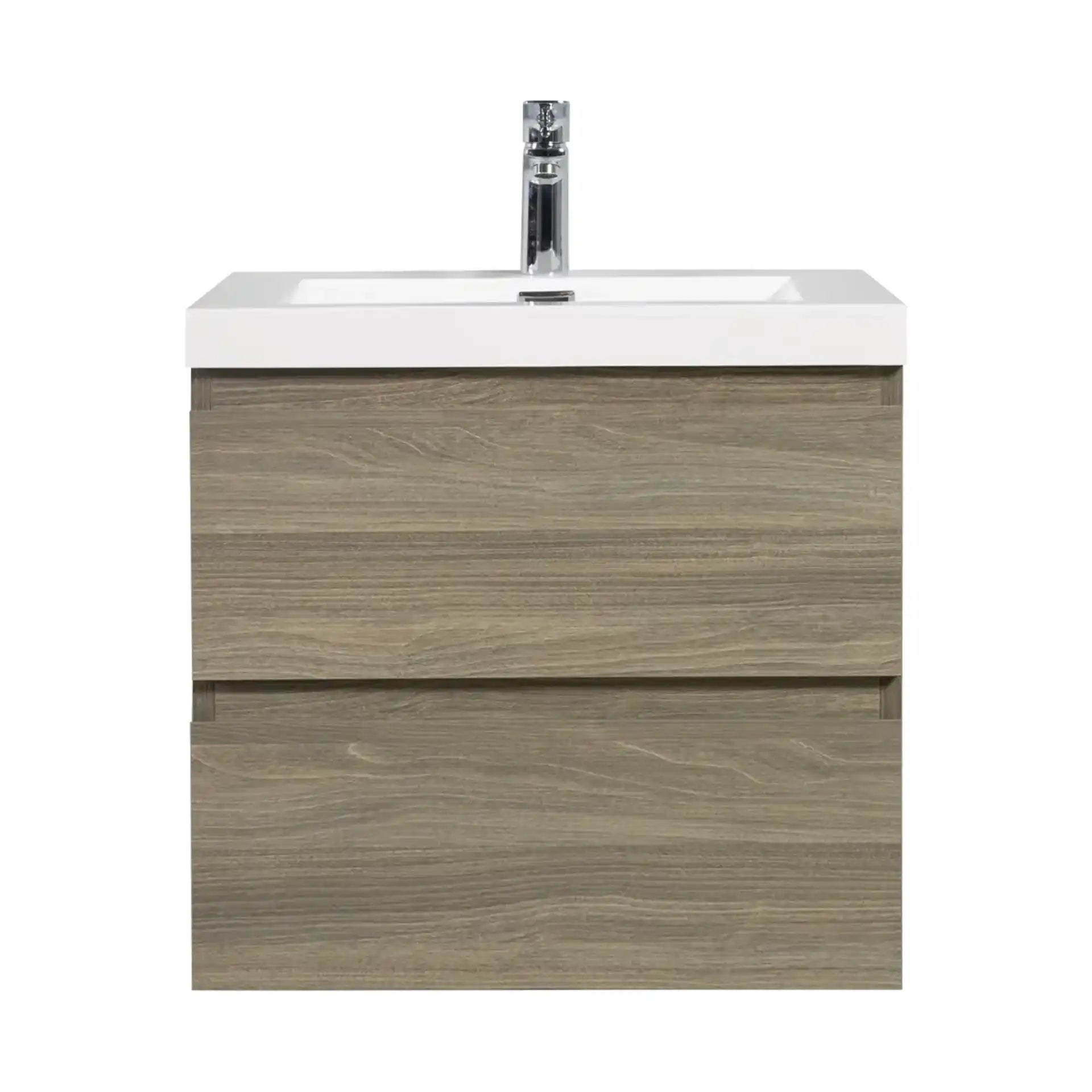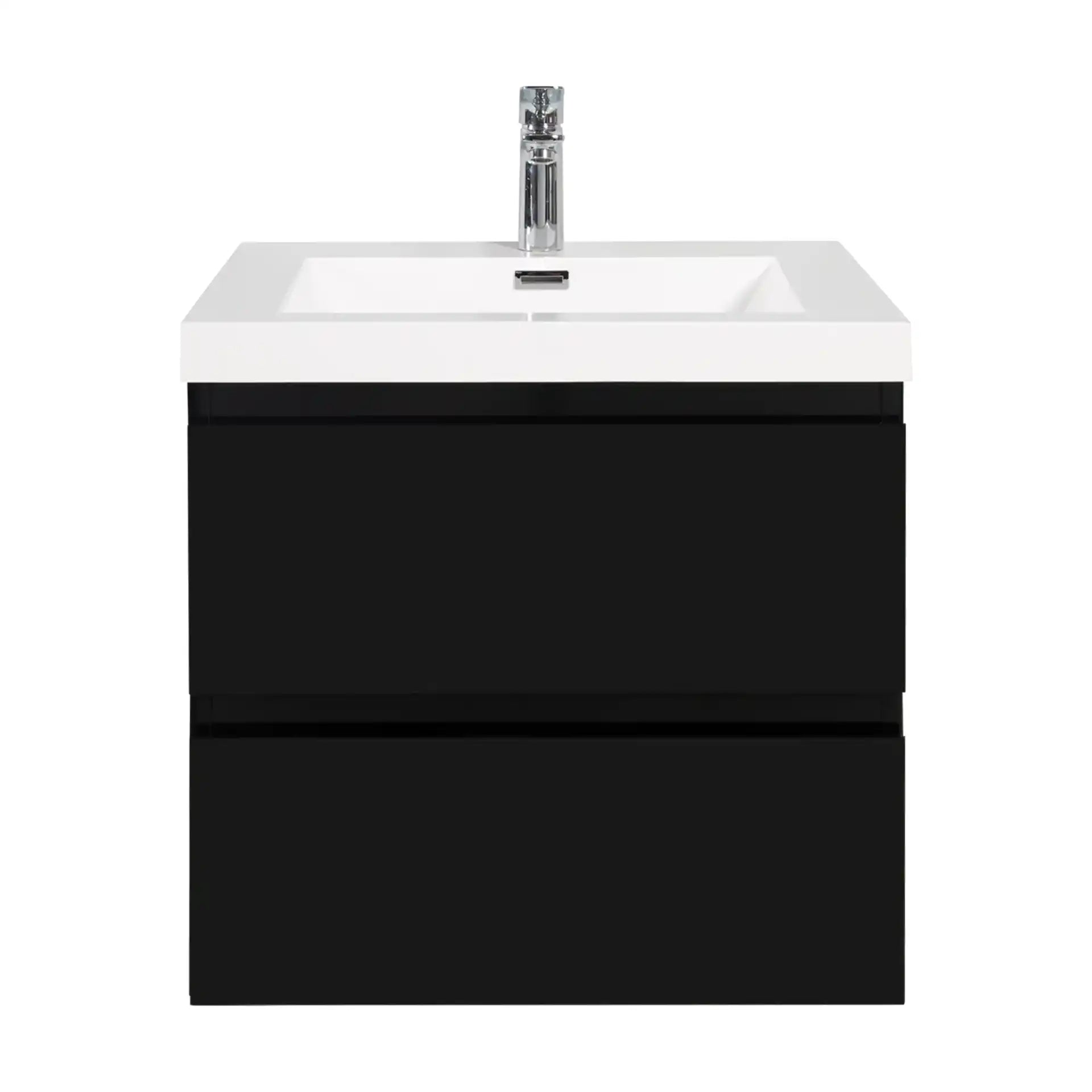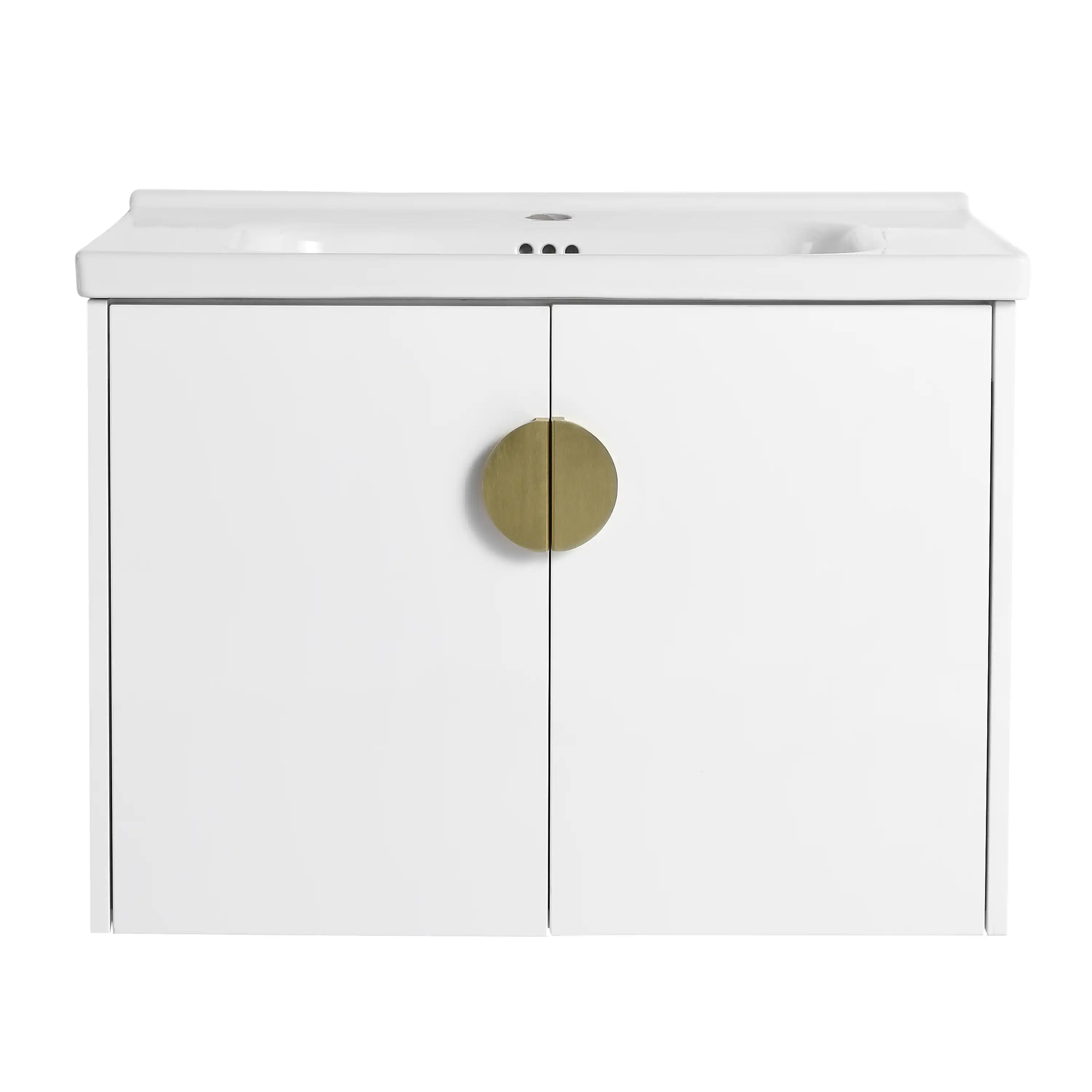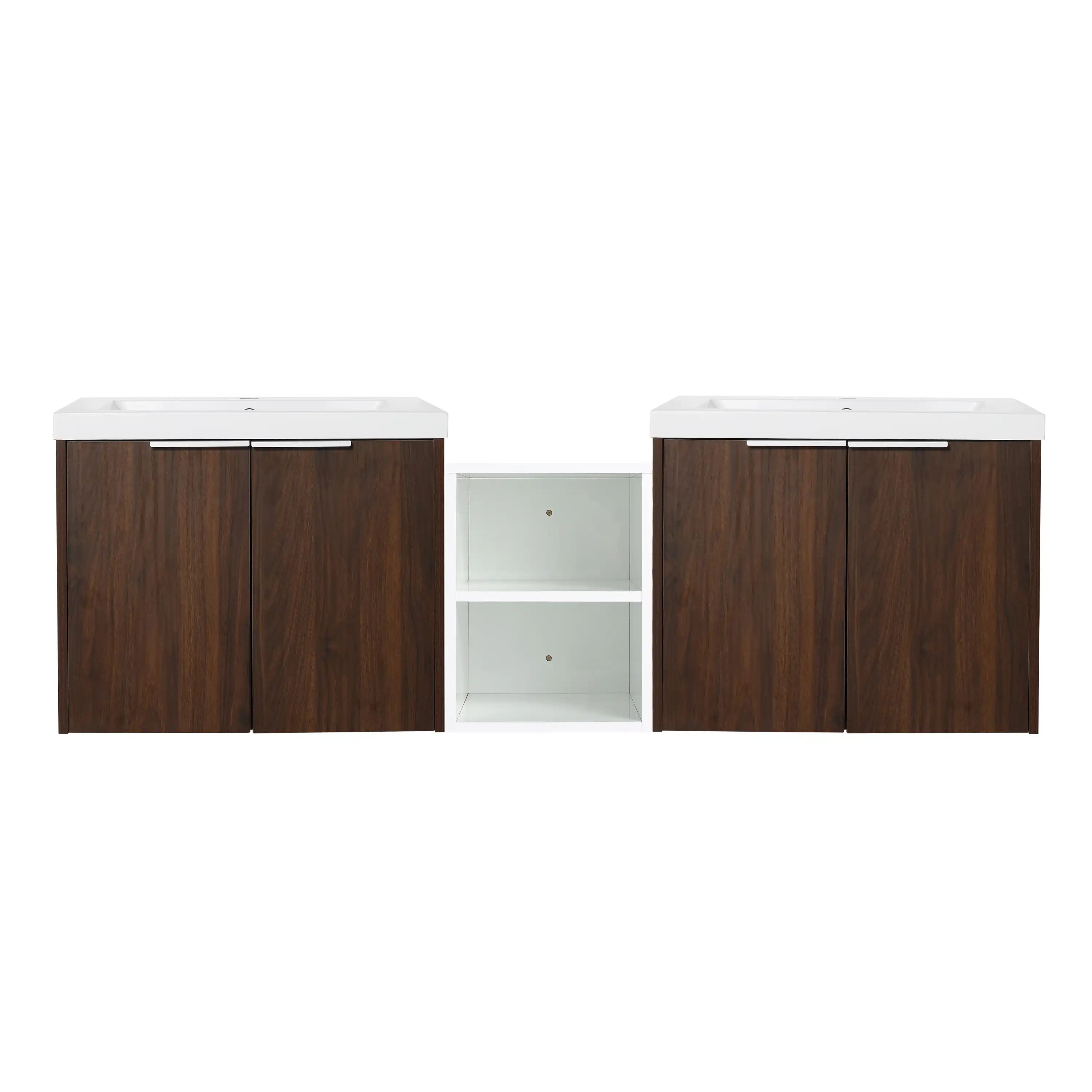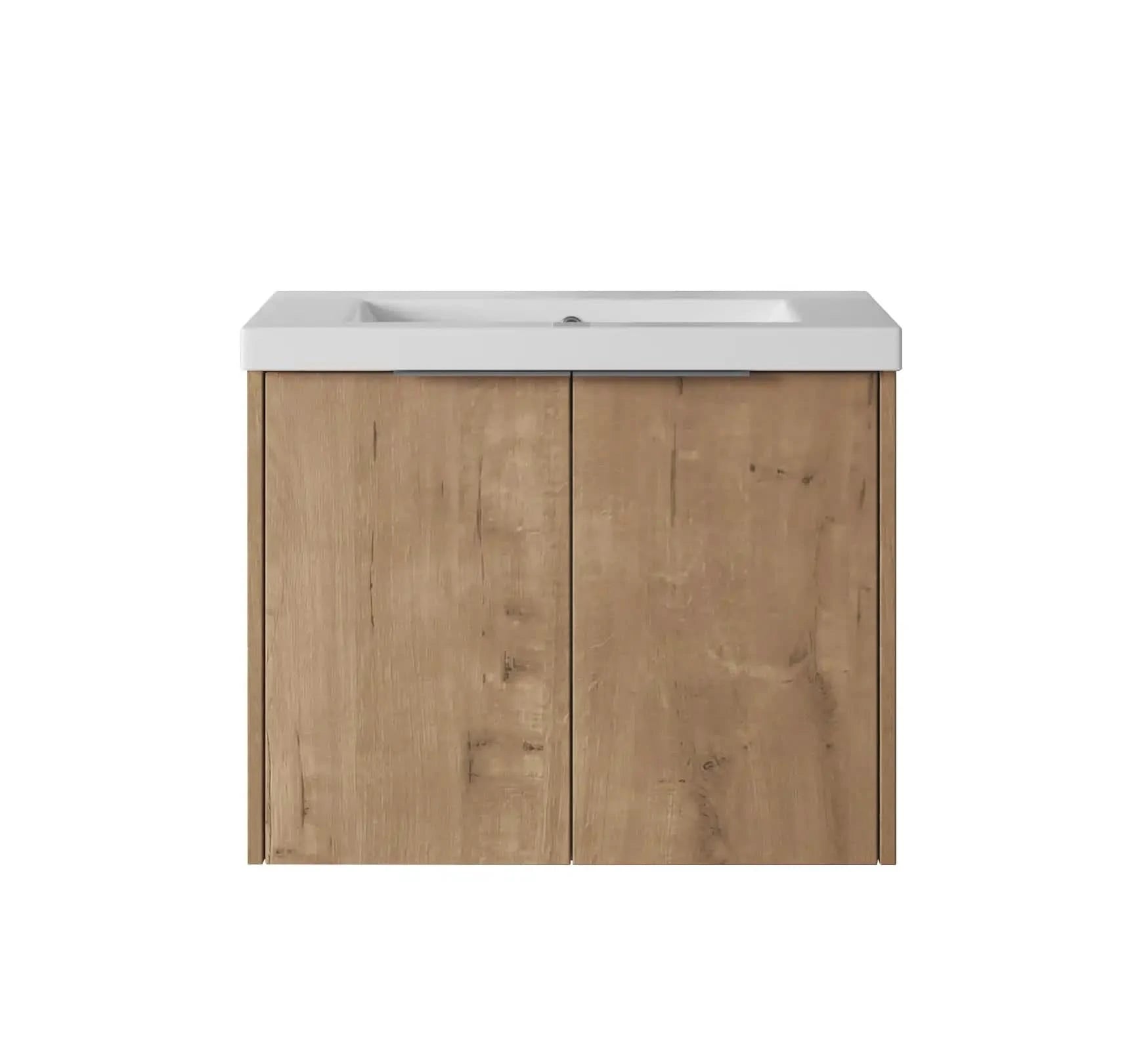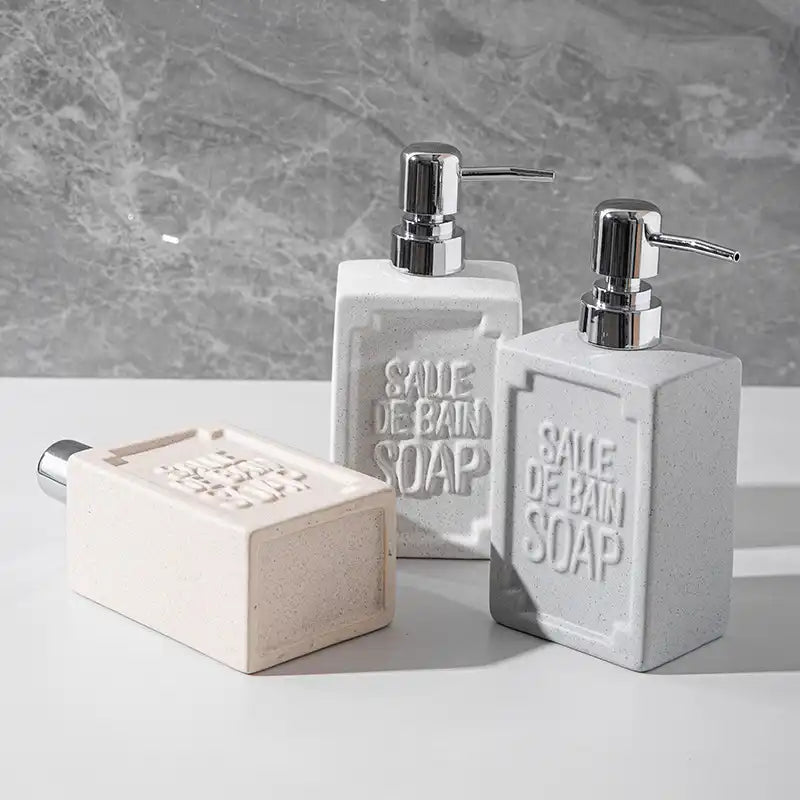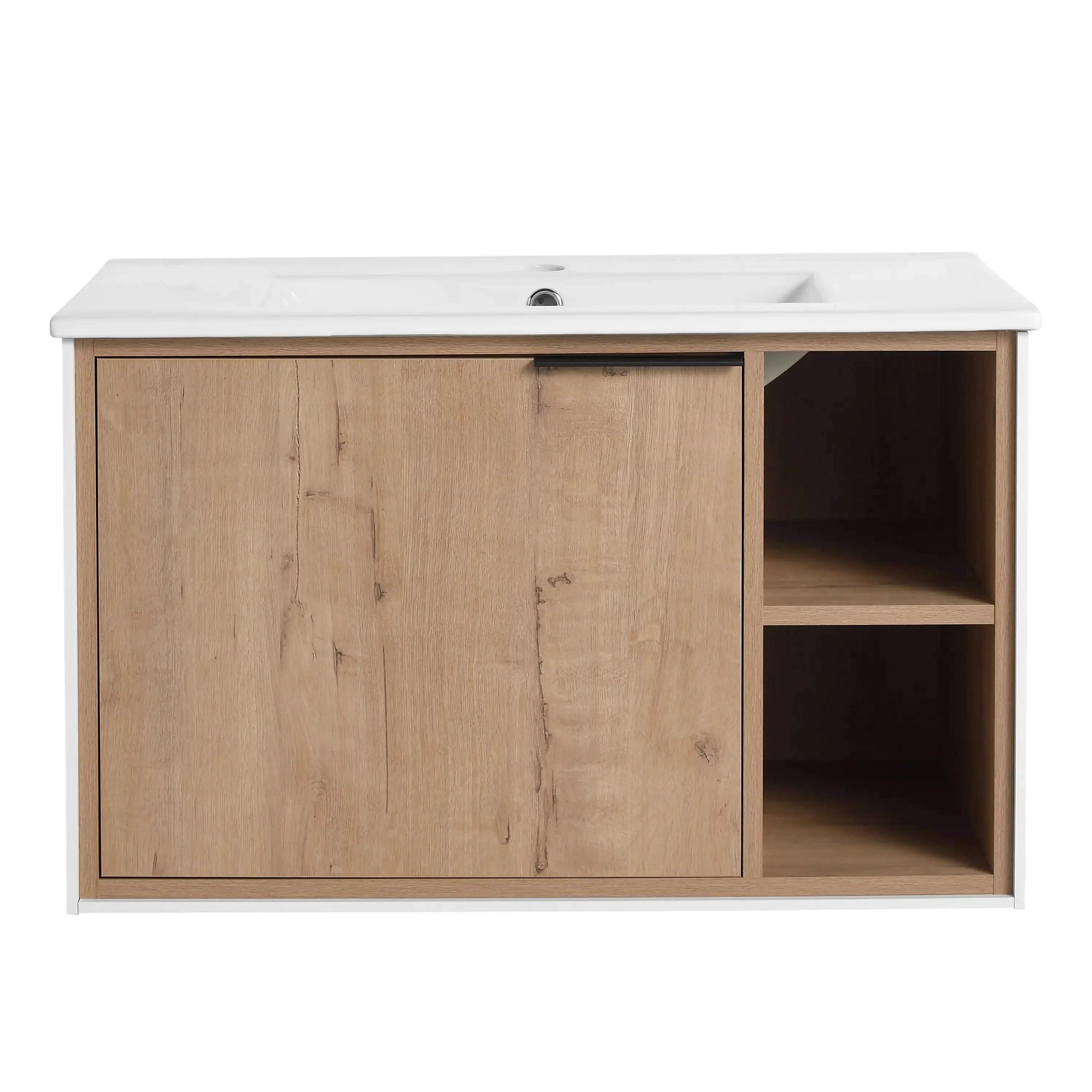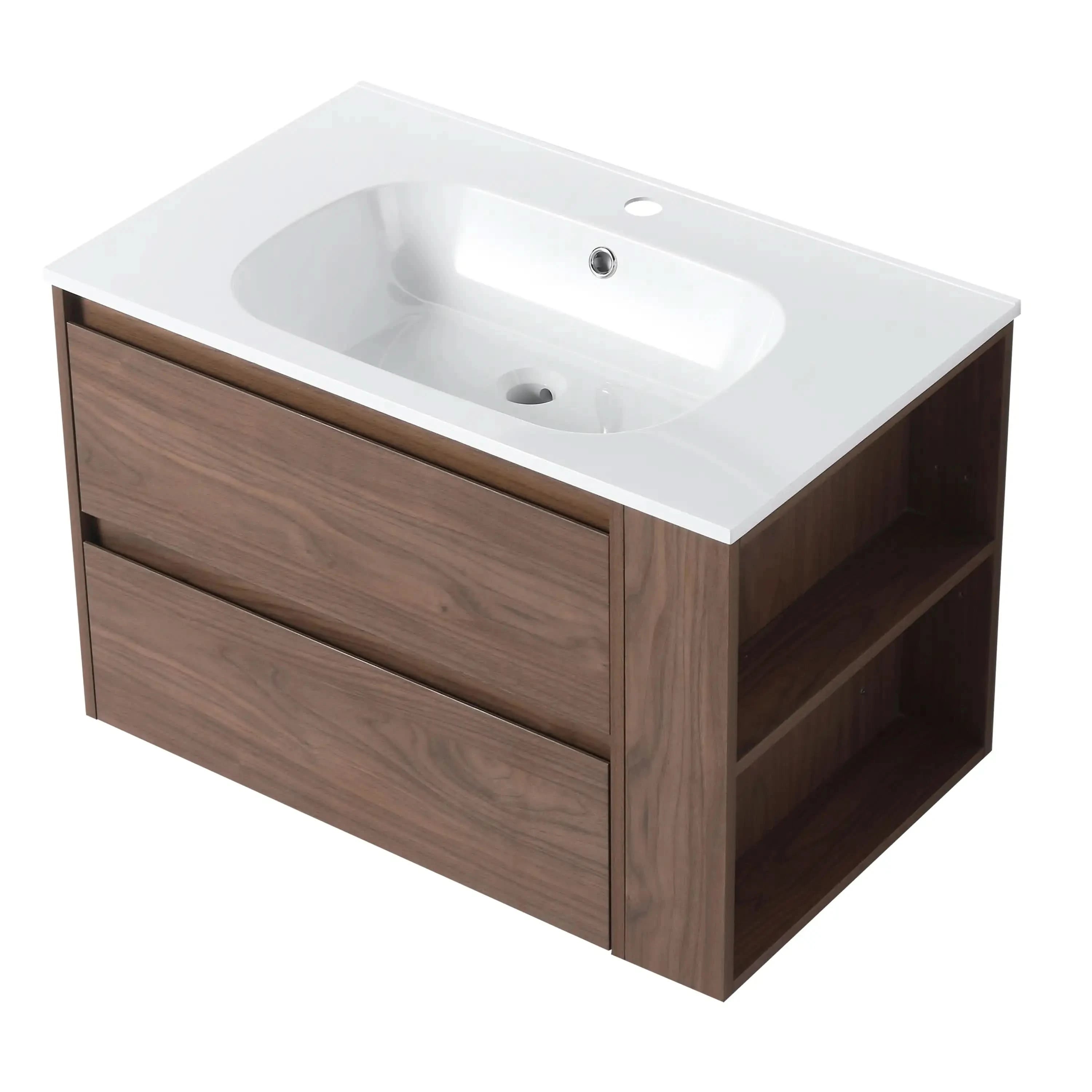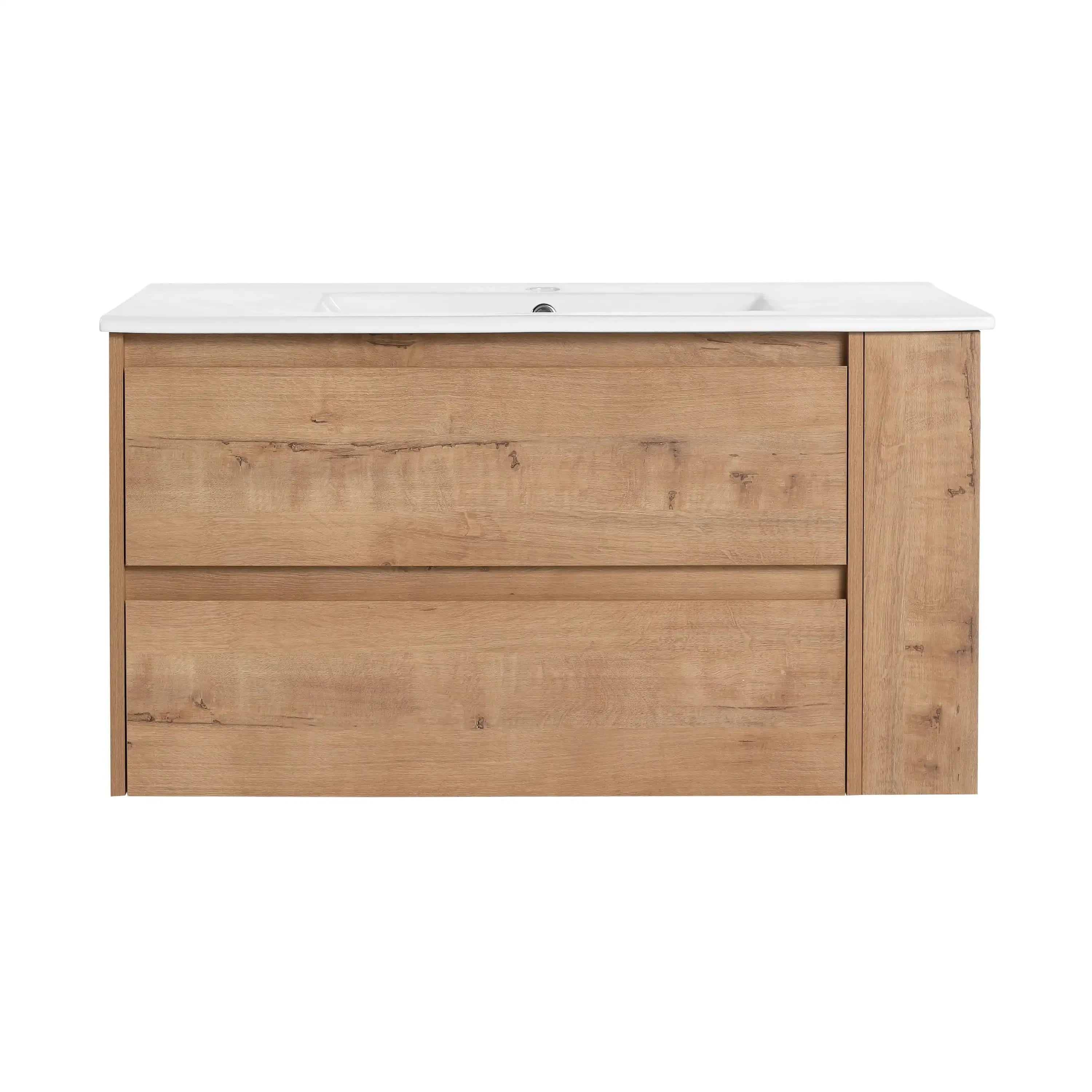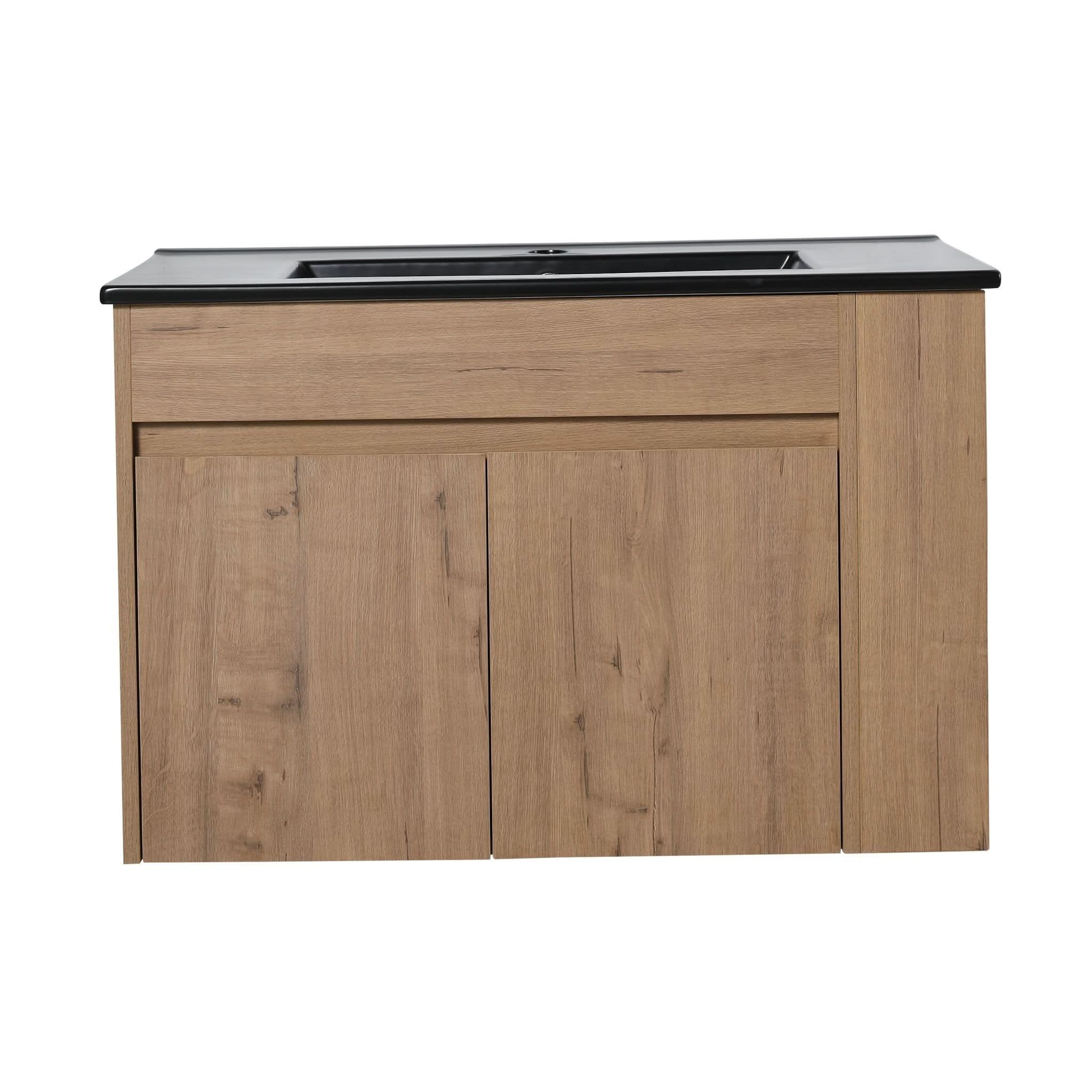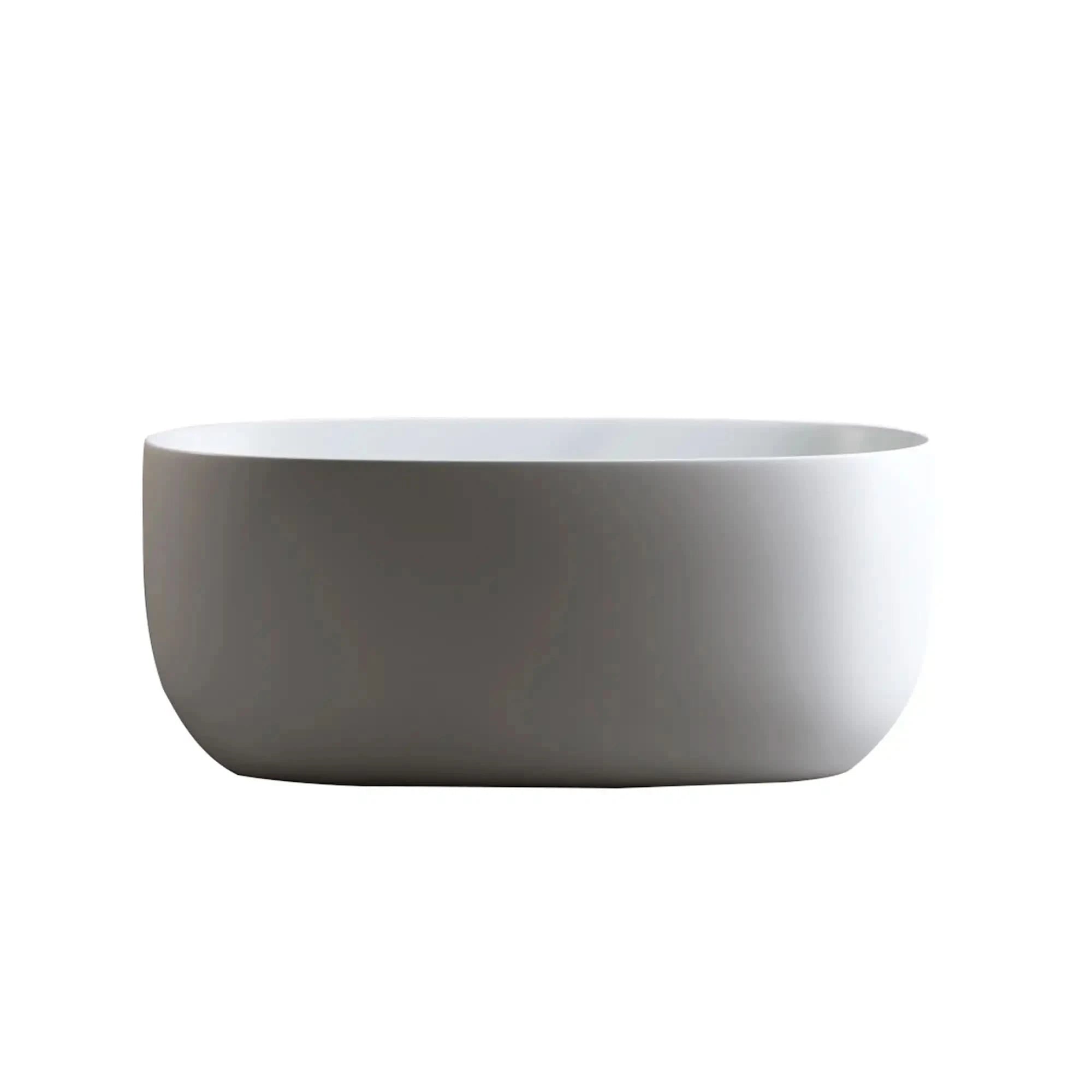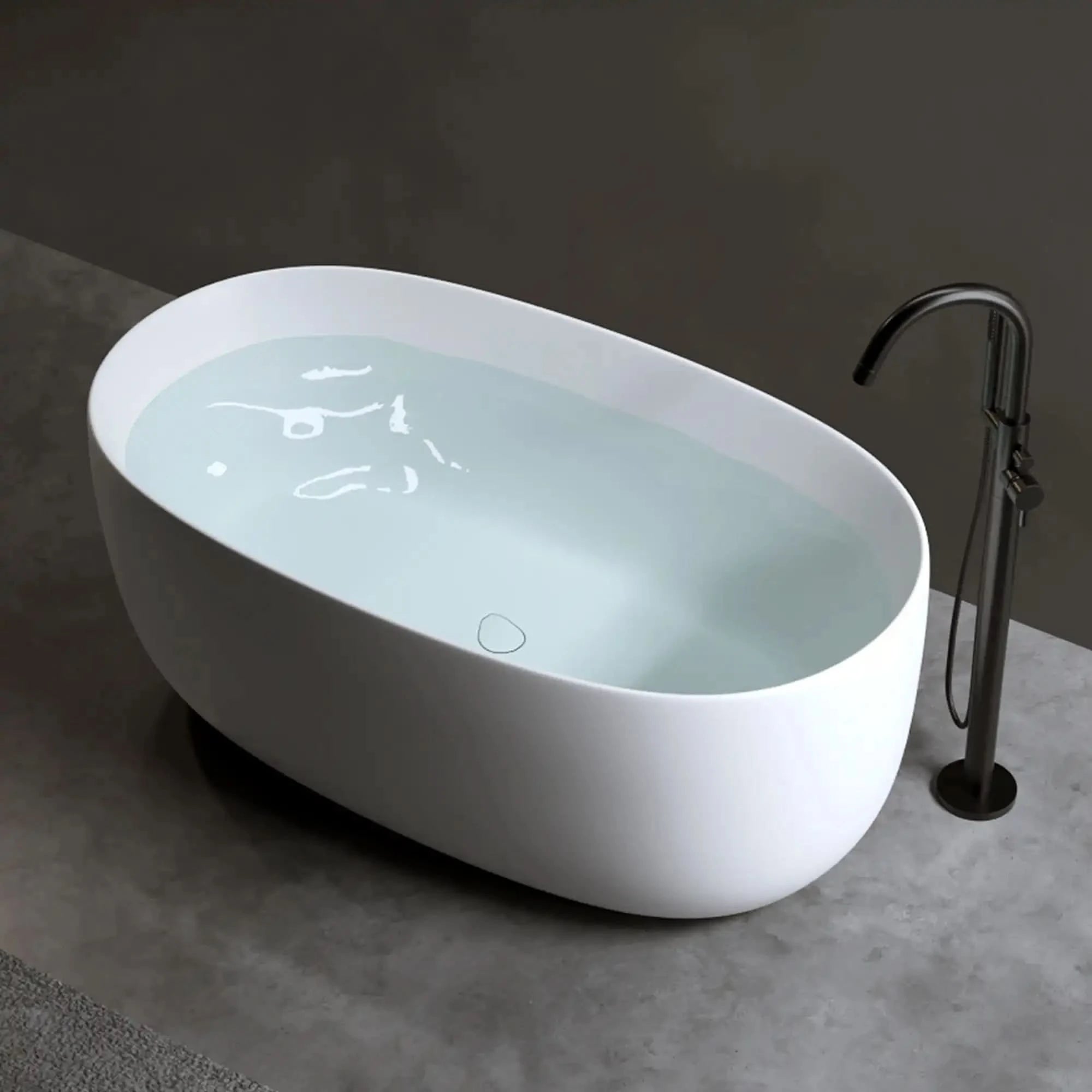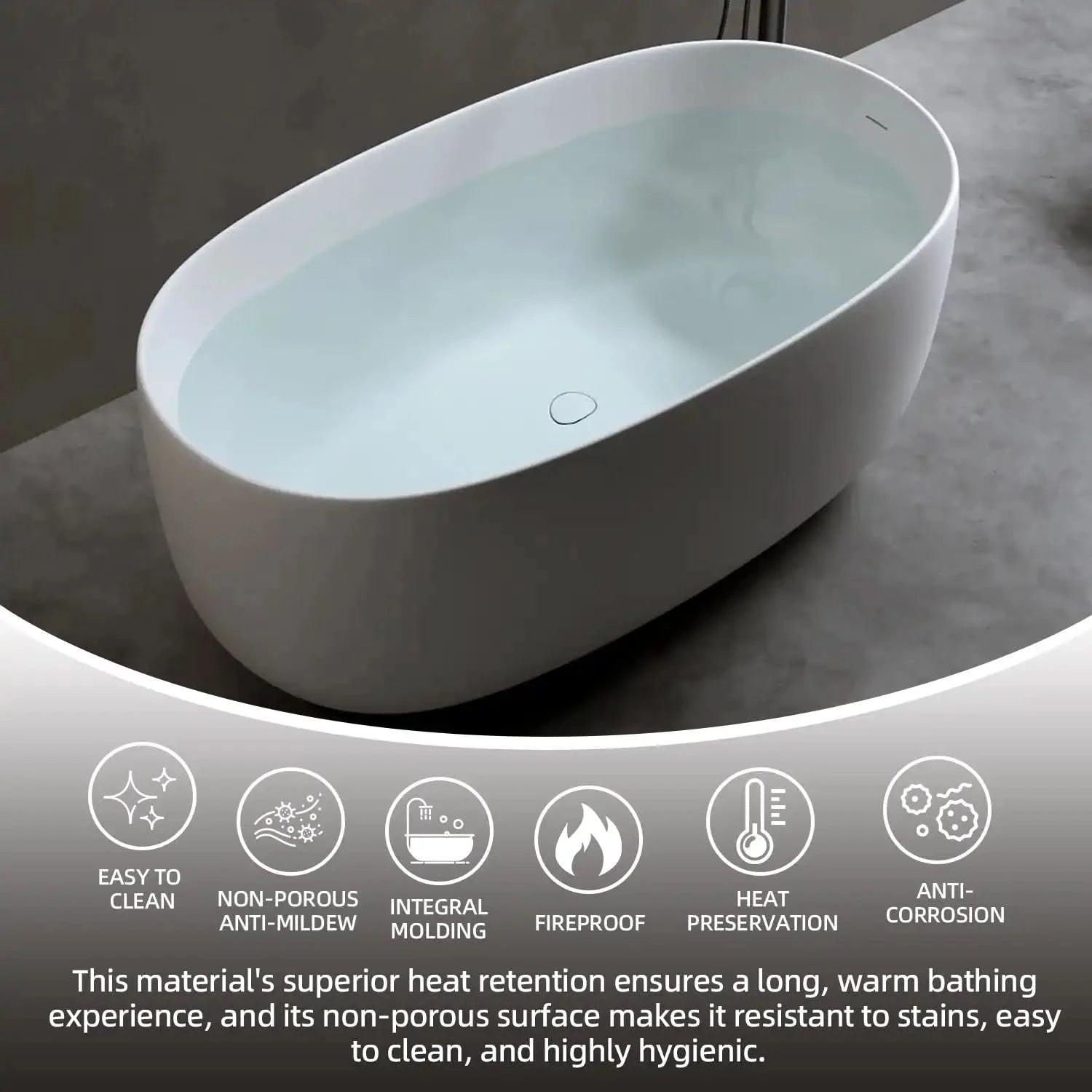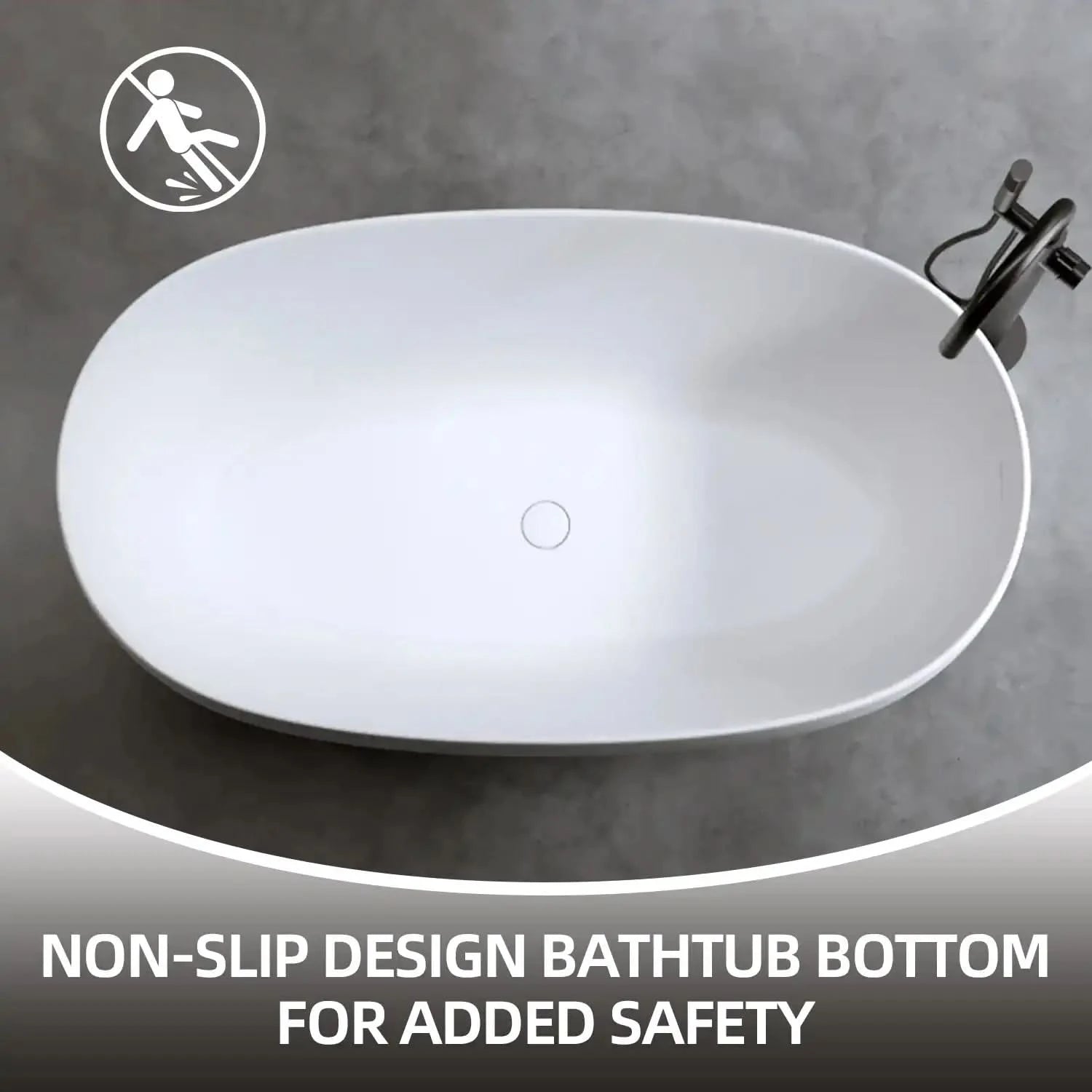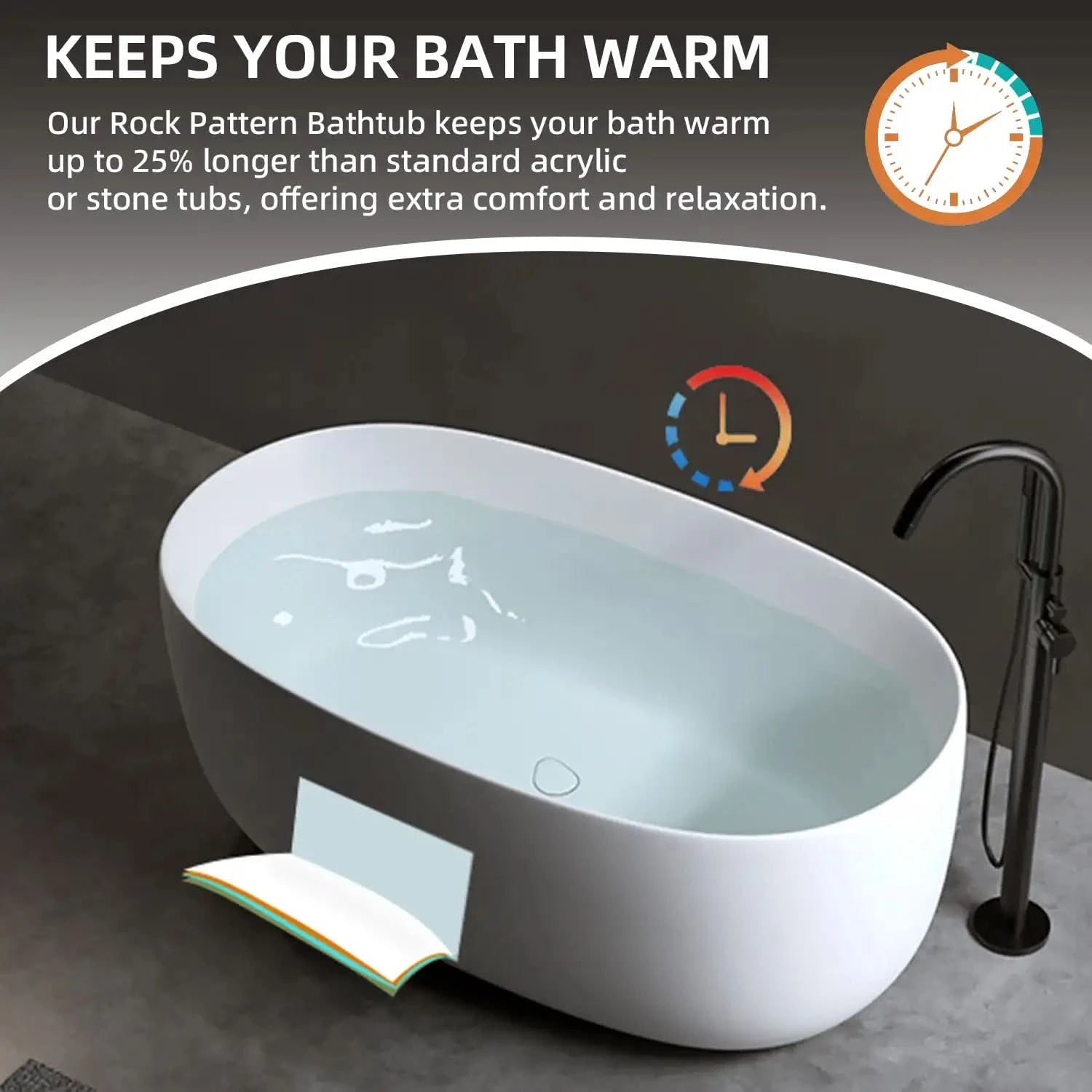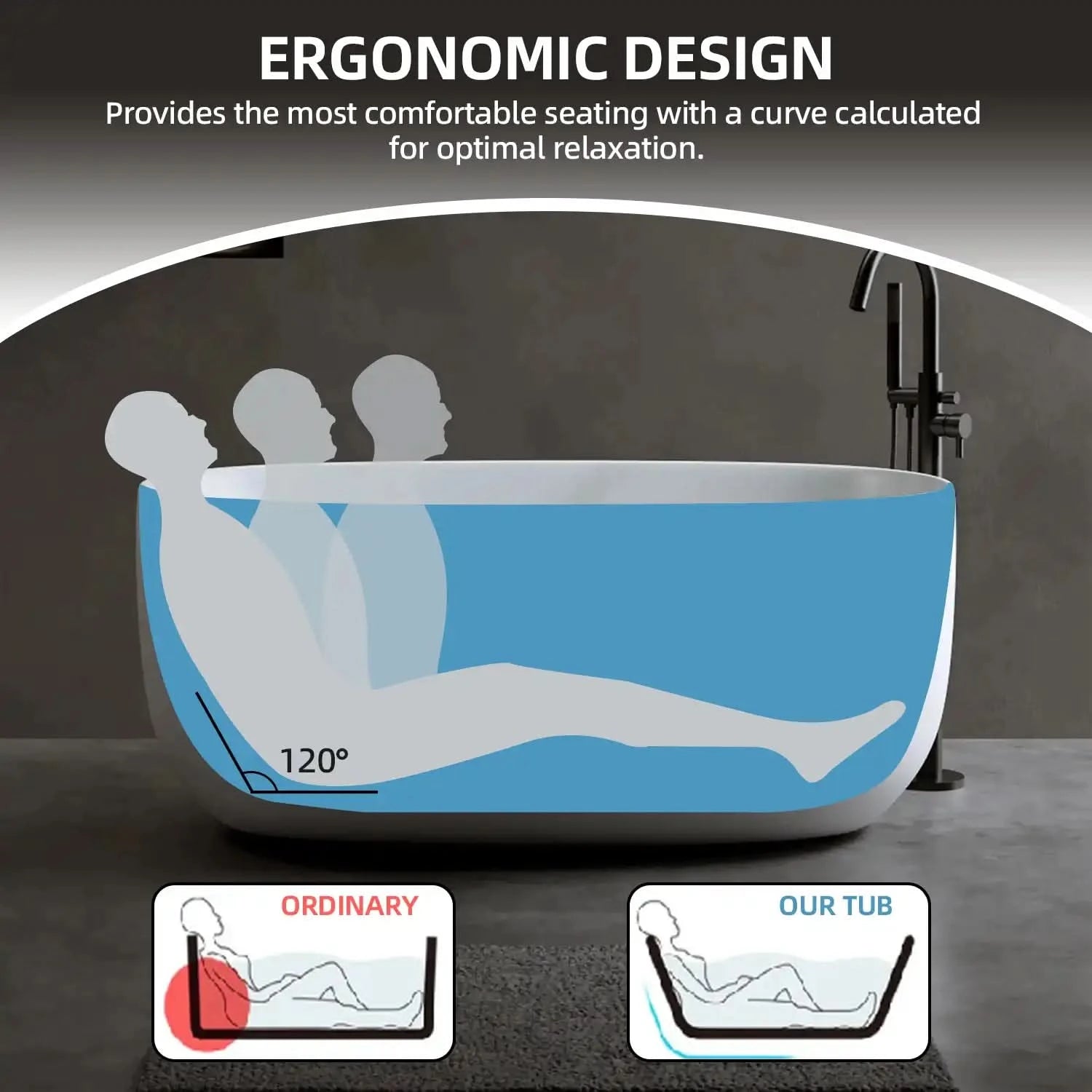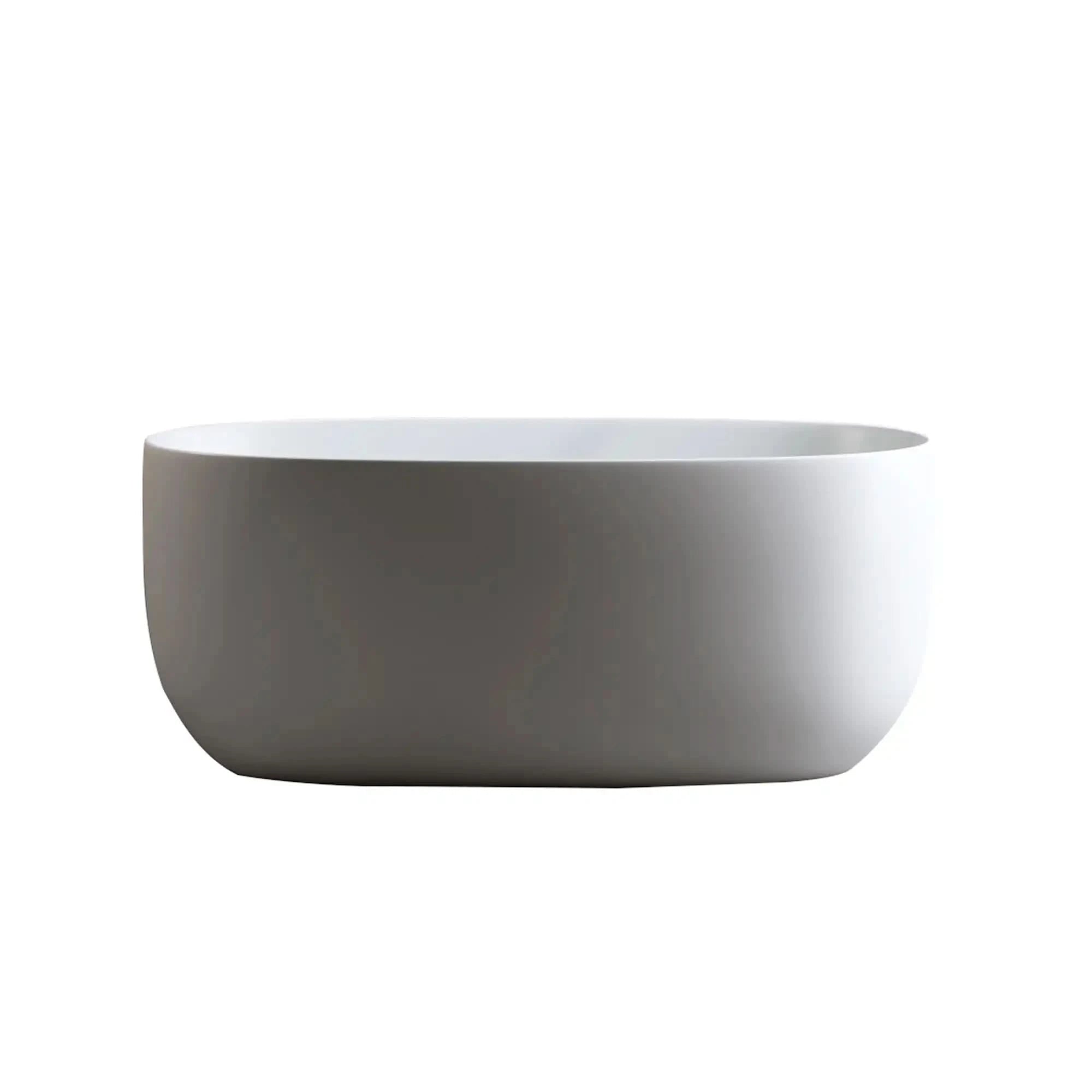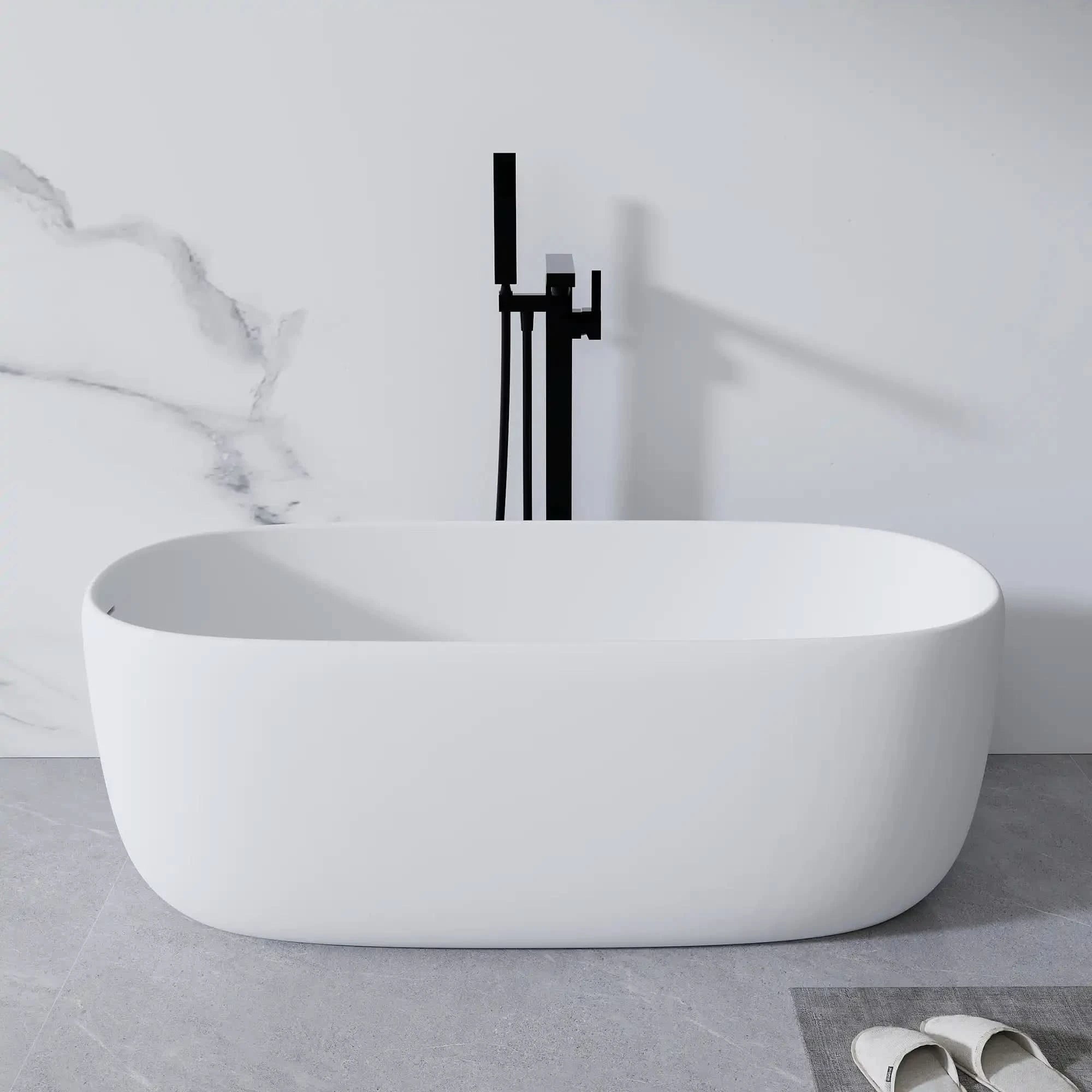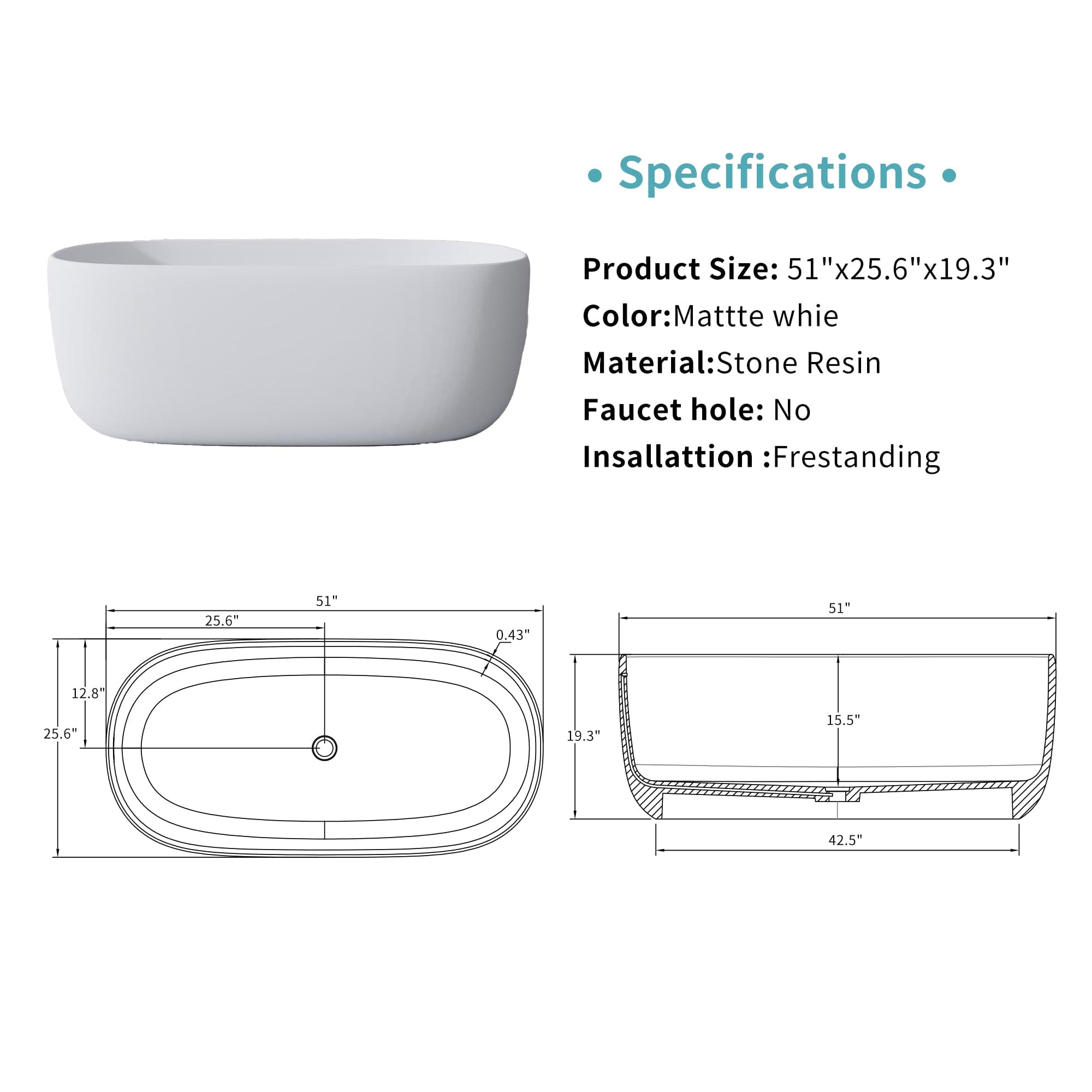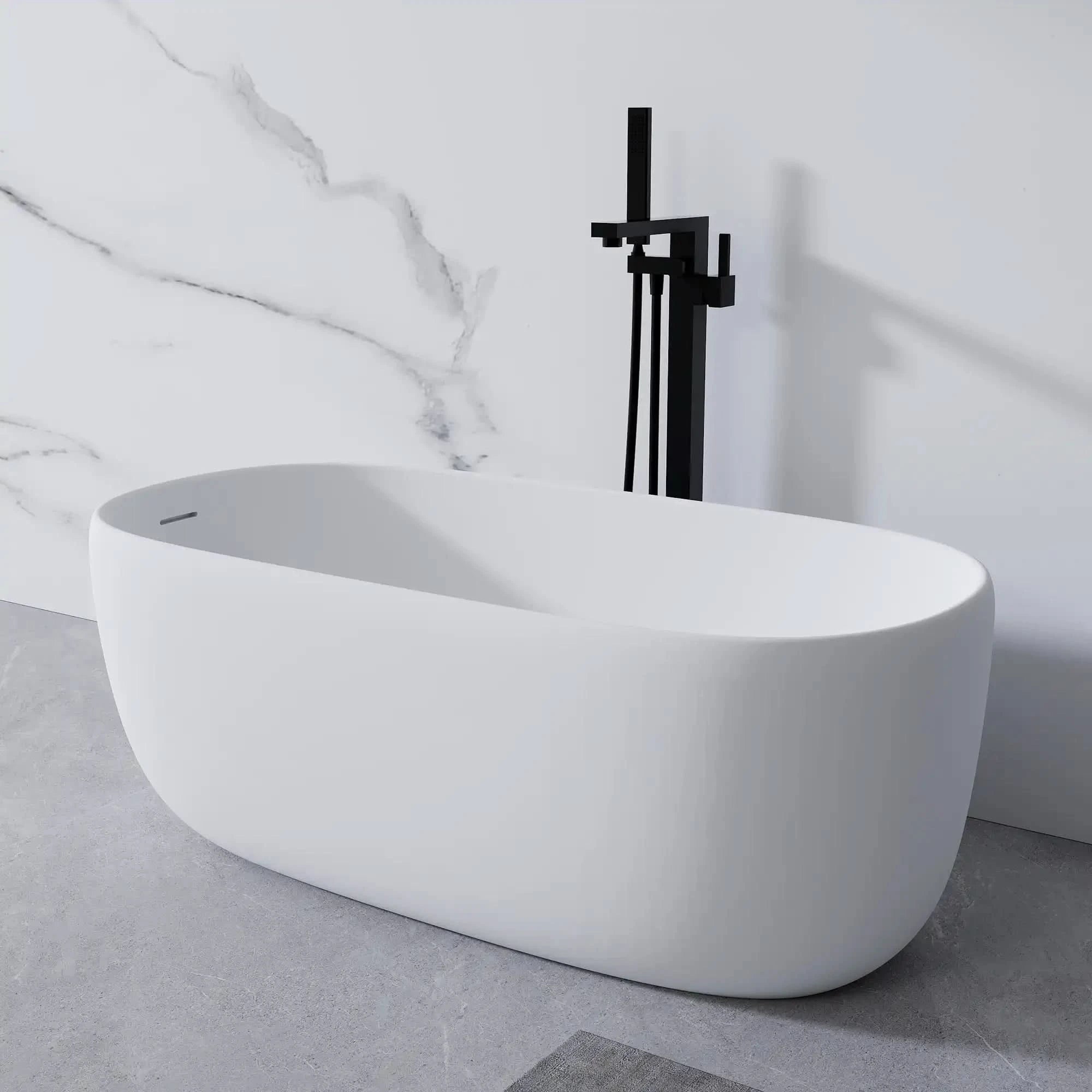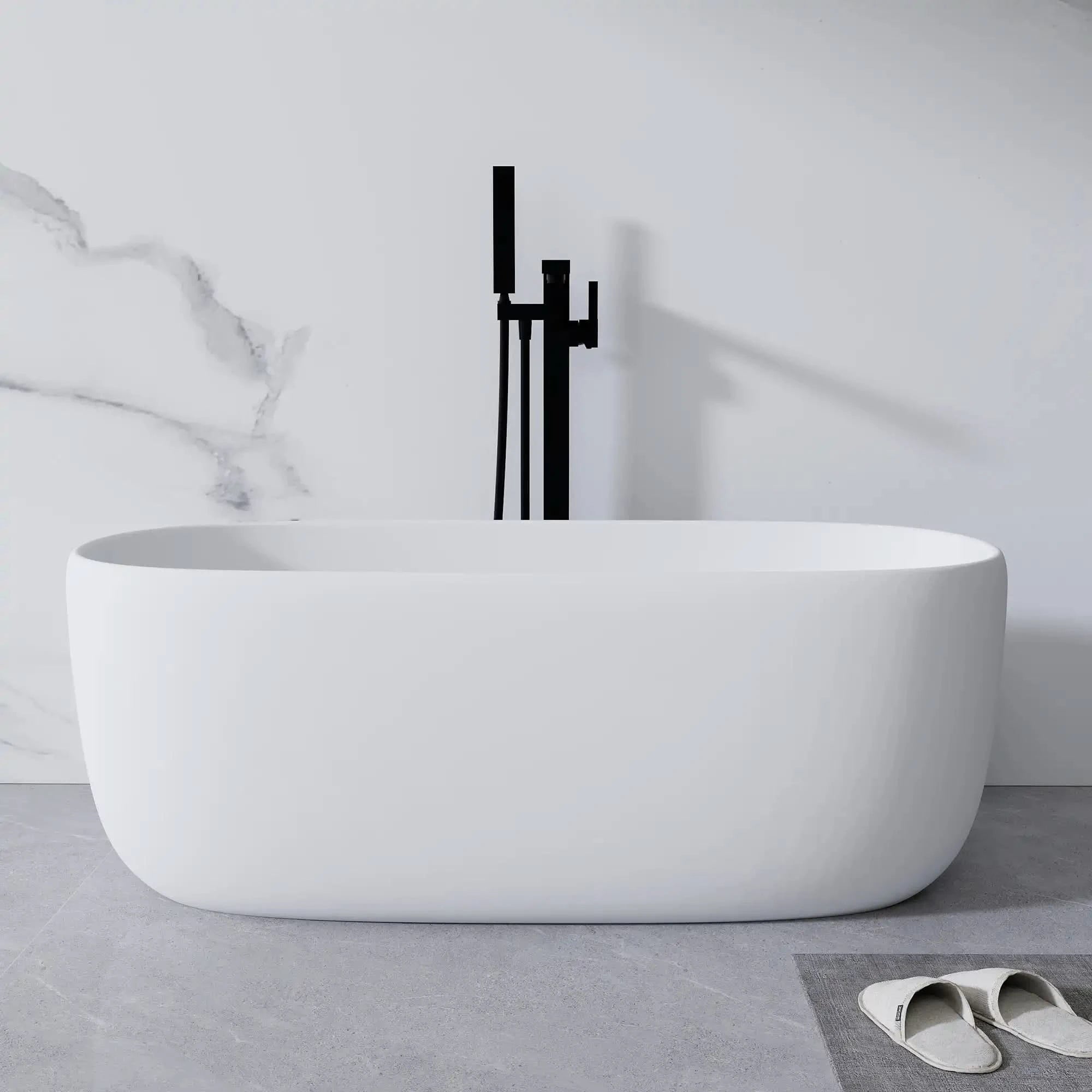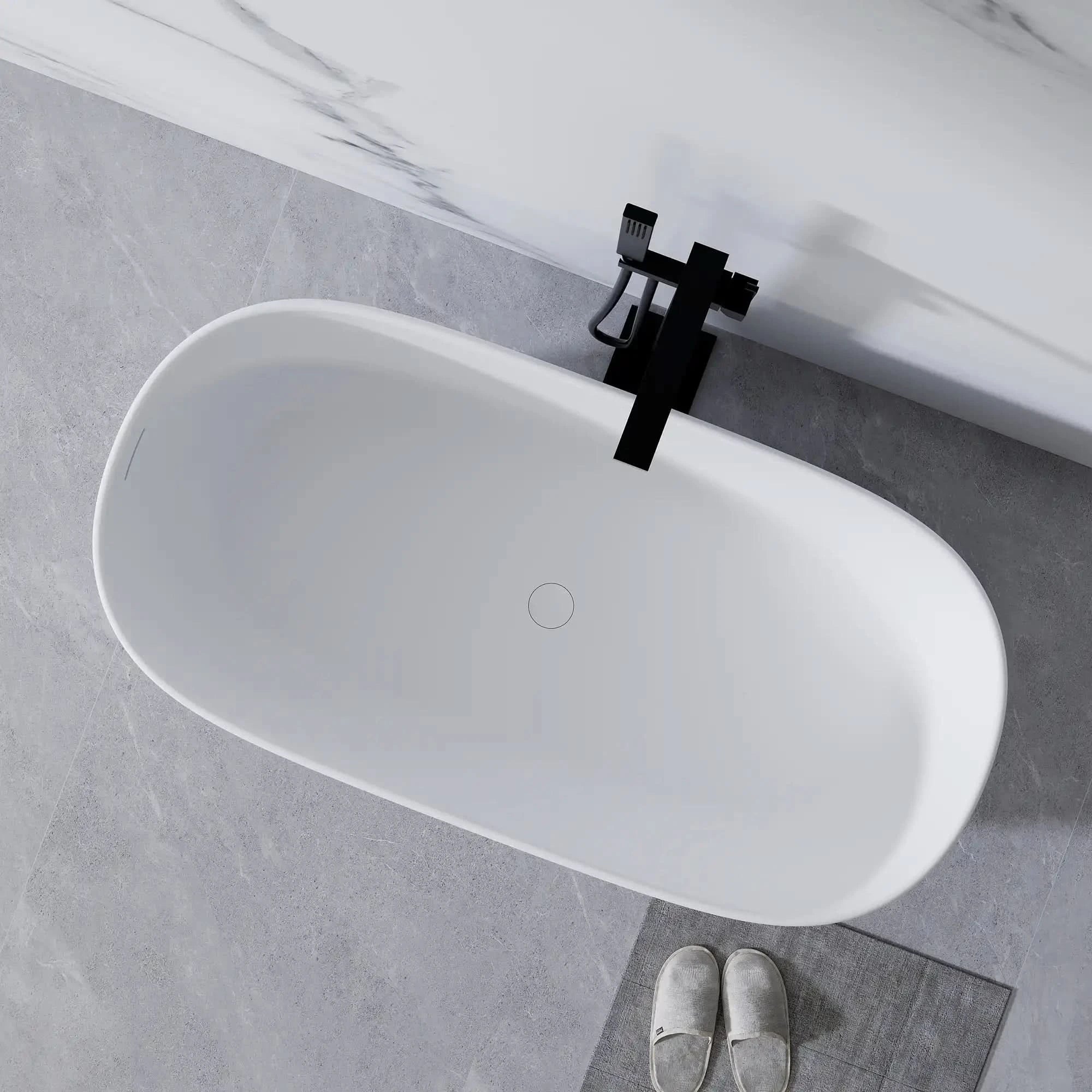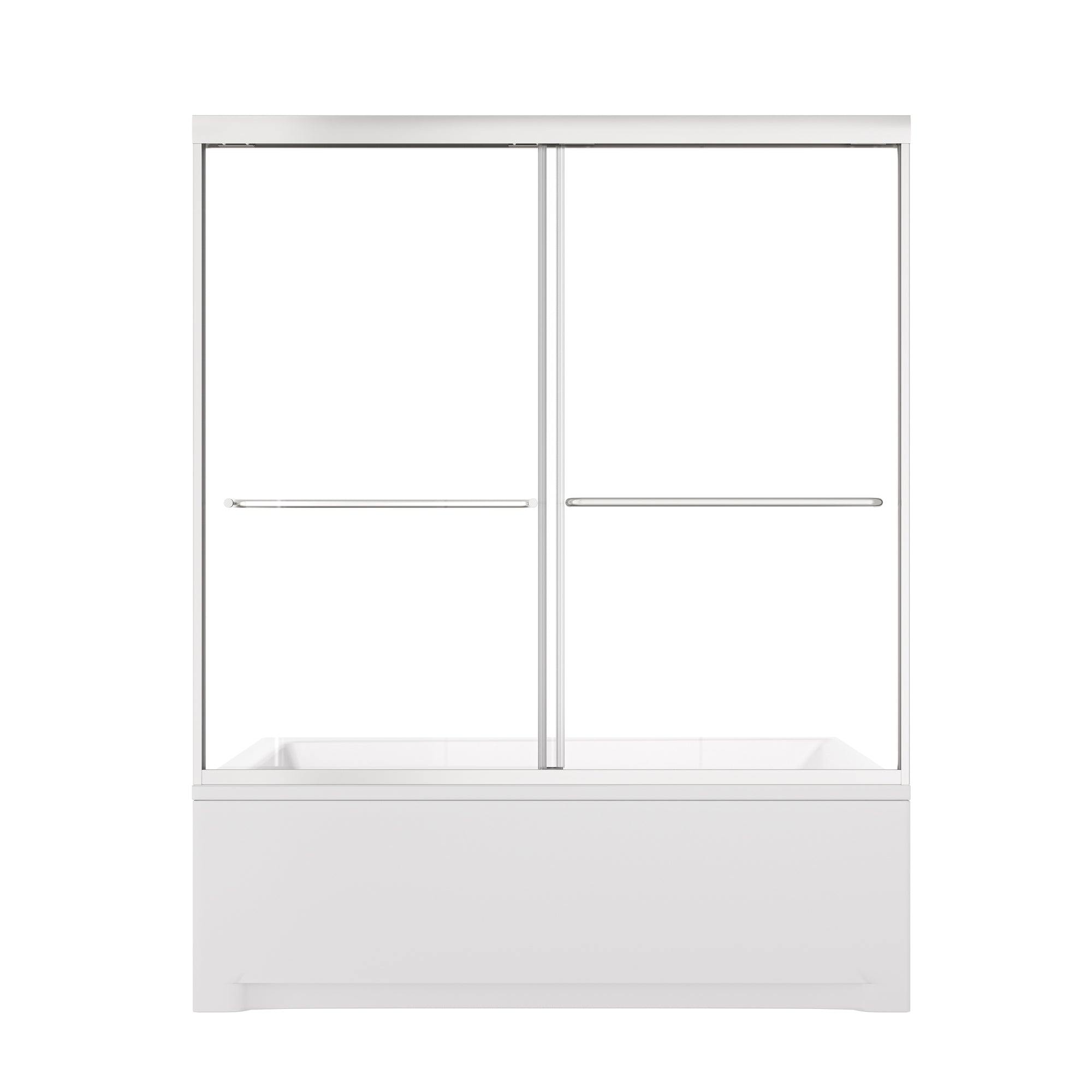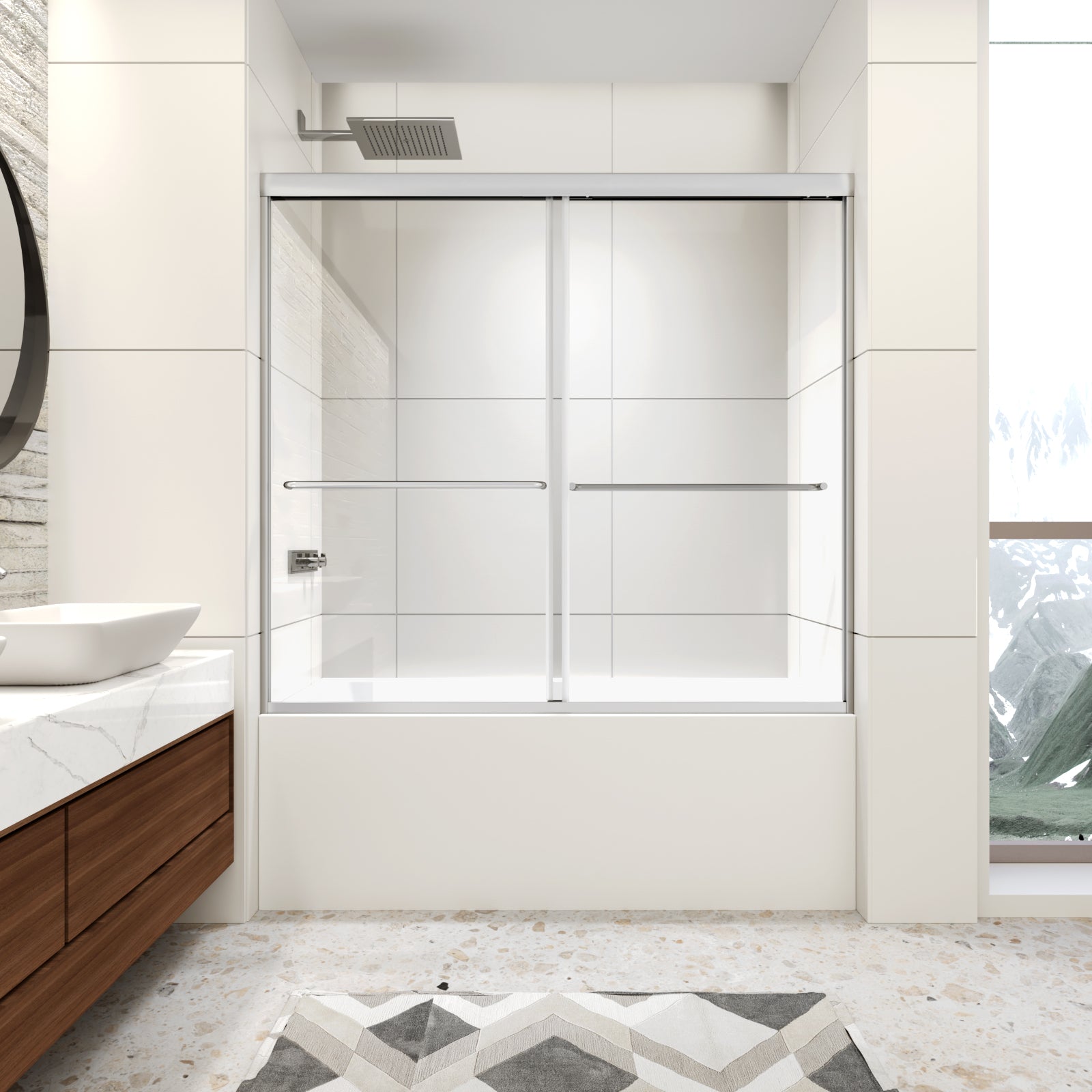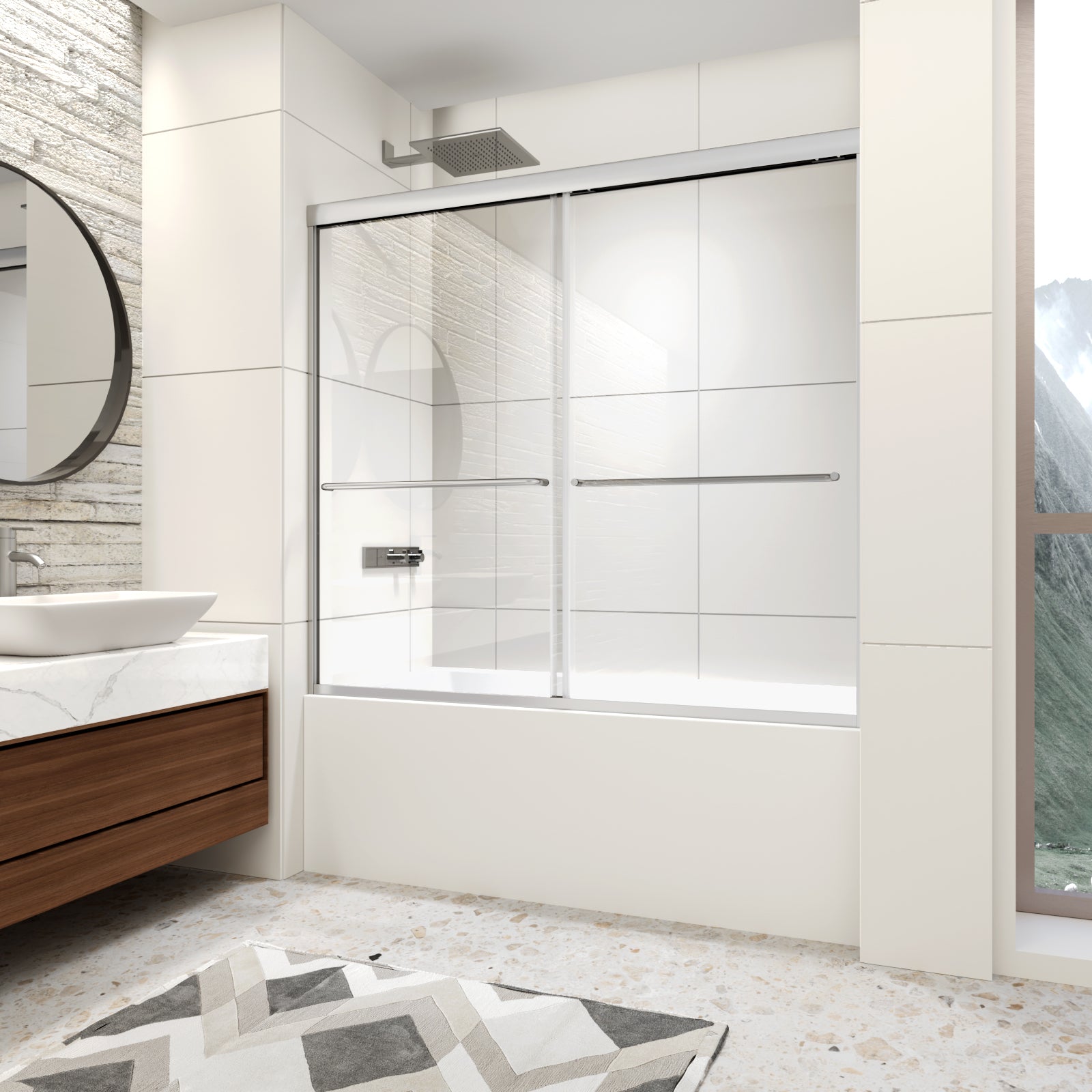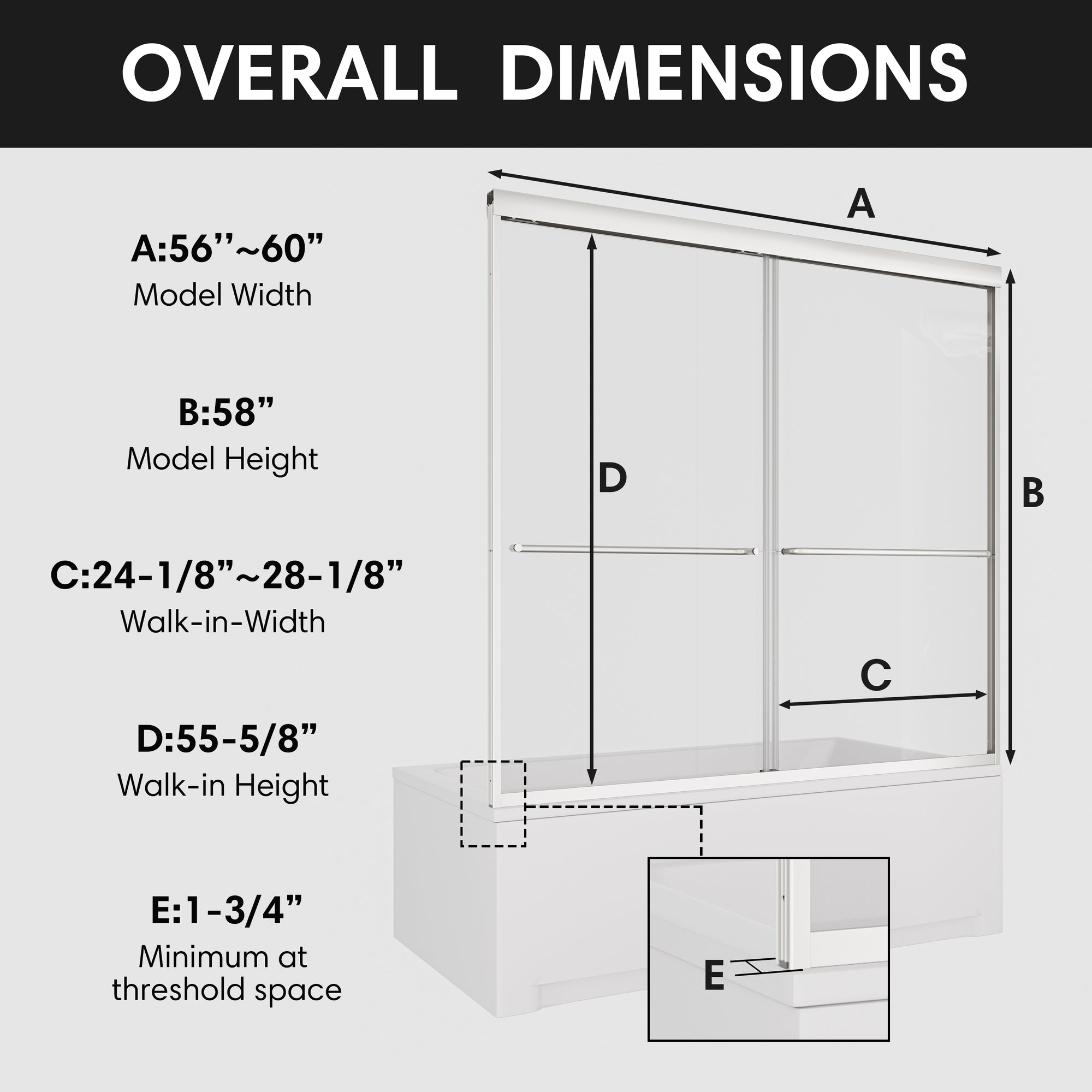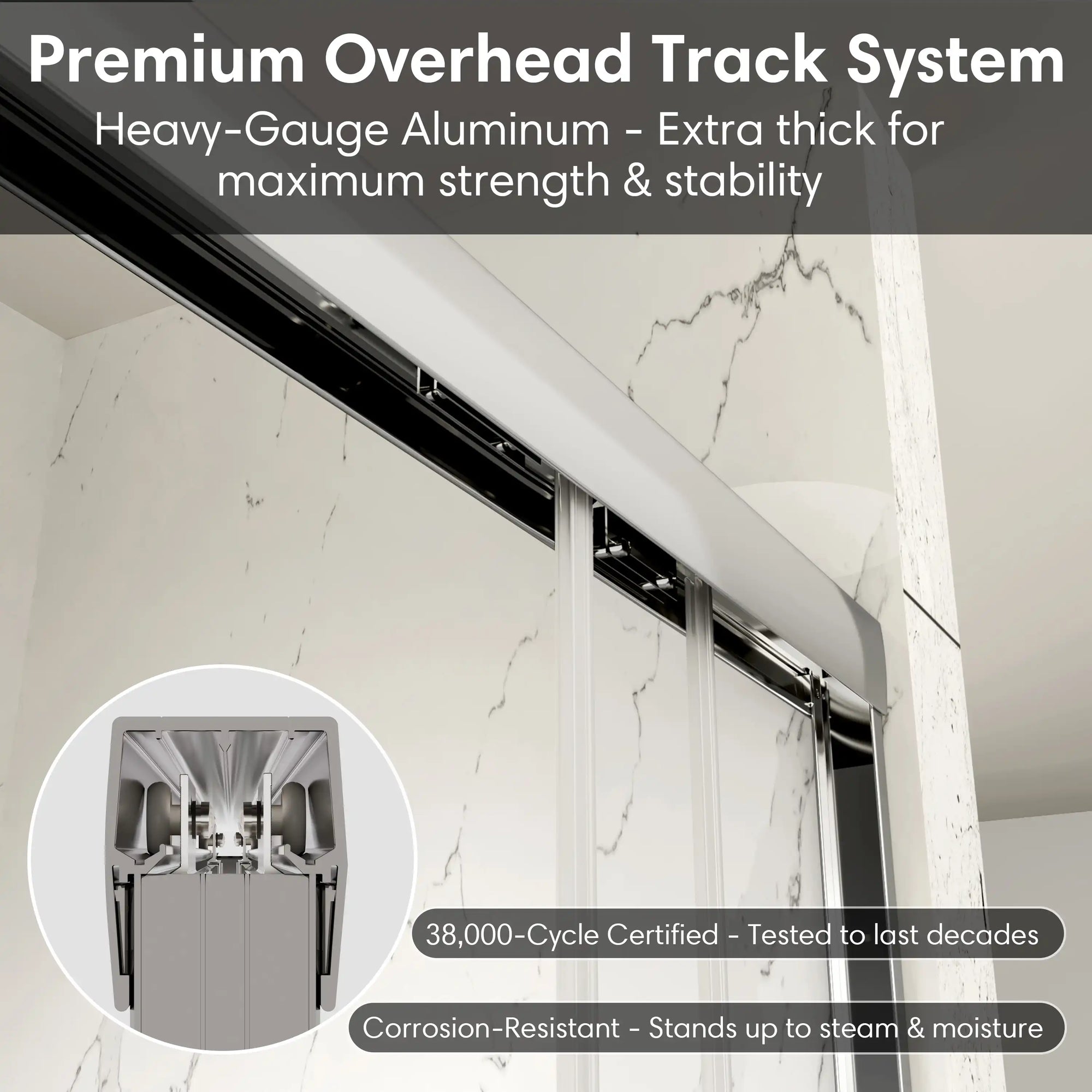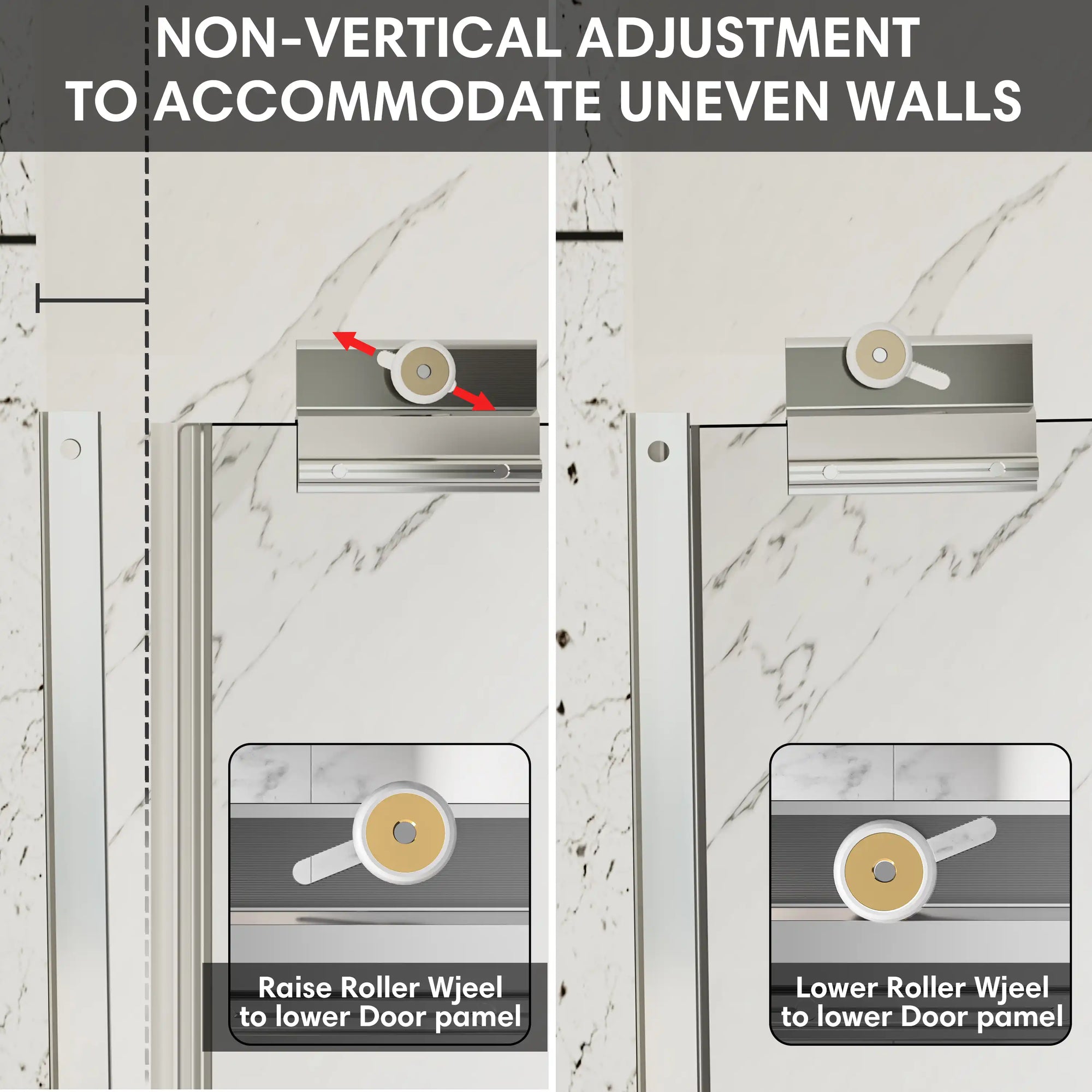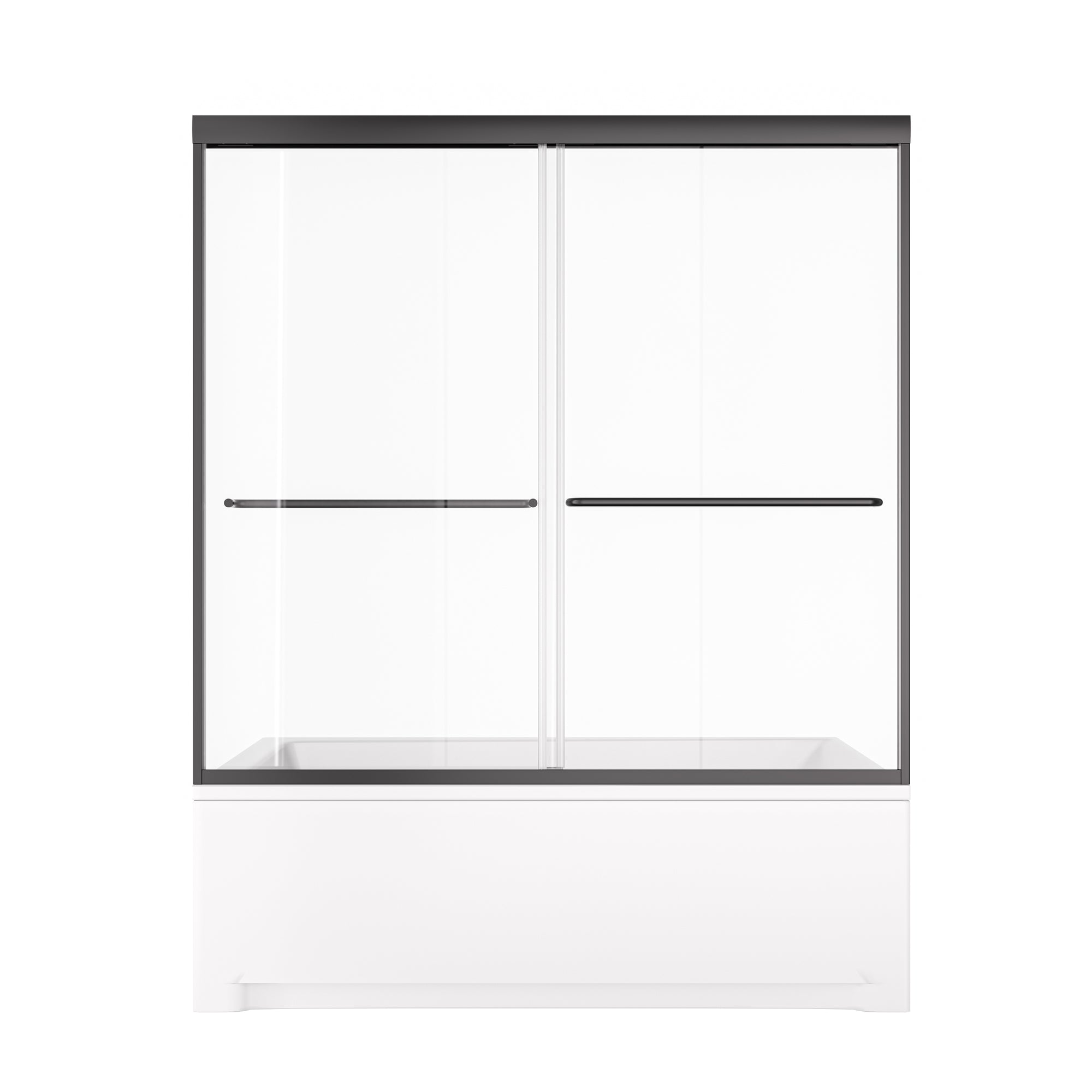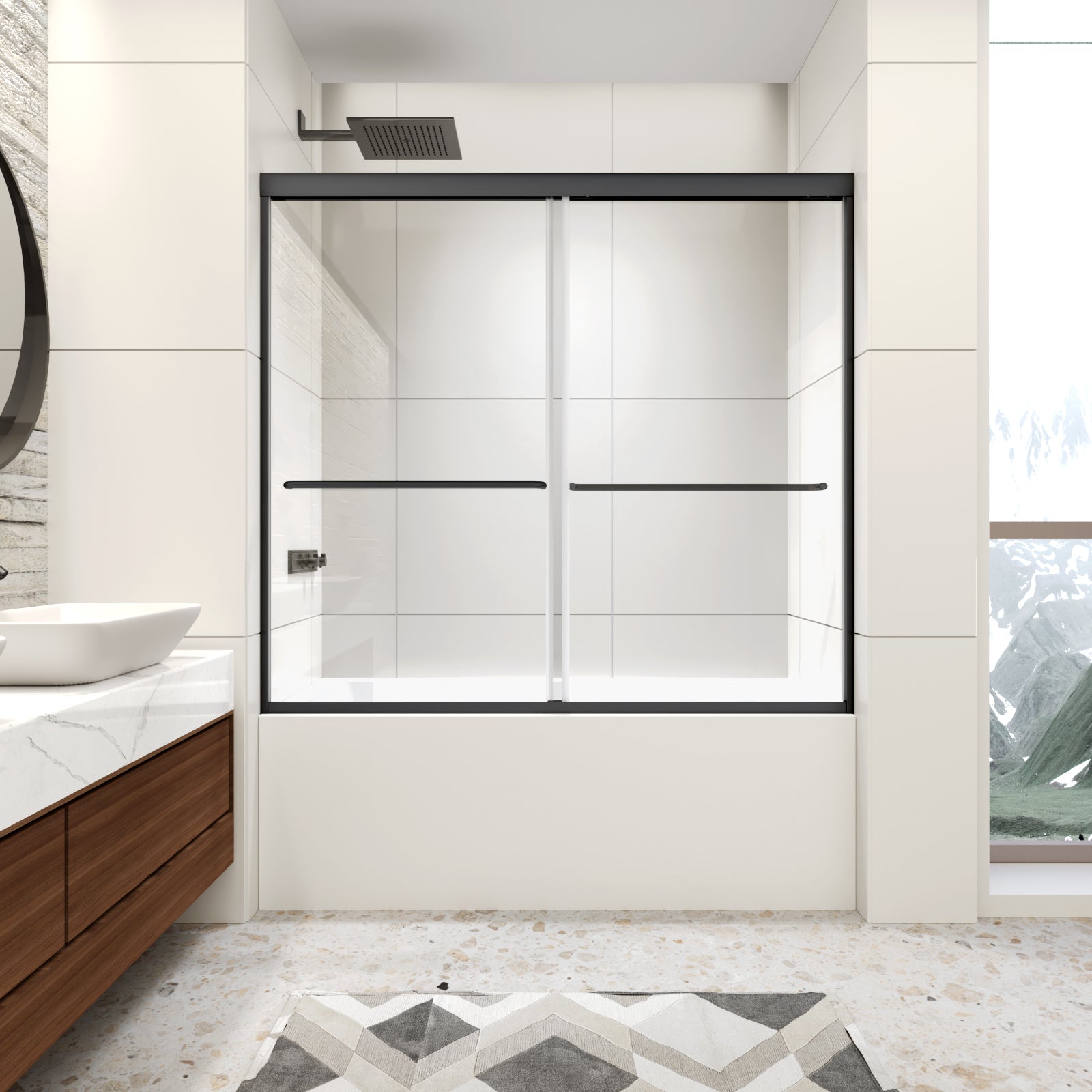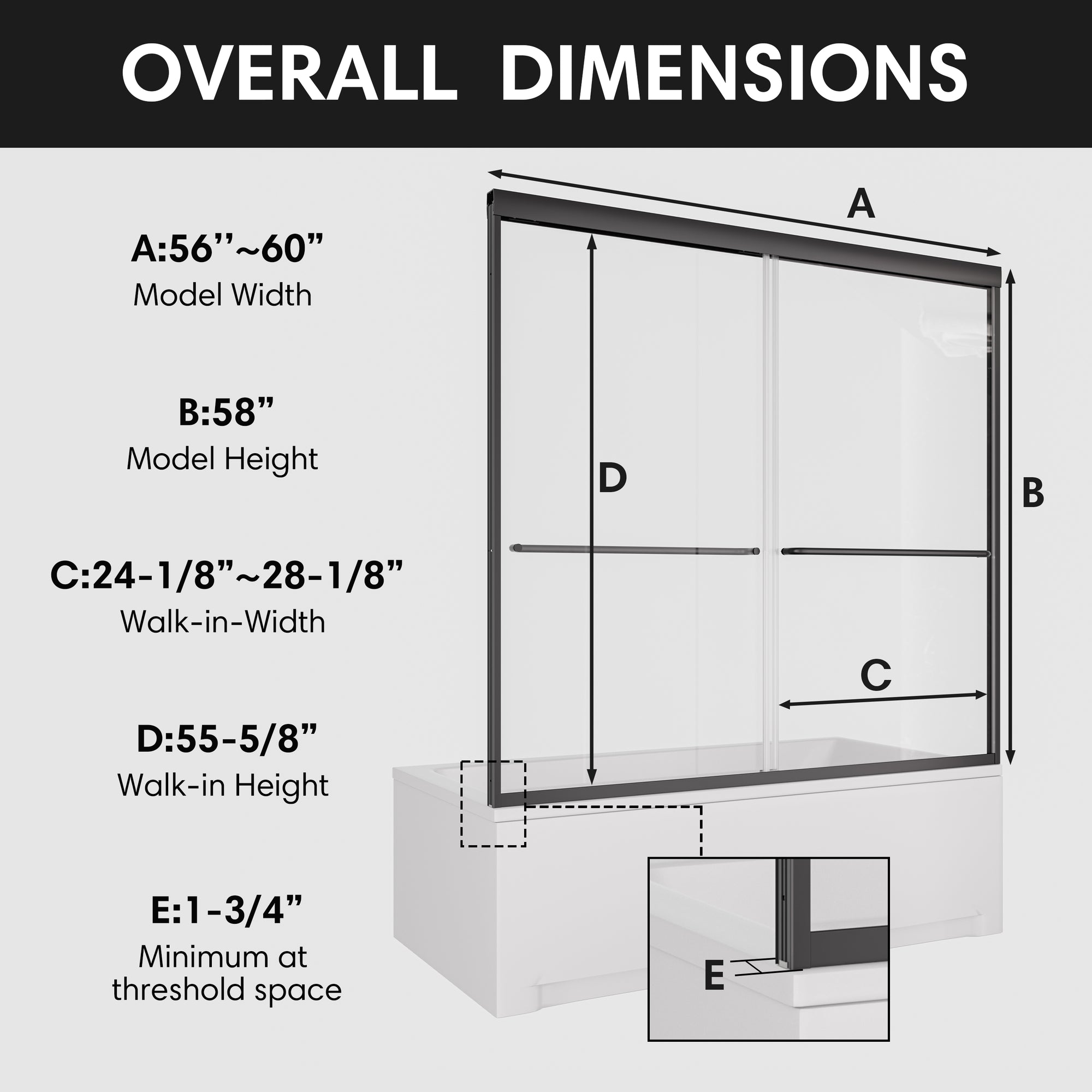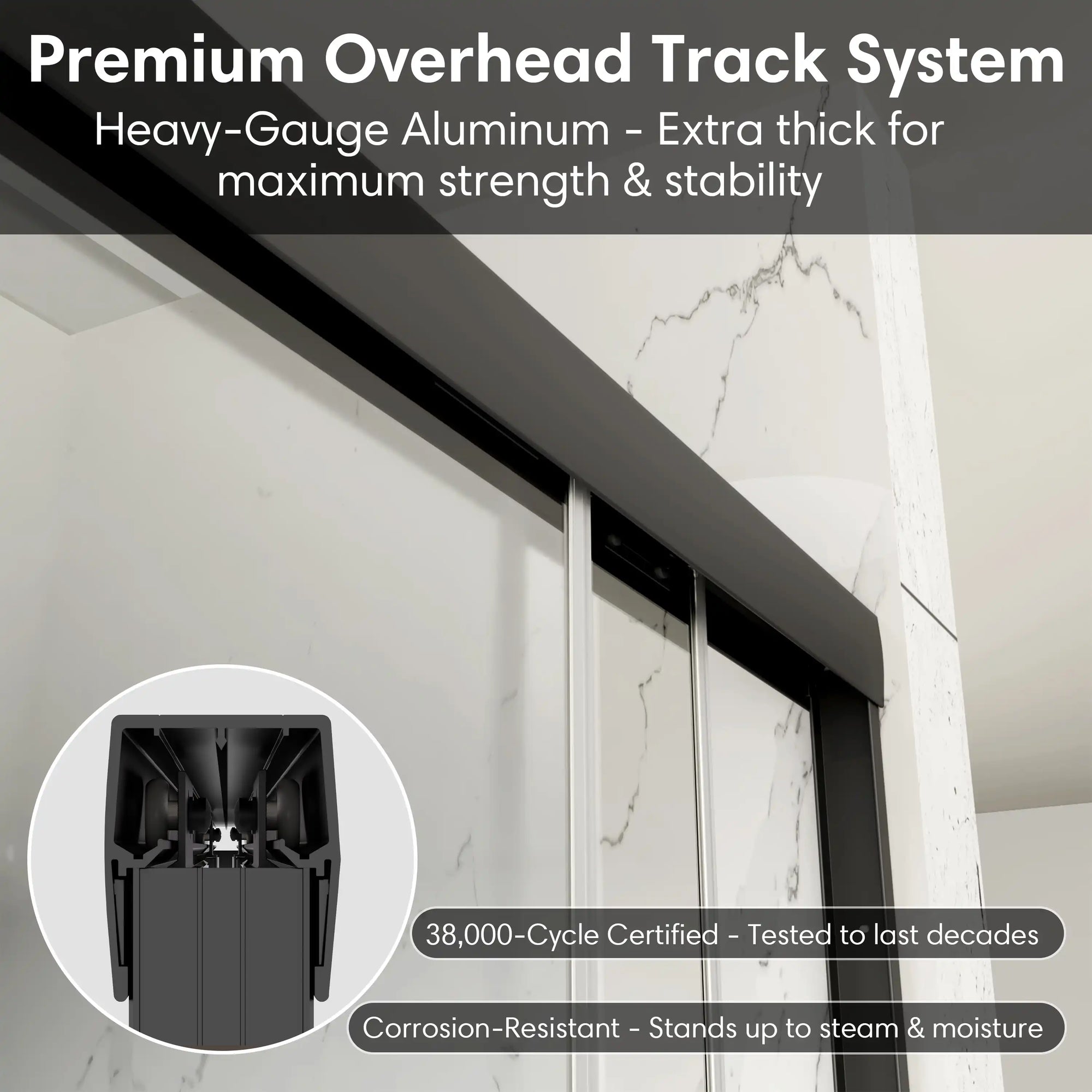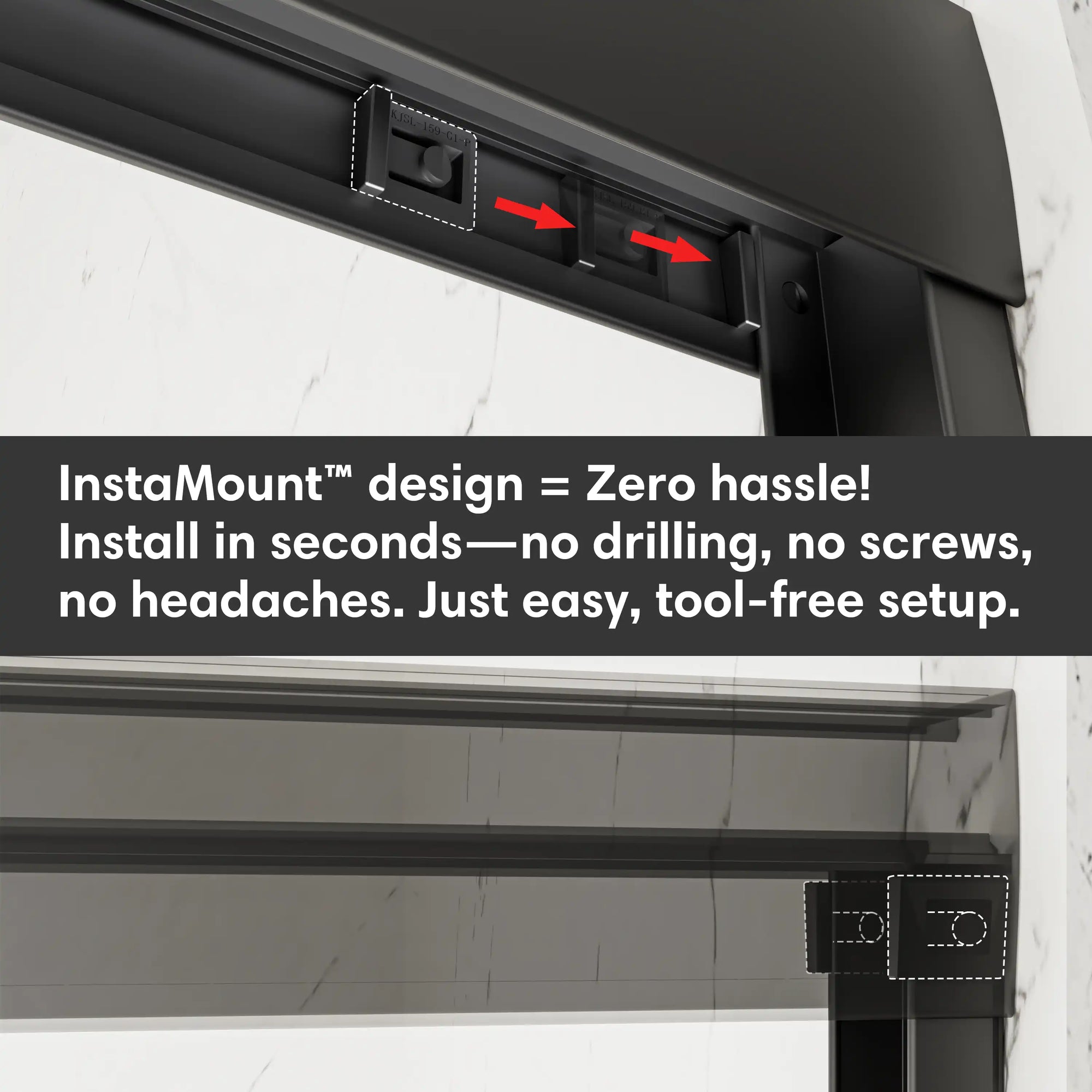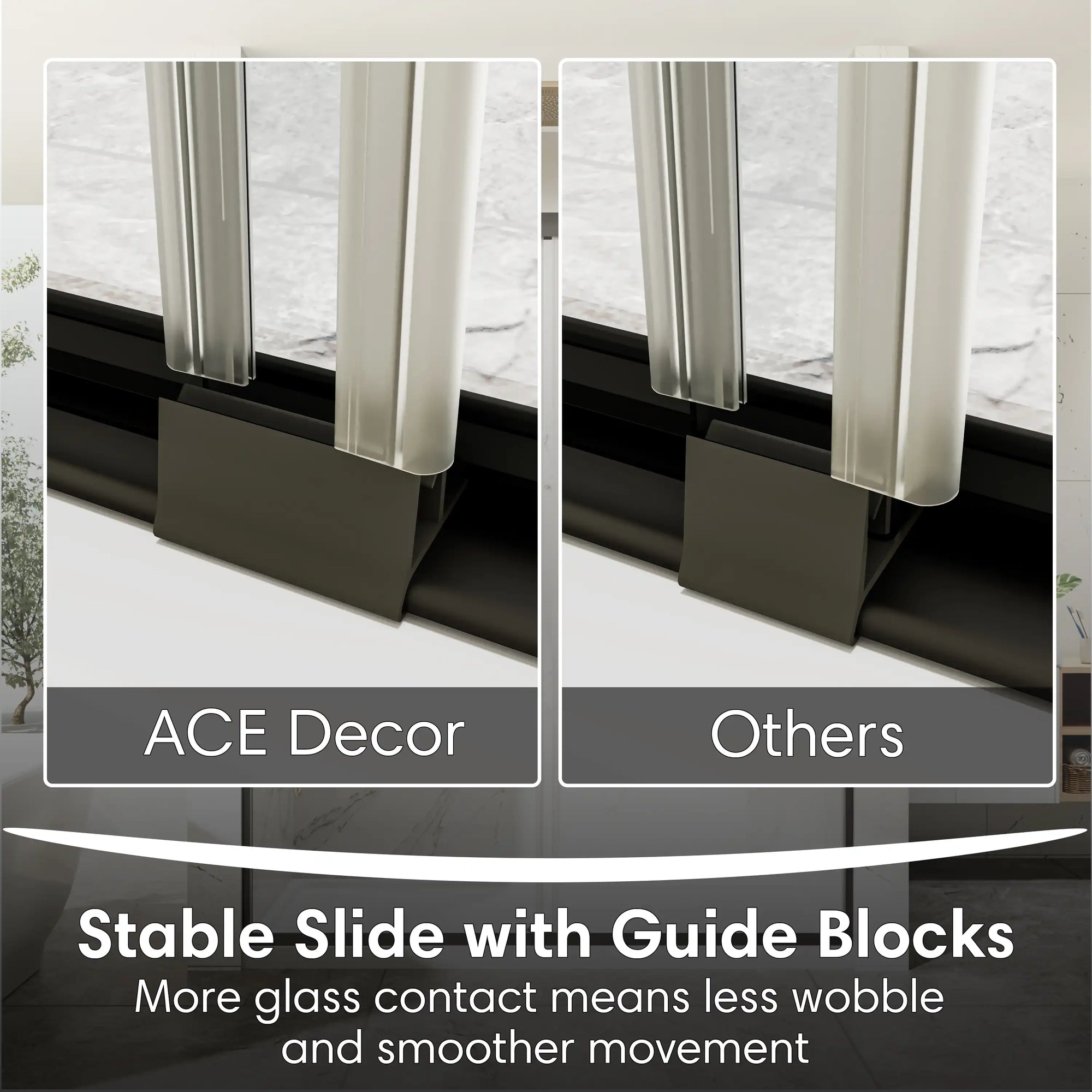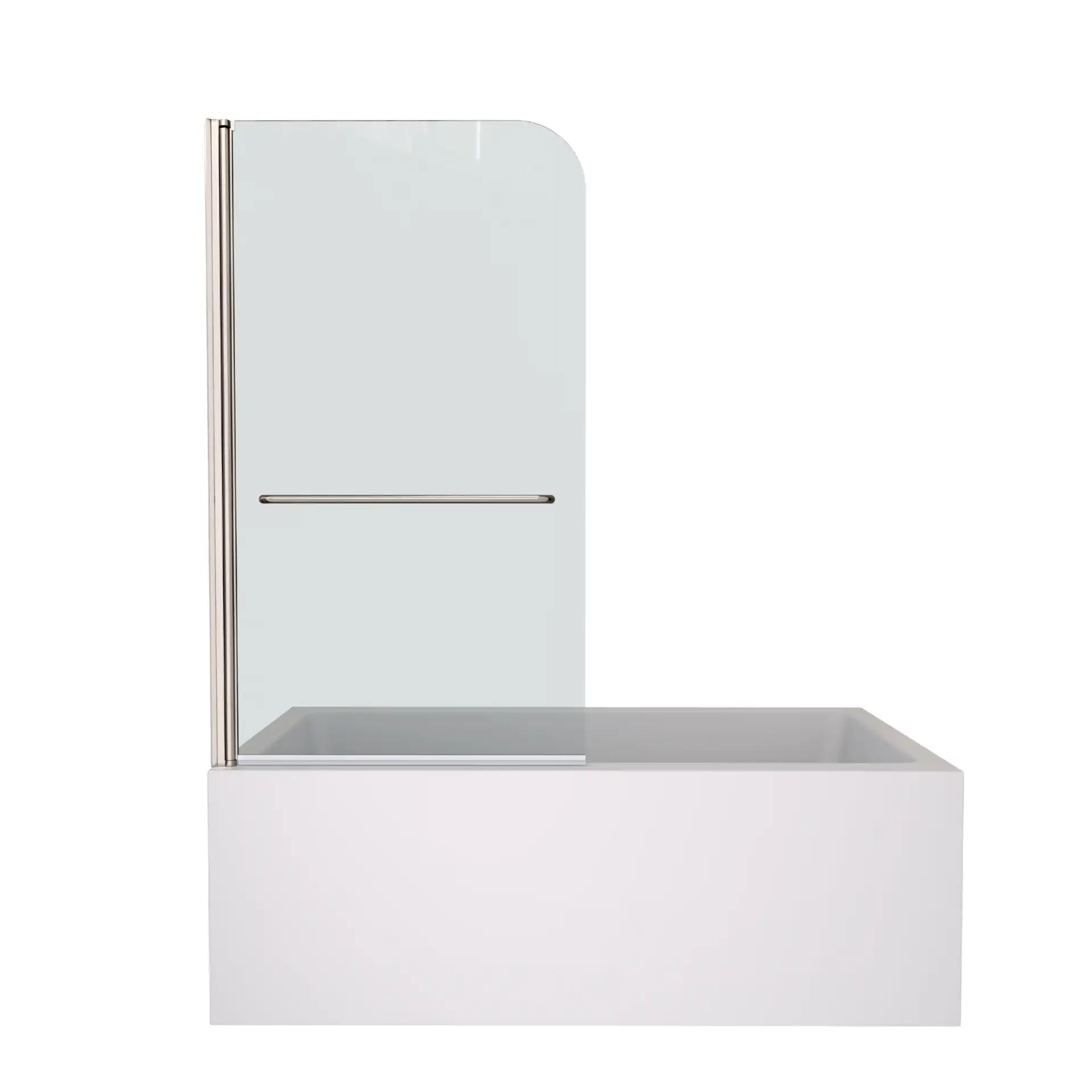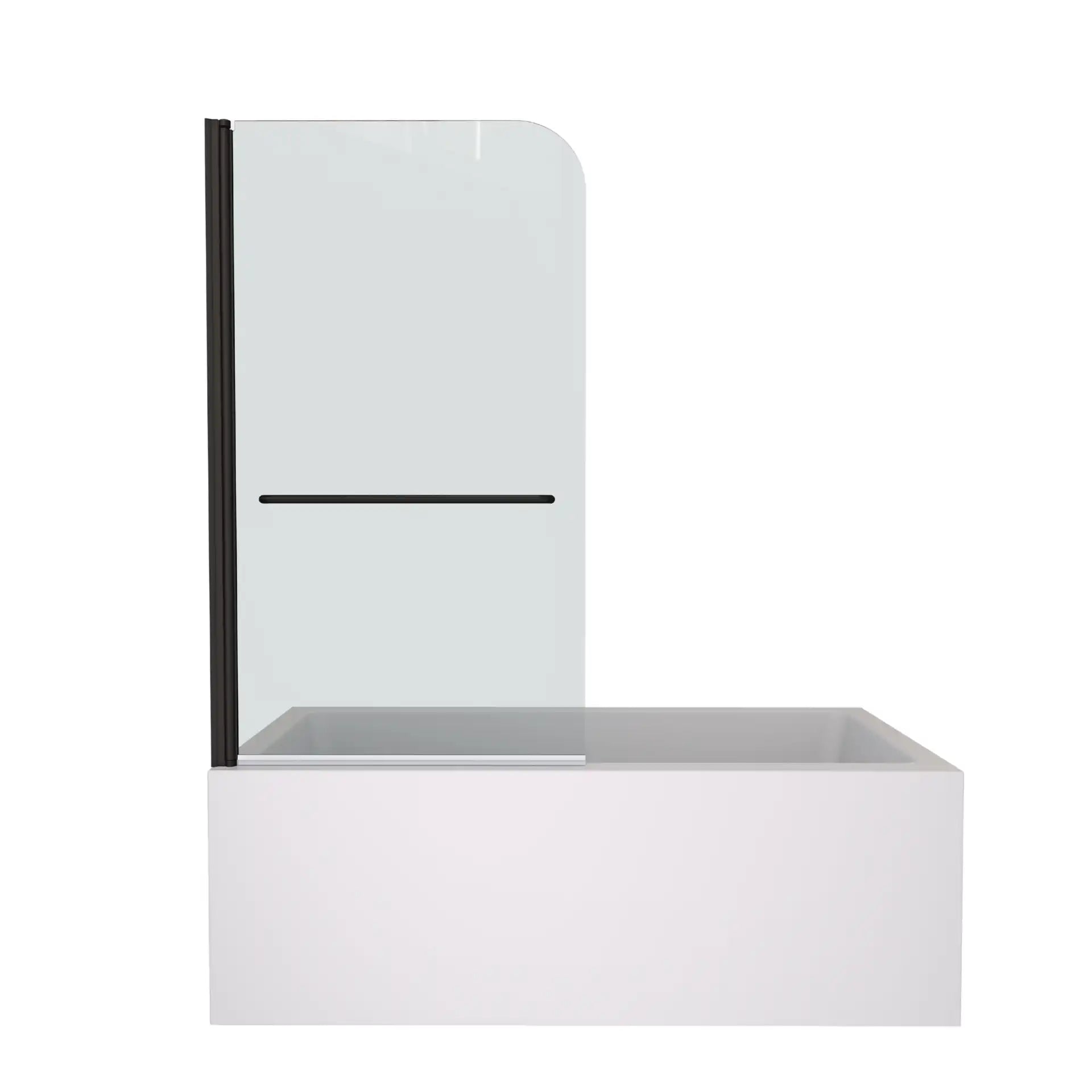Choosing the perfect bathtub for your home is no small task. With so many different types of bathtubs on the market, each offering unique features and benefits, it’s easy to feel overwhelmed. Whether you're remodeling your bathroom or designing a new space, the right bathtub can elevate your bathroom from a simple functional space to a luxurious retreat. But what type of bathtub is best for you?
In this article, we will explore the different types of bathtubs available, discuss their pros and cons, and help you find the best option for your needs. We’ll also highlight some of the best models from ACE DECOR, such as the LY Curved Freestanding Soaking Tub, LY Egg-Shaped Freestanding Soaking Tub, and LY Seamless Freestanding Soaking Tub, to give you inspiration for your next bathroom project.
What to Consider When Choosing the Best Type of Bathtub
Before we dive into the different types of bathtubs, it’s important to first consider a few key factors that will influence your decision.
1. Bathroom Space
The size of your bathroom is one of the most important factors when choosing a bathtub. Larger bathrooms can accommodate a range of styles, including freestanding tubs, while smaller bathrooms may require a more compact or built-in design.
2. Bathtub Purpose
How do you plan to use your bathtub? Is it for luxurious soaks at the end of a long day, or will it be a practical tub used daily by multiple family members? Your answer will help you determine the size, style, and features you need.
3. Material
Different bathtub materials offer varying levels of durability, heat retention, and maintenance requirements. We’ll go over the most common materials later in this guide.
4. Aesthetic Preferences
Your bathtub is a focal point in your bathroom, so its style should match your overall design preferences. From sleek and modern to vintage and elegant, the type of bathtub you choose should align with your personal style.
Types of Bathtubs: Which One is Best for You?
Now that you know what factors to consider, let’s explore the various types of bathtubs available on the market and discuss the advantages and disadvantages of each.
1. Freestanding Bathtubs
Freestanding bathtubs are designed to stand alone, not attached to any walls, giving you flexibility in placement. These tubs are ideal for homeowners who want to make a statement with their bathtub design. Available in a wide variety of shapes and sizes, freestanding tubs can fit both modern and traditional bathroom aesthetics.
Example: LY Curved Freestanding Soaking Tub
The LY Curved Freestanding Soaking Tub from ACE DECOR is an excellent example of a stylish freestanding bathtub. Its gentle curves add a touch of elegance to any bathroom, while its deep soaking design makes it perfect for relaxation. Freestanding tubs like this one create a focal point, drawing attention and making the bathroom feel more open and luxurious.
Pros:
- Eye-catching design that serves as the centerpiece of the bathroom.
- Offers flexibility in placement since it doesn’t need to be installed against a wall.
- Available in a range of shapes, sizes, and materials.
Cons:
- Requires more floor space than other types of tubs.
- Plumbing may be more complicated depending on the placement.
2. Built-in or Alcove Bathtubs
Built-in bathtubs, also known as alcove tubs, are the most common type of tub. These tubs are installed into a three-wall enclosure, making them space-efficient and ideal for smaller bathrooms. They are often paired with a showerhead, making them a practical solution for bathrooms that need to serve multiple functions.
Pros:
- Space-efficient, making them ideal for smaller bathrooms.
- Often integrated with a shower, offering versatility.
- Typically more affordable than freestanding tubs.
Cons:
- Limited in terms of design options compared to freestanding tubs.
- Less luxurious and more utilitarian in appearance.
3. Drop-In Bathtubs
Drop-in bathtubs are similar to built-in tubs but are installed in a pre-built deck or surround. This gives the tub a more finished, custom look. Drop-in tubs are a good option for those looking for a sleek, integrated design.
Pros:
- Can be customized with tile or other materials for a seamless look.
- More control over the placement of the tub.
Cons:
- Requires additional construction to build the deck or surround.
- Takes up more space than an alcove tub.
4. Clawfoot Bathtubs
For a classic and vintage look, clawfoot tubs offer old-world charm with their decorative feet. These freestanding tubs are ideal for bathrooms with a traditional or eclectic design. While they offer an elegant aesthetic, they may not be the most practical for everyday use in busy family bathrooms.
Pros:
- Timeless, elegant design that adds character to any bathroom.
- Freestanding, giving flexibility in placement.
Cons:
- Takes up more floor space than built-in options.
- Less practical for modern or minimalist bathroom designs.
Best Materials for Bathtubs: What’s Right for You?
Choosing the right material for your bathtub is just as important as choosing the style. Here’s a breakdown of the most popular bathtub materials and their pros and cons.
1. Acrylic
Acrylic is one of the most popular materials for bathtubs due to its affordability, versatility, and ease of maintenance. Acrylic tubs are lightweight, available in a wide range of shapes and sizes, and retain heat well, making them a great option for those who enjoy long baths.
Pros:
- Affordable and versatile.
- Lightweight and easy to install.
- Retains heat well.
Cons:
- Can scratch or discolor over time if not properly maintained.
2. Stone Resin
For a luxurious and durable option, stone resin bathtubs are an excellent choice. This material combines the strength of natural stone with a smooth, sleek finish, creating a high-end look that retains heat well and feels solid underfoot.
Example: LY Seamless Freestanding Soaking Tub
The LY Seamless Freestanding Soaking Tub from ACE DECOR showcases the beauty and durability of stone resin. Its seamless design creates a modern, minimalist look, while its material ensures the water stays warm for longer periods, making it ideal for those who enjoy long, relaxing baths.
Pros:
- Durable and long-lasting.
- Offers a luxurious, high-end look.
- Excellent heat retention for comfortable soaks.
Cons:
- More expensive than acrylic or fiberglass.
- Heavier, which may require additional floor support.
3. Cast Iron
Cast iron bathtubs are known for their exceptional durability and heat retention. These tubs are made from a layer of cast iron coated with enamel, giving them a classic, glossy appearance. While they are incredibly durable, they are also very heavy, which can make installation more challenging.
Pros:
- Incredibly durable and long-lasting.
- Excellent heat retention for longer soaks.
- Resistant to scratching and chipping.
Cons:
- Very heavy, which may require additional floor reinforcement.
- More expensive and difficult to install.
4. Fiberglass
Fiberglass is an affordable and lightweight material, making it a practical choice for budget-conscious homeowners. However, fiberglass is less durable than other materials and may not retain heat as well.
Pros:
- Affordable and lightweight.
- Easy to install.
Cons:
- Less durable than acrylic or cast iron.
- More prone to scratches and stains.
How to Choose the Best Bathtub for Your Space
Selecting the right type of bathtub for your space involves more than just picking a style and material. Here’s how to narrow down your choices based on your specific needs.
1. For Small Bathrooms
If space is a concern, a compact or built-in bathtub may be the best option. Alcove tubs are ideal for smaller bathrooms because they make efficient use of wall space. A compact freestanding tub like the LY Egg-Shaped Freestanding Soaking Tub offers a stylish alternative without taking up too much room. Its sleek, egg-shaped design is perfect for modern bathrooms, combining functionality and aesthetics.
2. For Large Bathrooms
In a larger bathroom, you have more flexibility in choosing a statement bathtub. Freestanding tubs are perfect for creating a luxurious spa-like environment. The LY Curved Freestanding Soaking Tub offers a stunning, modern design that becomes the focal point of the bathroom.
3. For Families
For busy households, a built-in or alcove tub that includes a shower is often the most practical choice. These tubs are durable, easy to clean, and offer versatility for everyday use.
Frequently Asked Questions (FAQ)
Q1: What type of bathtub is best for small bathrooms?
A: For small bathrooms, alcove bathtubs or compact freestanding tubs like the LY Egg-Shaped Freestanding Soaking Tub are ideal. They maximize space while still offering a luxurious bathing experience.
Q2: What material is best for heat retention in bathtubs?
A: Cast iron and stone resin are known for their excellent heat retention, making them ideal for those who enjoy long, warm soaks. The LY Seamless Freestanding Soaking Tub is a great stone resin option that keeps water warm for extended periods.
Q3: Are freestanding bathtubs practical?
A: Freestanding bathtubs are practical in larger bathrooms where space is not a concern. They are great for creating a luxurious, spa-like atmosphere. Models like the LY Curved Freestanding Soaking Tub are designed for comfort and style, making them a great choice for those who want both beauty and function.
Q4: What’s the most budget-friendly bathtub material?
A: Acrylic and fiberglass are the most budget-friendly materials. They are lightweight, easy to install, and come in a variety of designs.
Q5: How do I maintain a stone resin bathtub?
A: Stone resin bathtubs are low maintenance but should be cleaned regularly with mild, non-abrasive cleaners. Avoid using harsh chemicals that can damage the smooth finish.
Conclusion
Choosing the best type of bathtub for your bathroom depends on various factors, including space, style, and function. Freestanding bathtubs like the LY Curved Freestanding Soaking Tub offer a modern, luxurious experience, while built-in tubs provide a practical, space-efficient solution for smaller bathrooms. By considering your personal needs and design preferences, you can find the perfect bathtub to enhance your home.
ACE DECOR offers a wide range of high-quality bathtubs, including the LY Seamless Freestanding Soaking Tub and LY Egg-Shaped Freestanding Soaking Tub, ensuring you find the ideal tub for your bathroom design.

